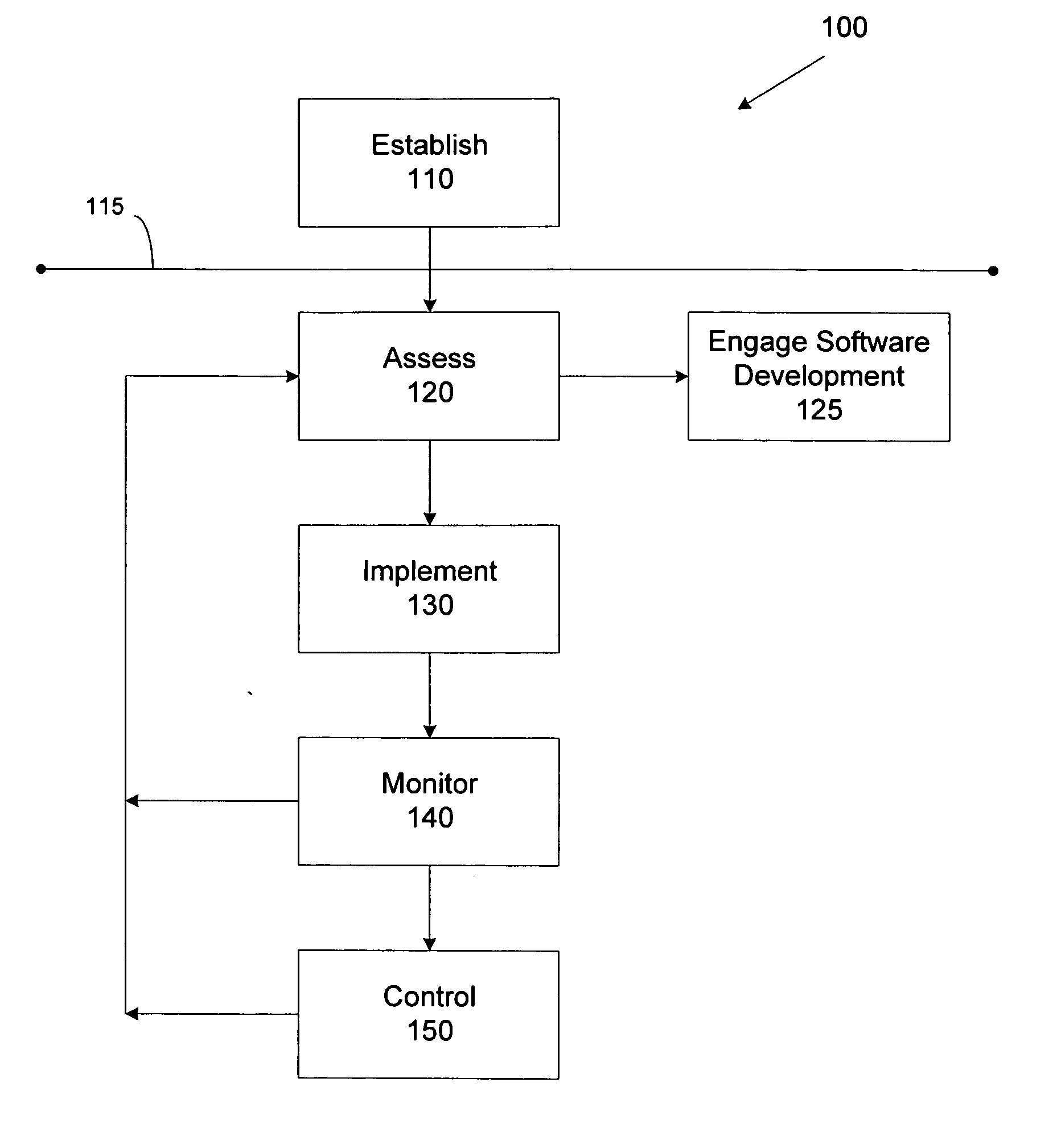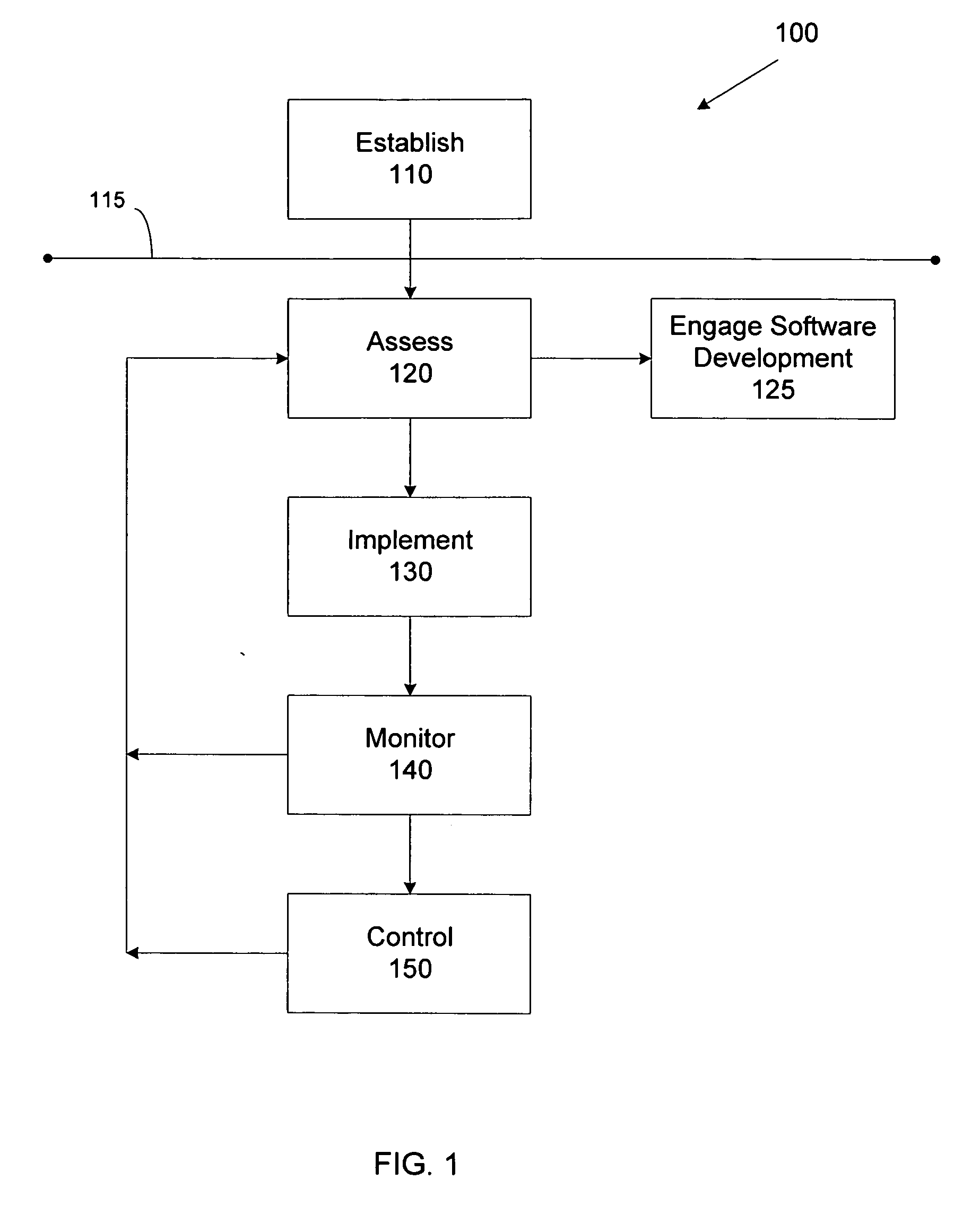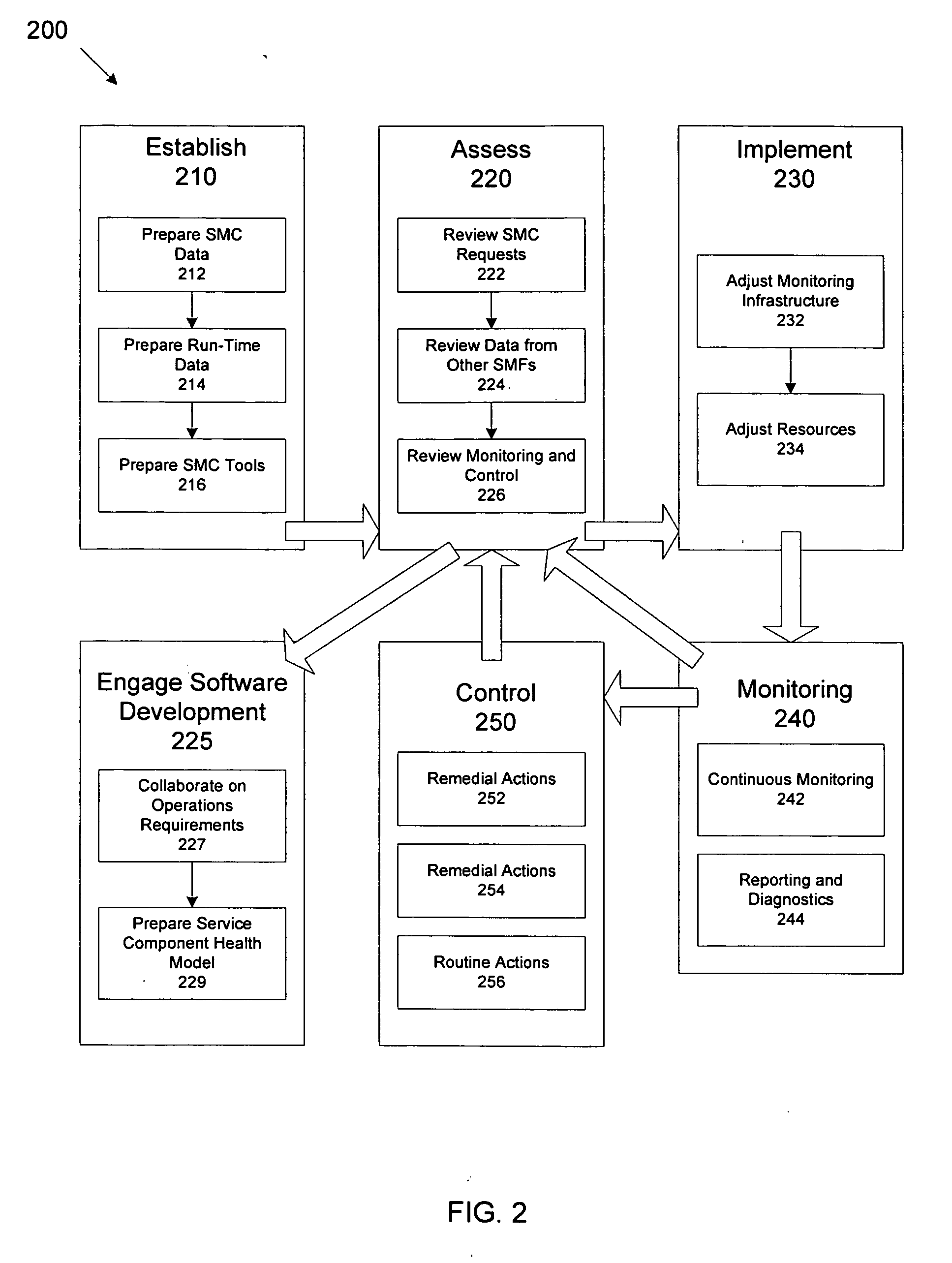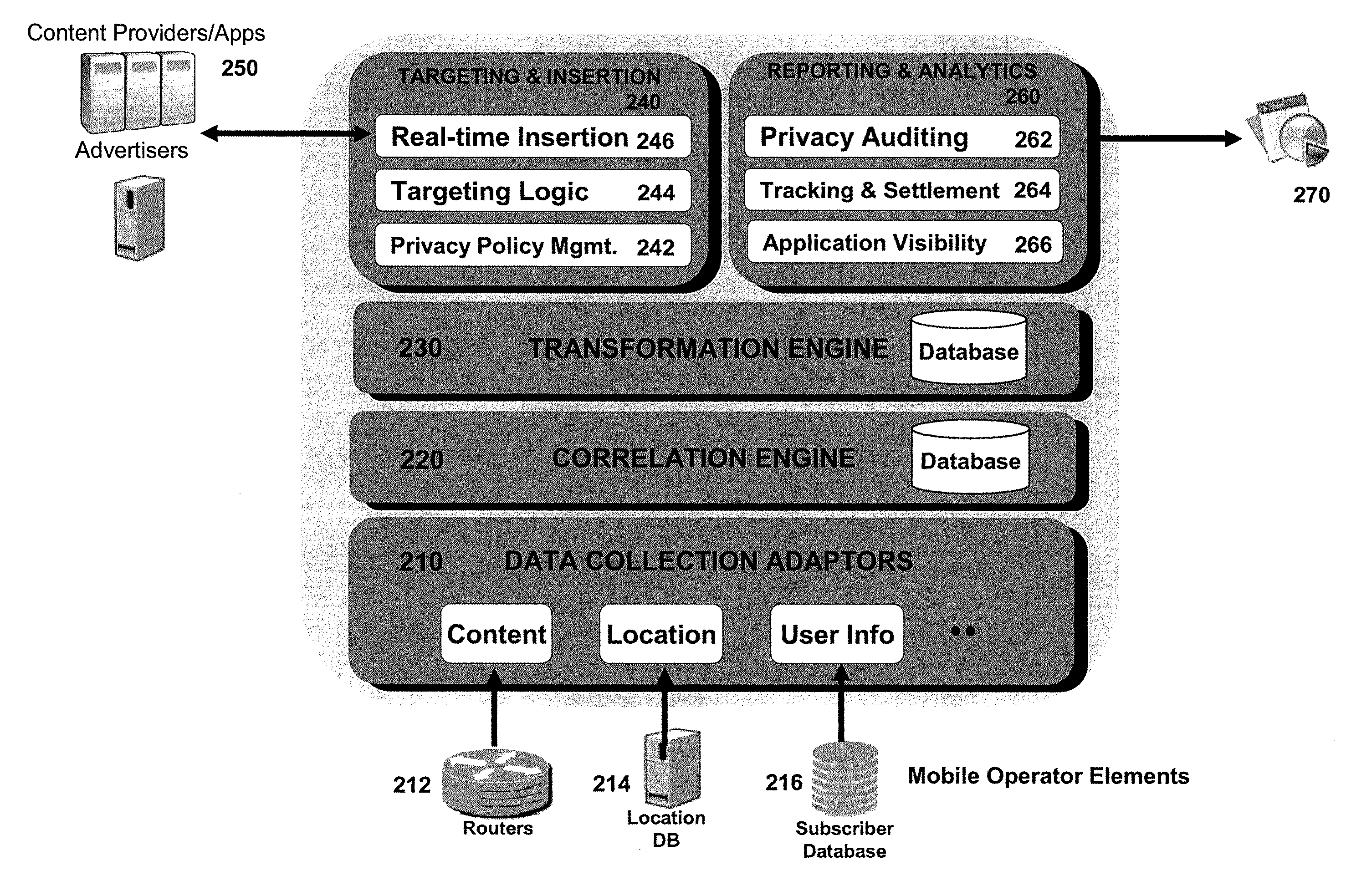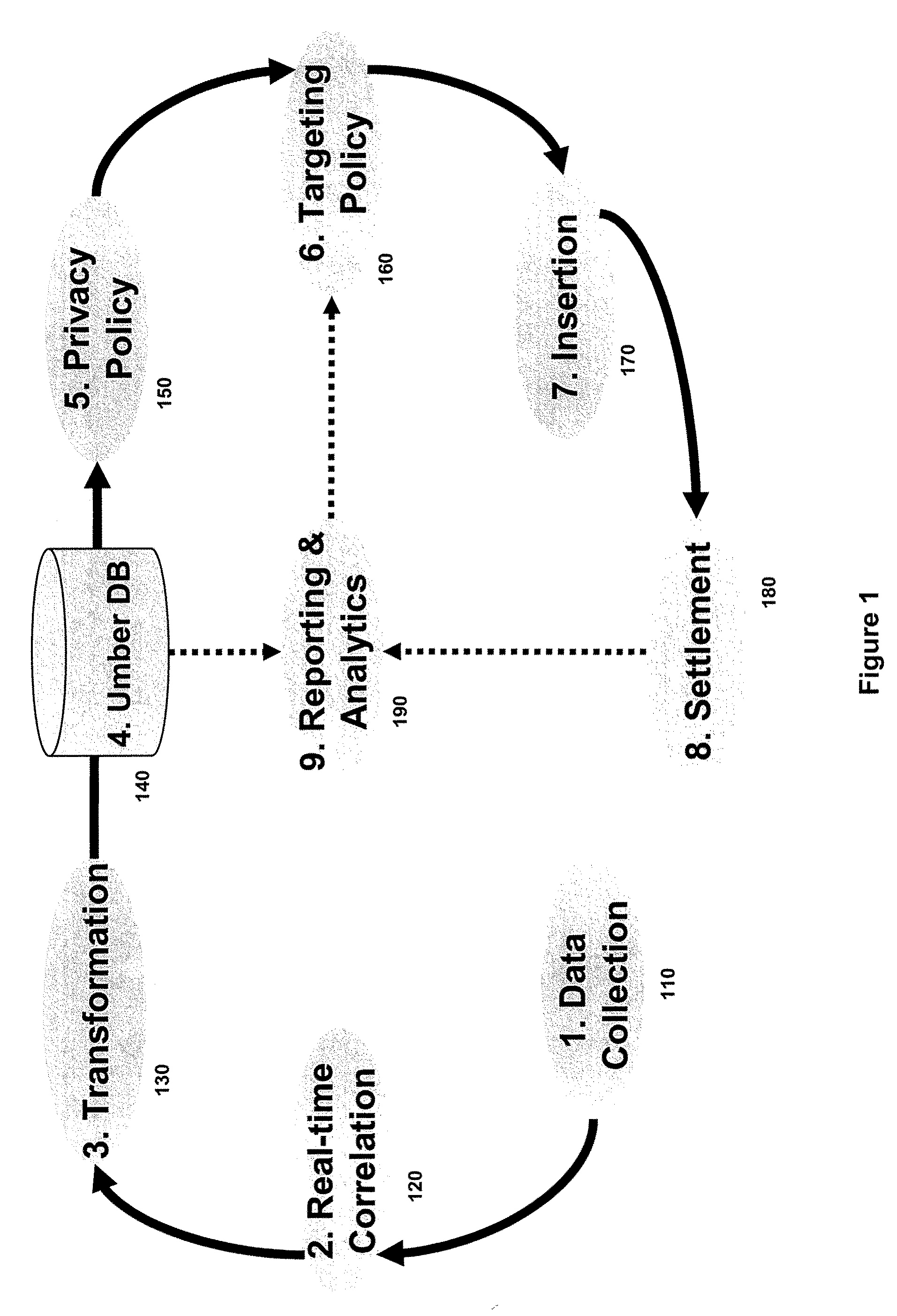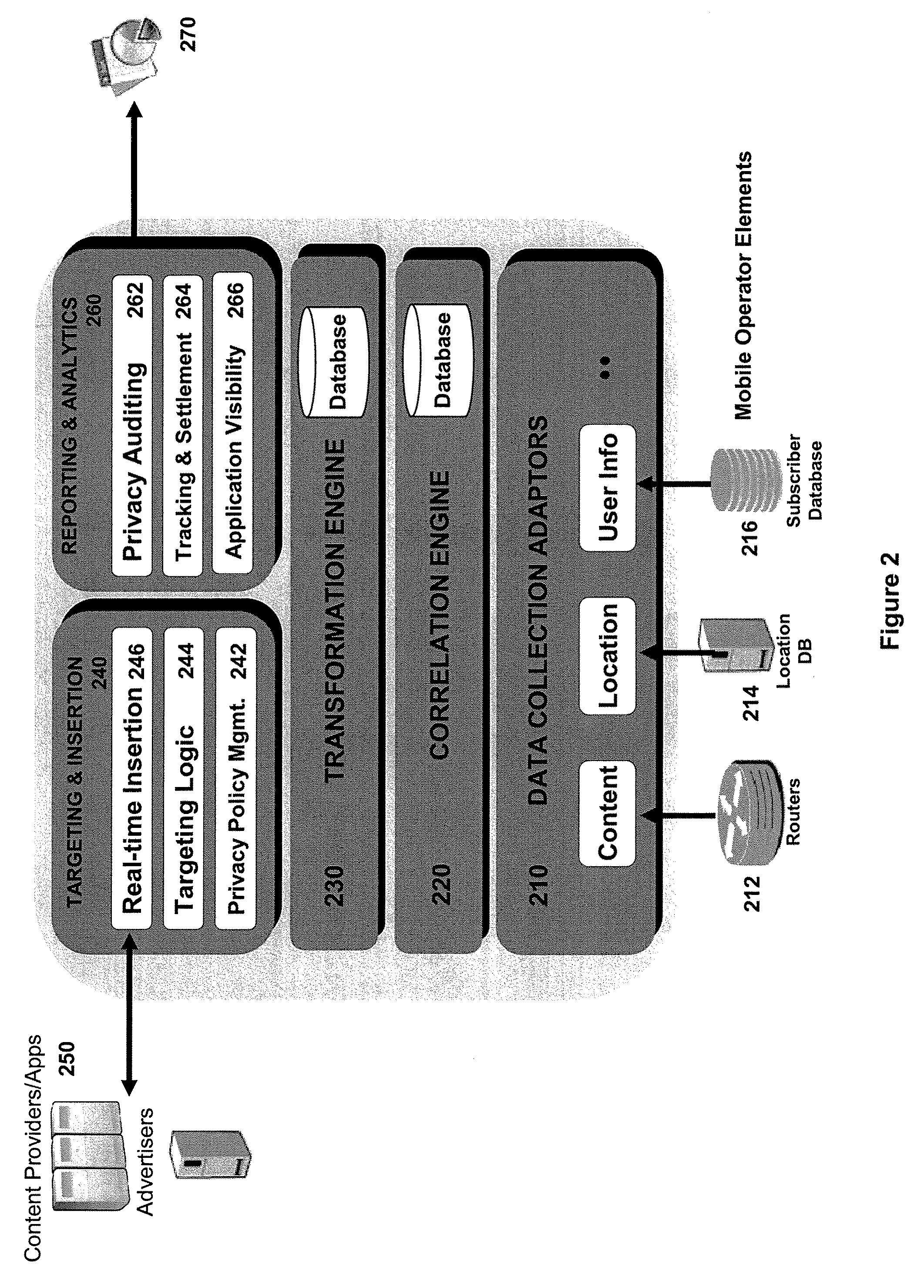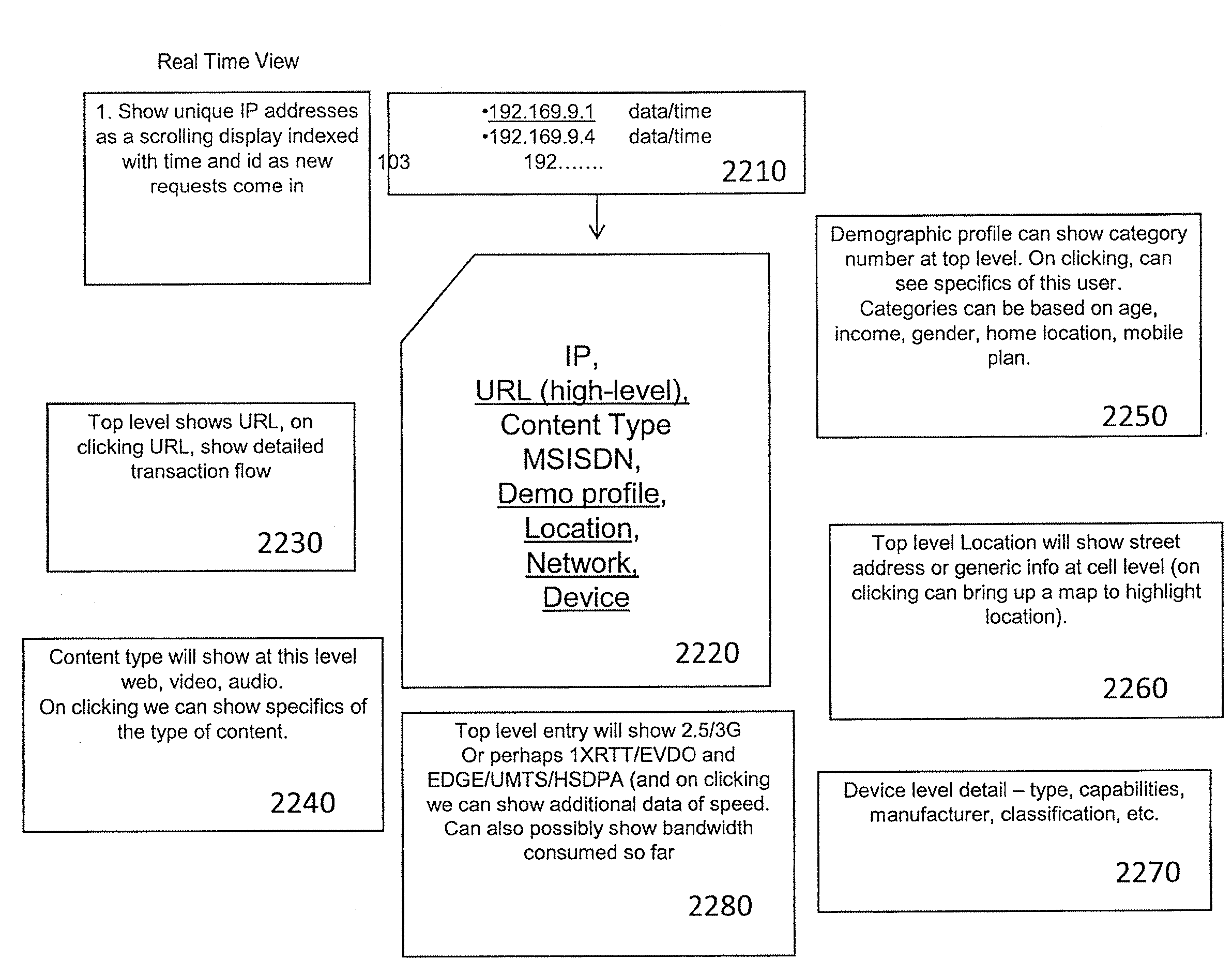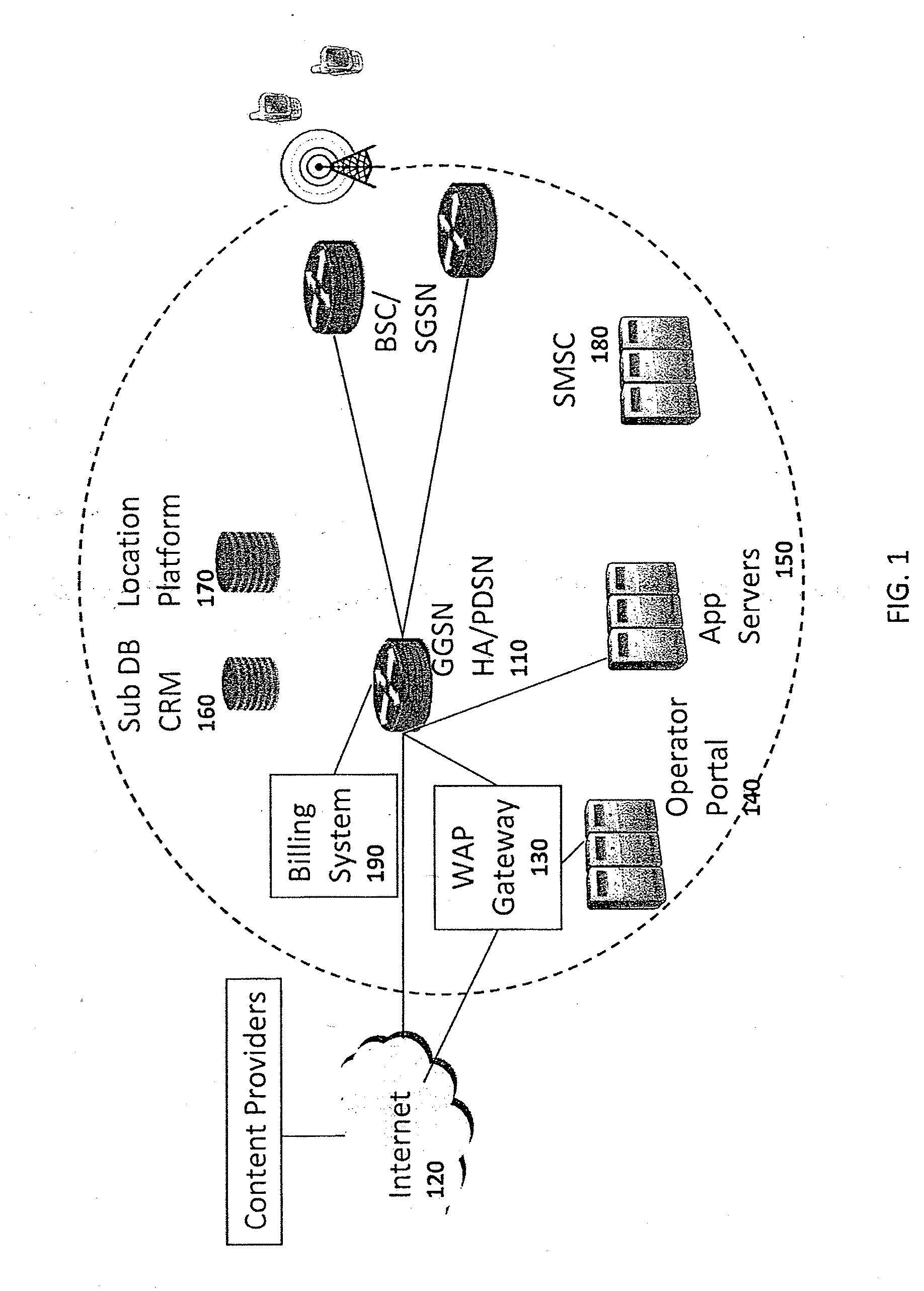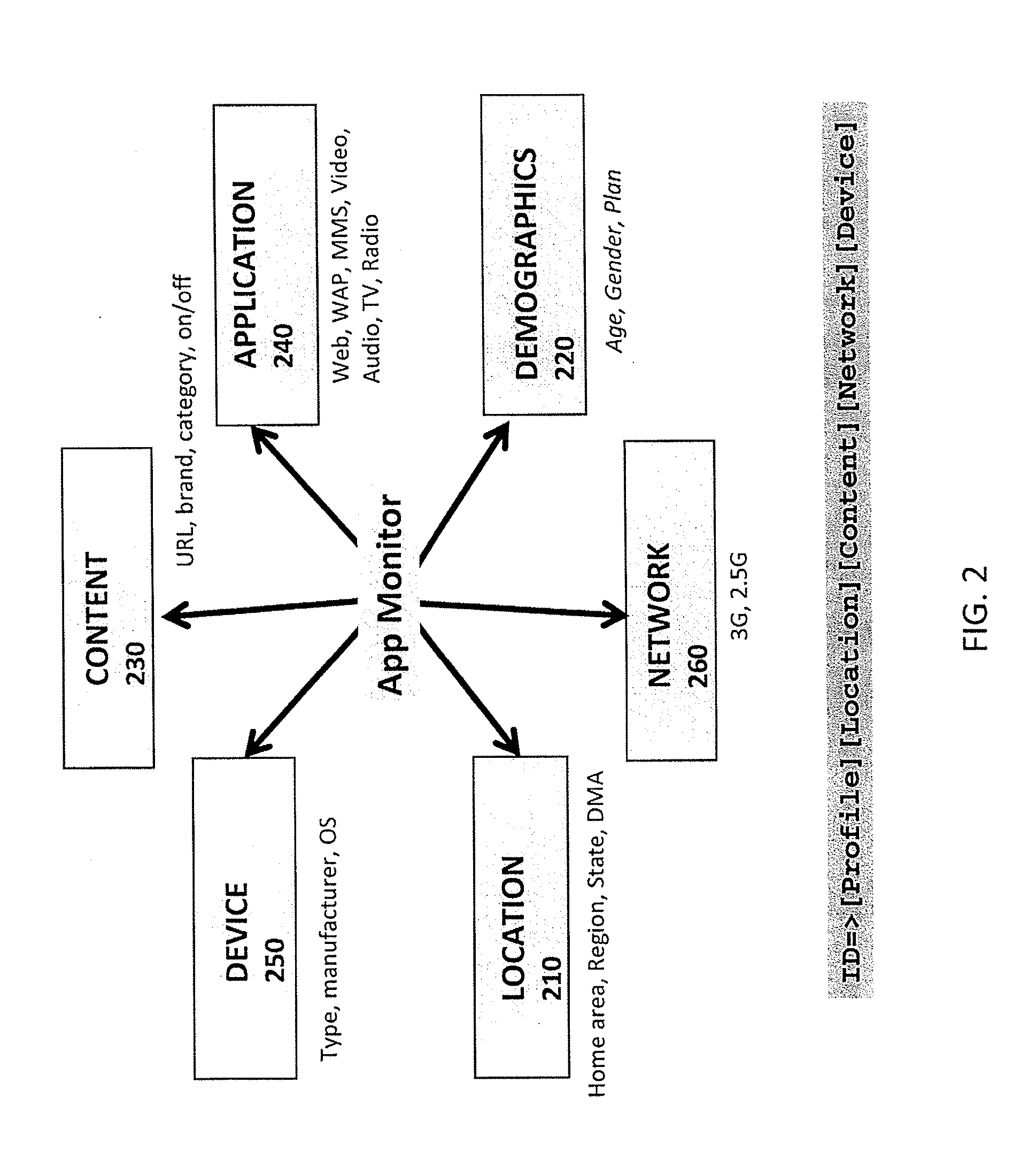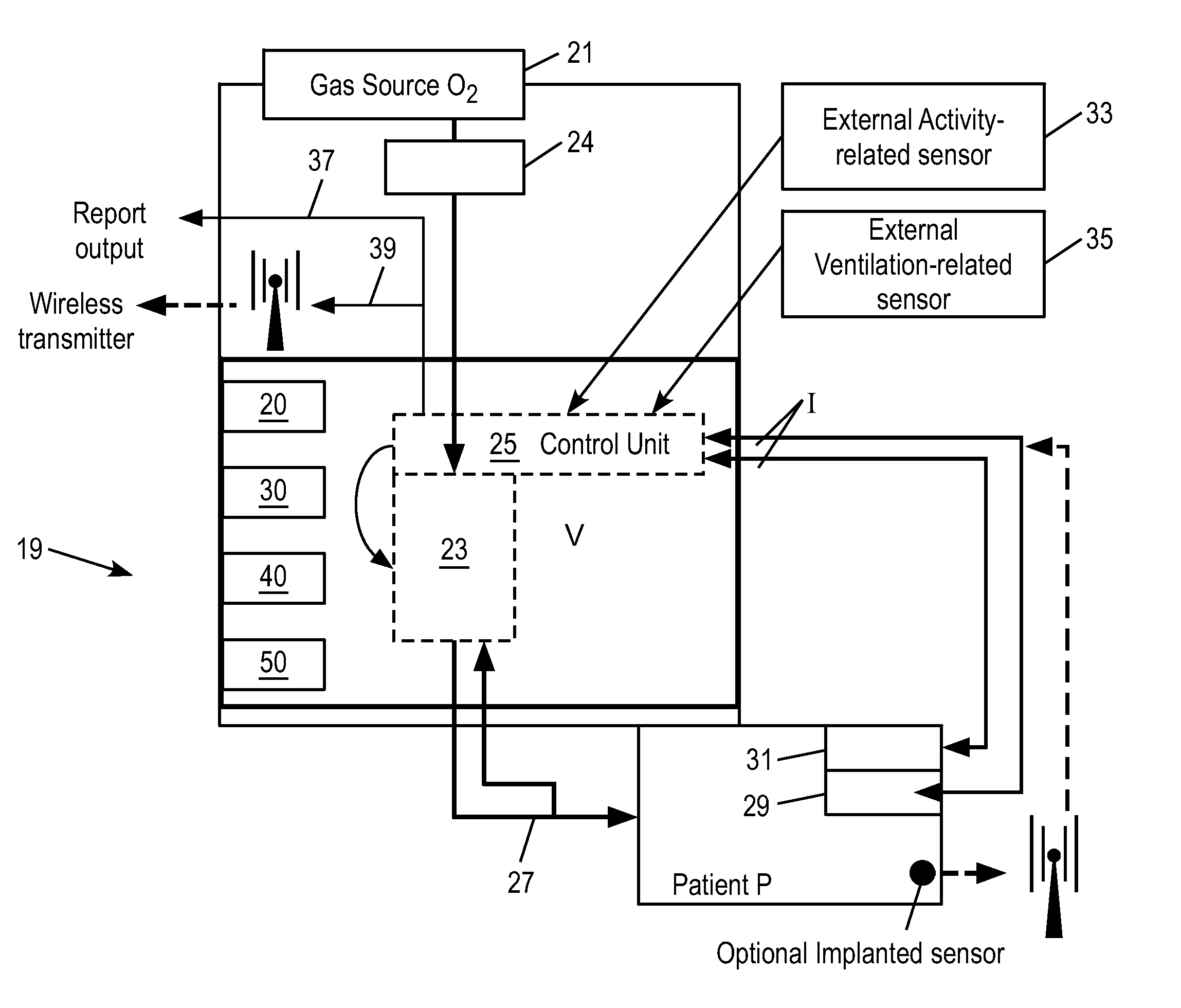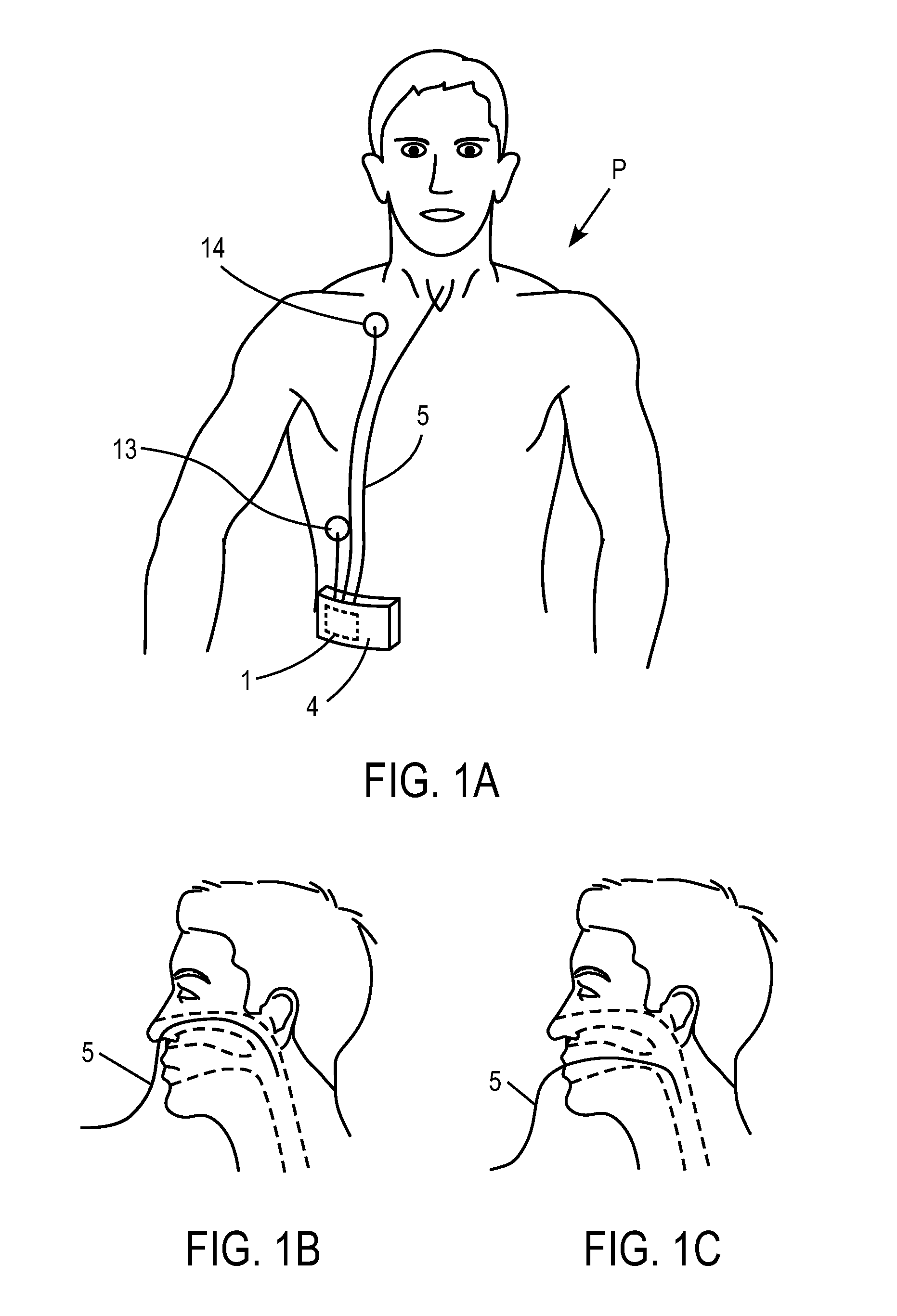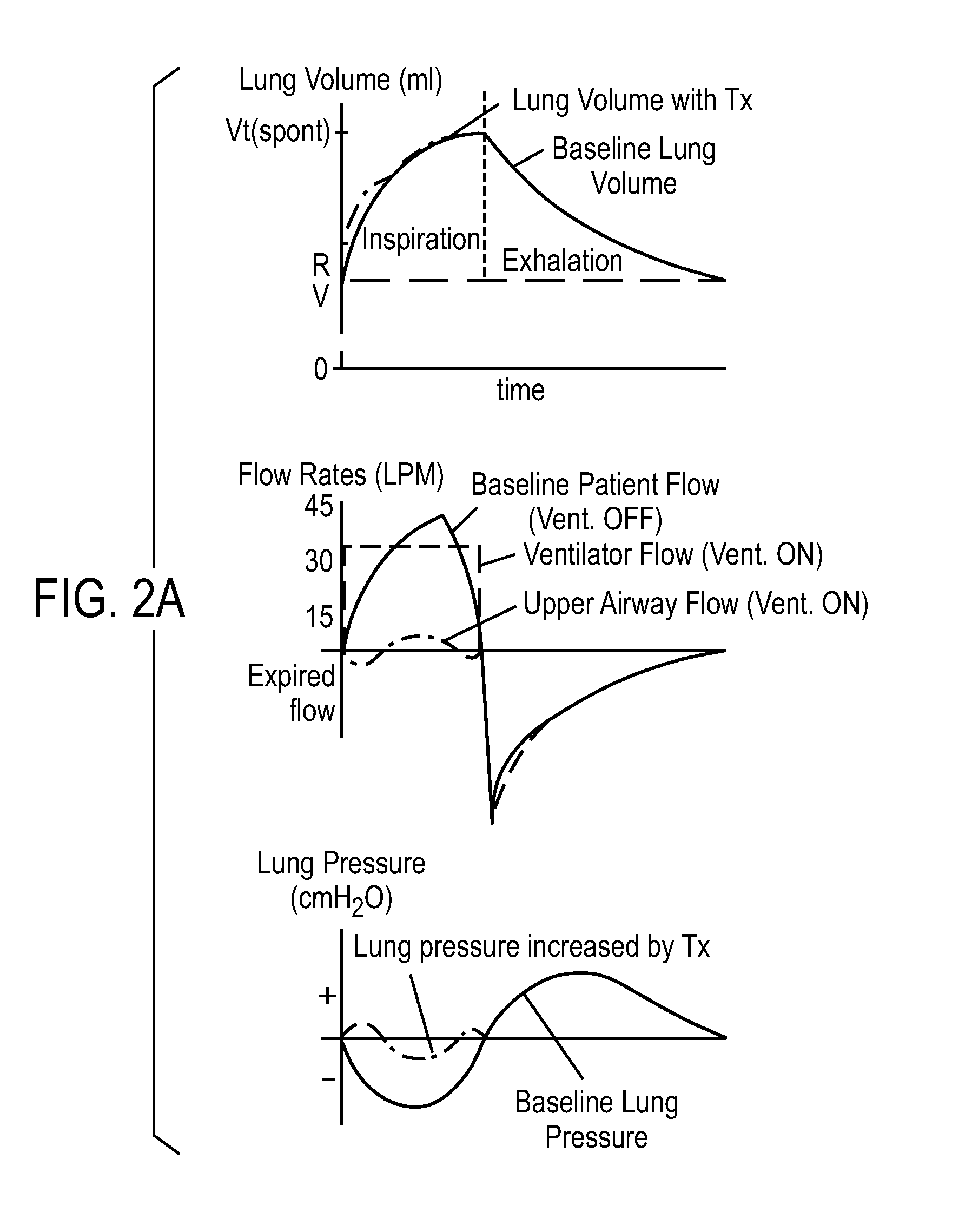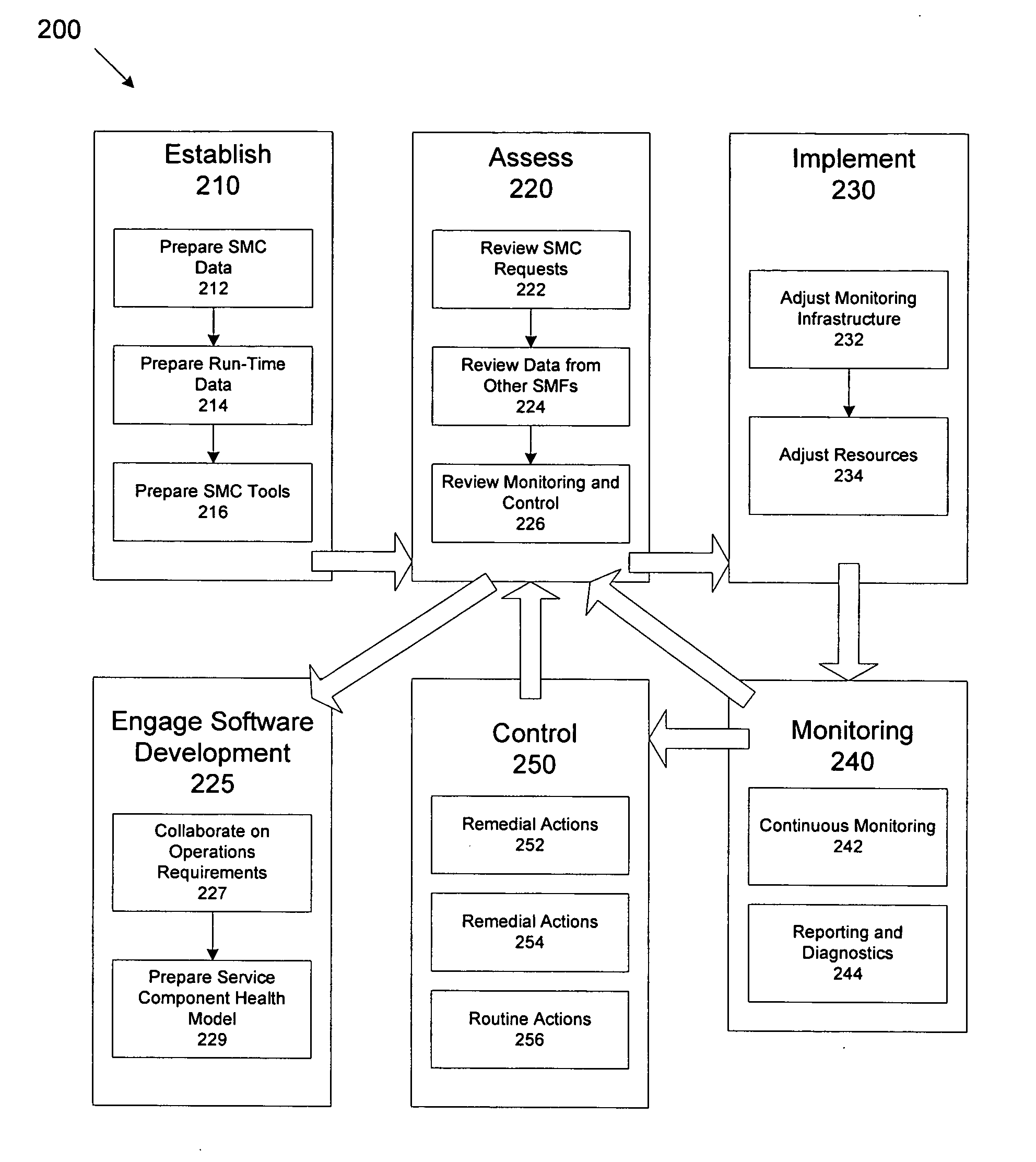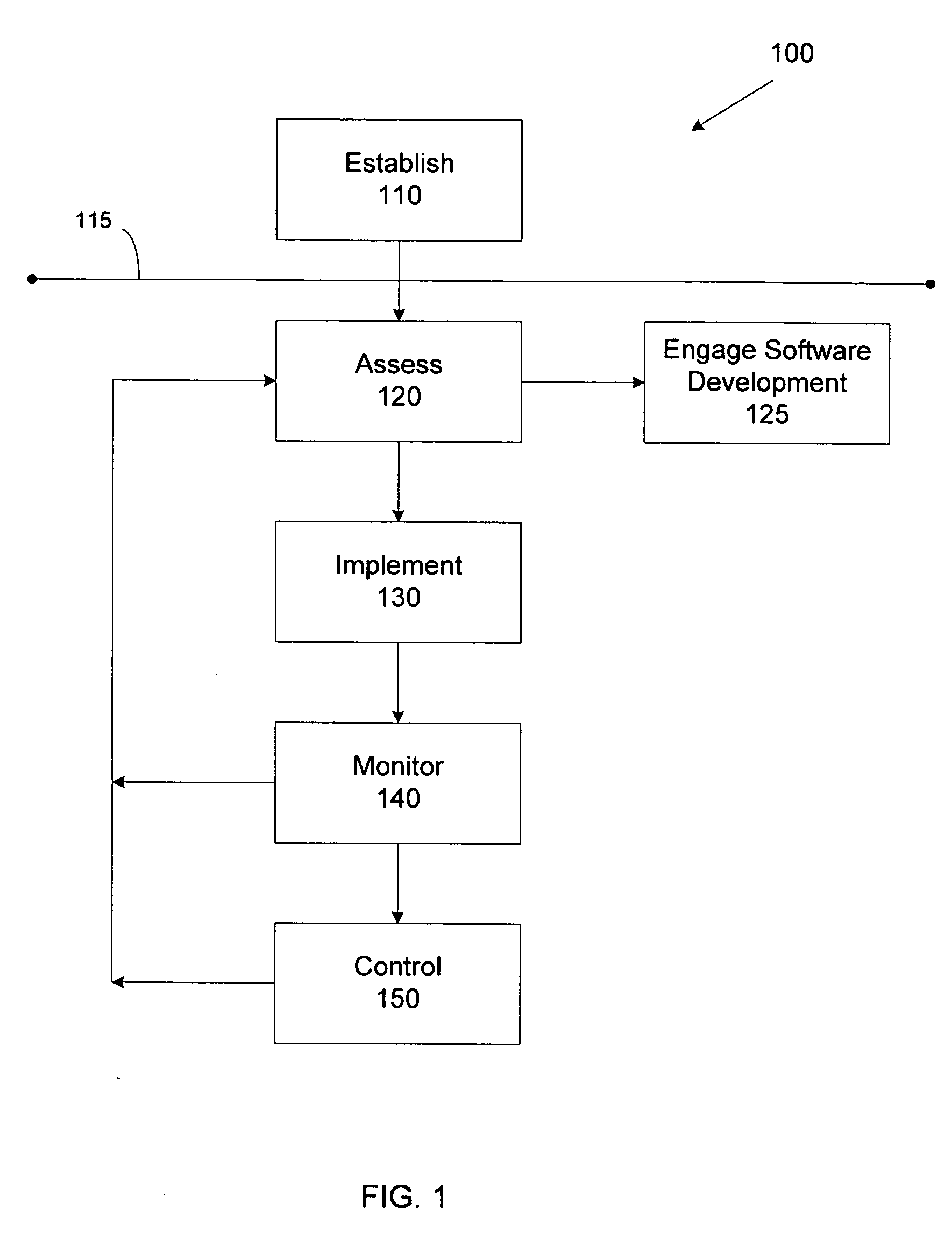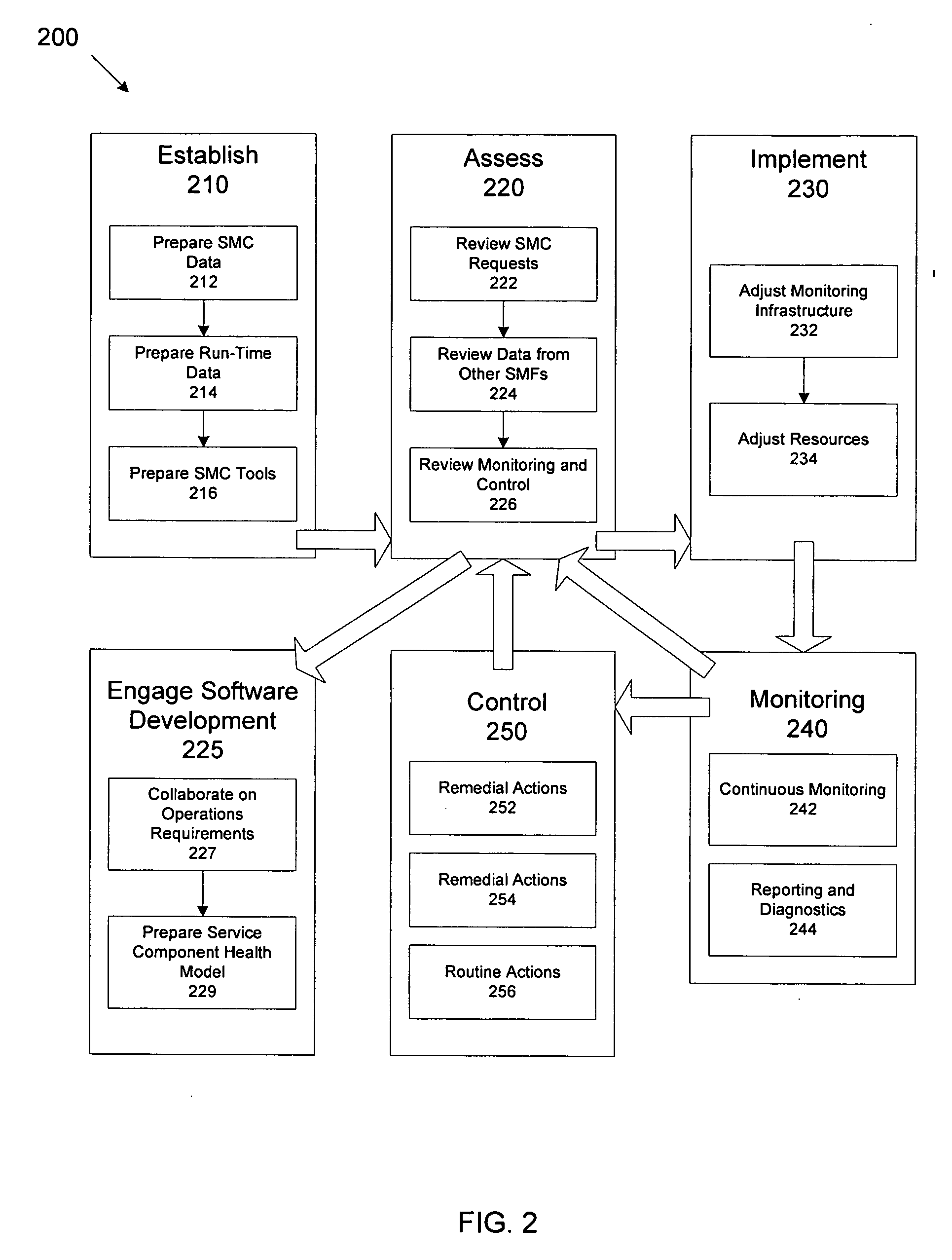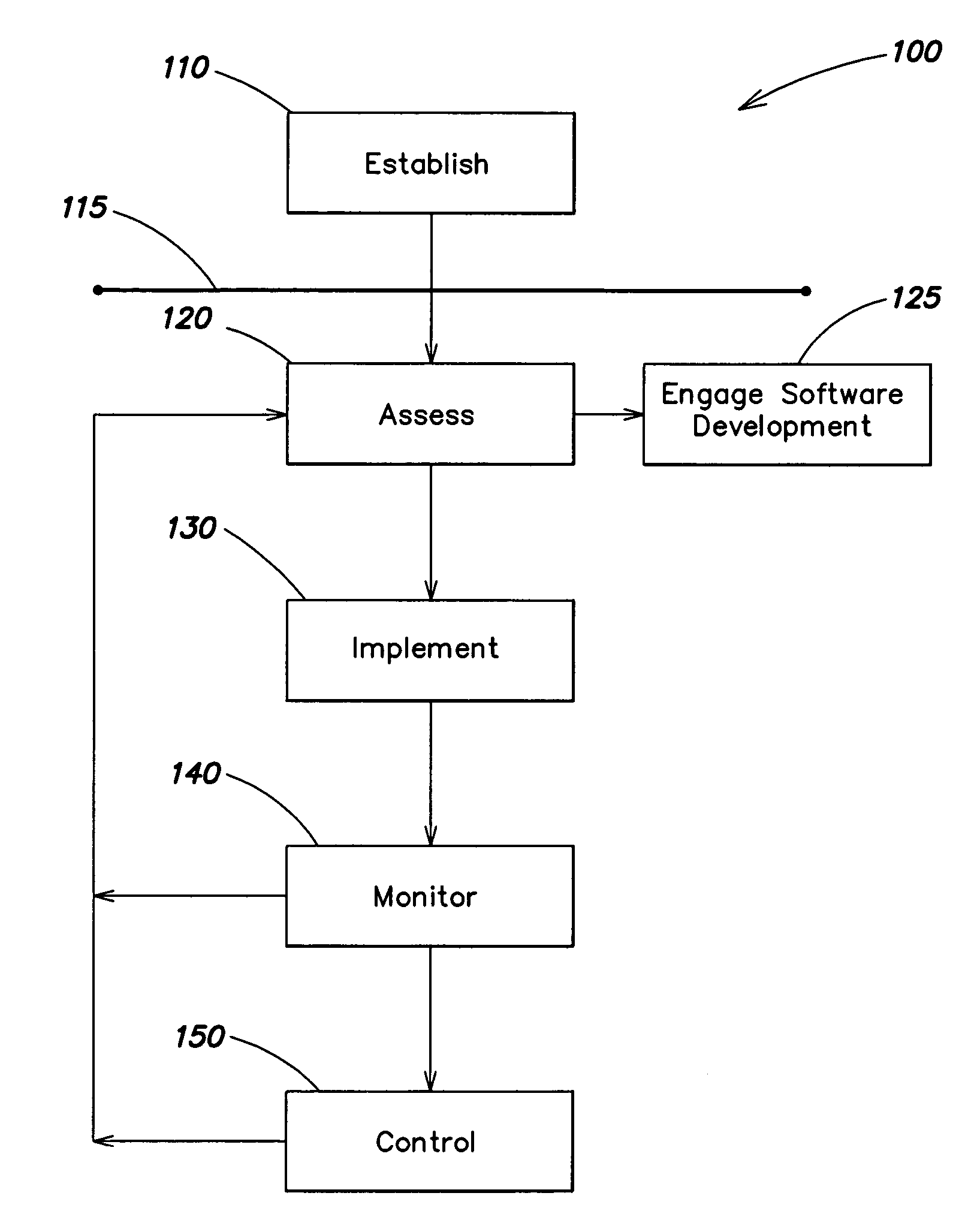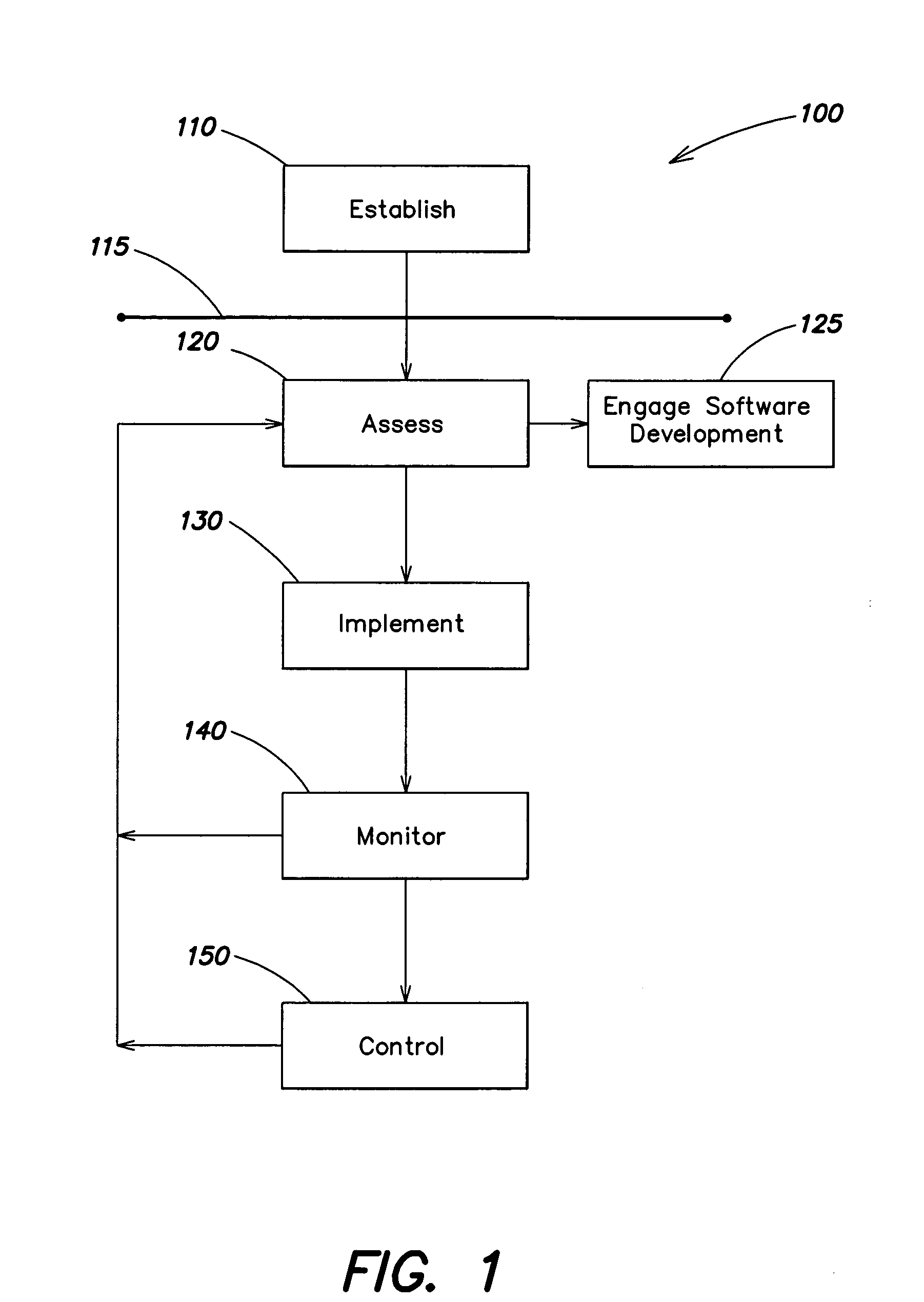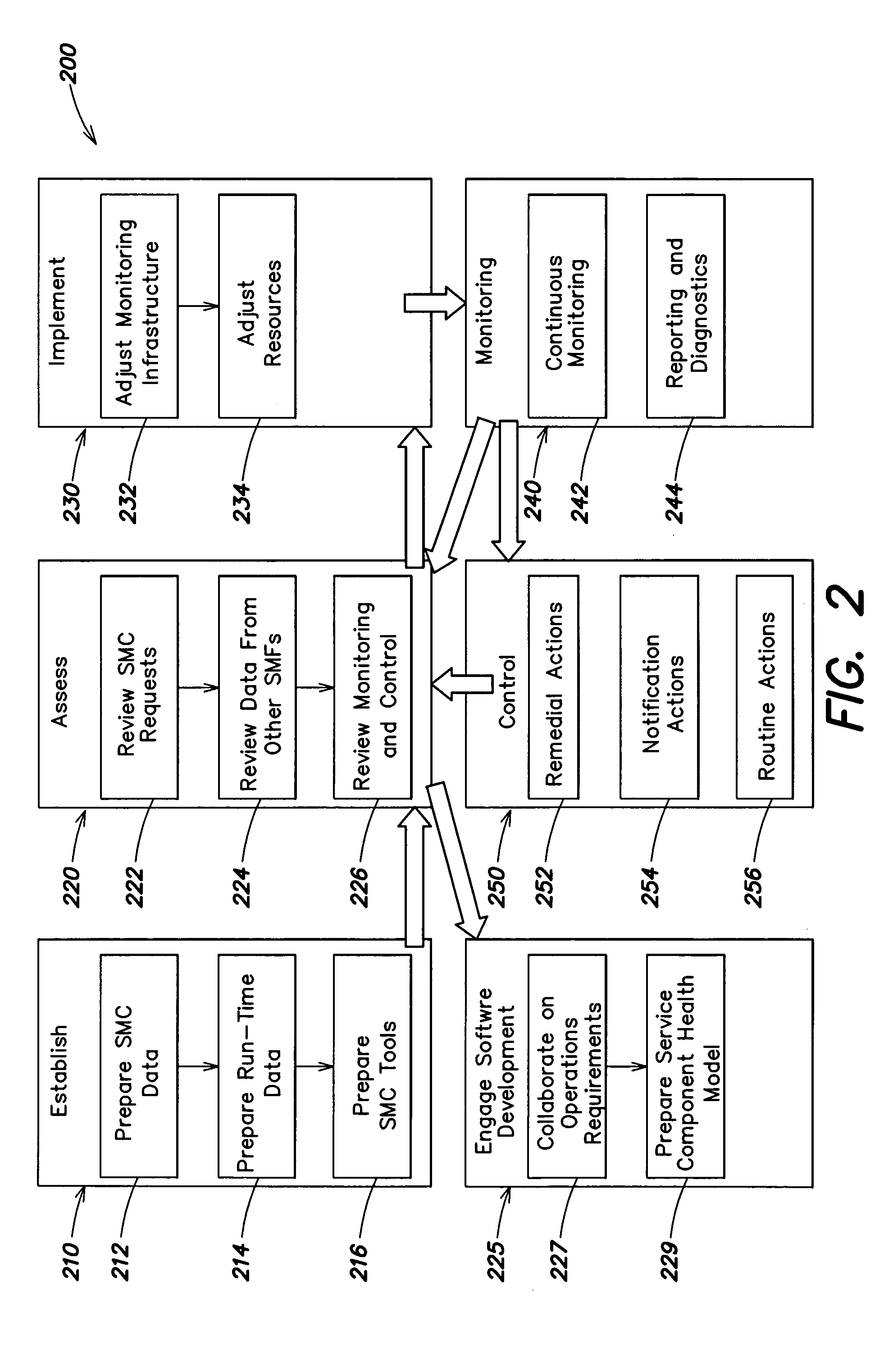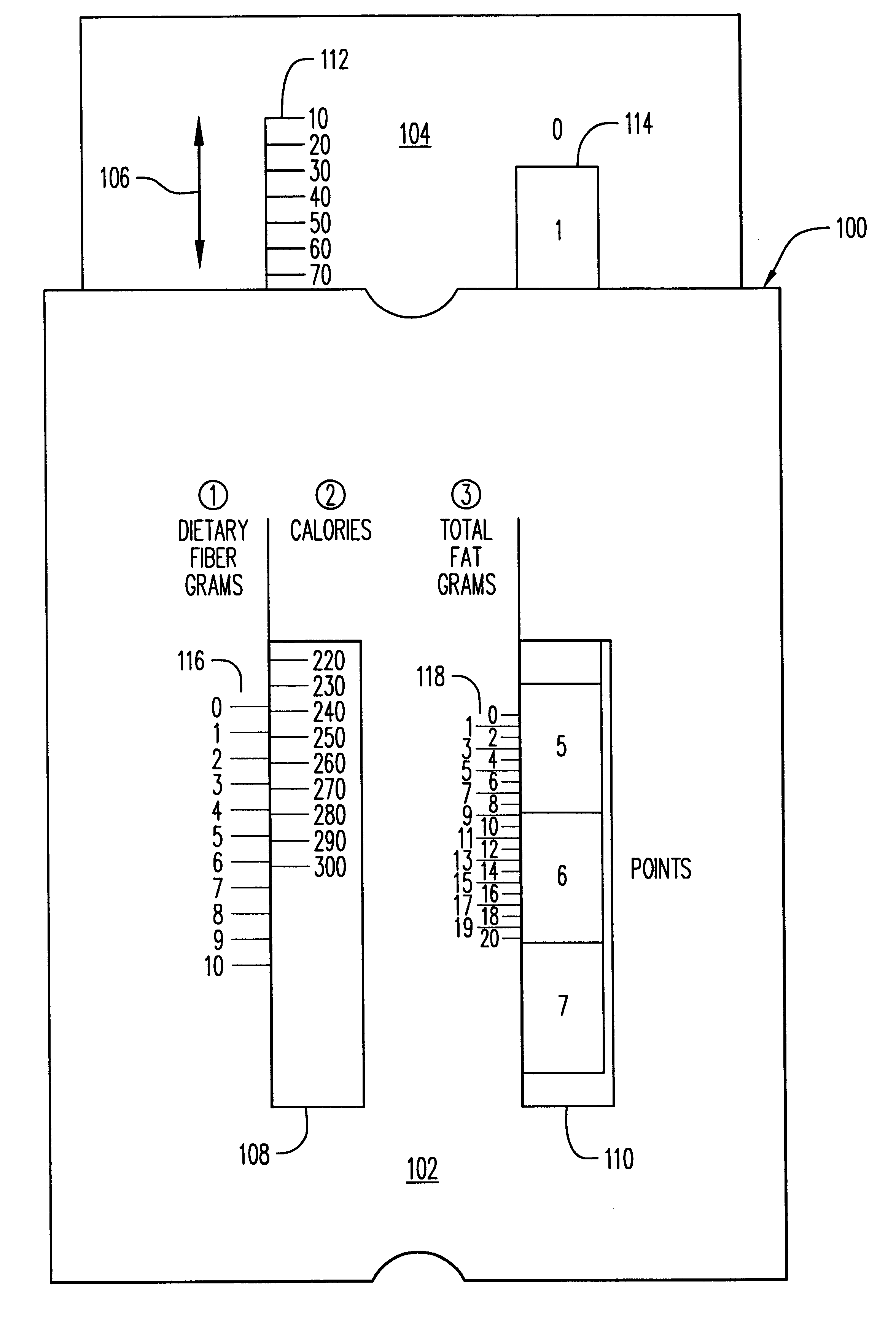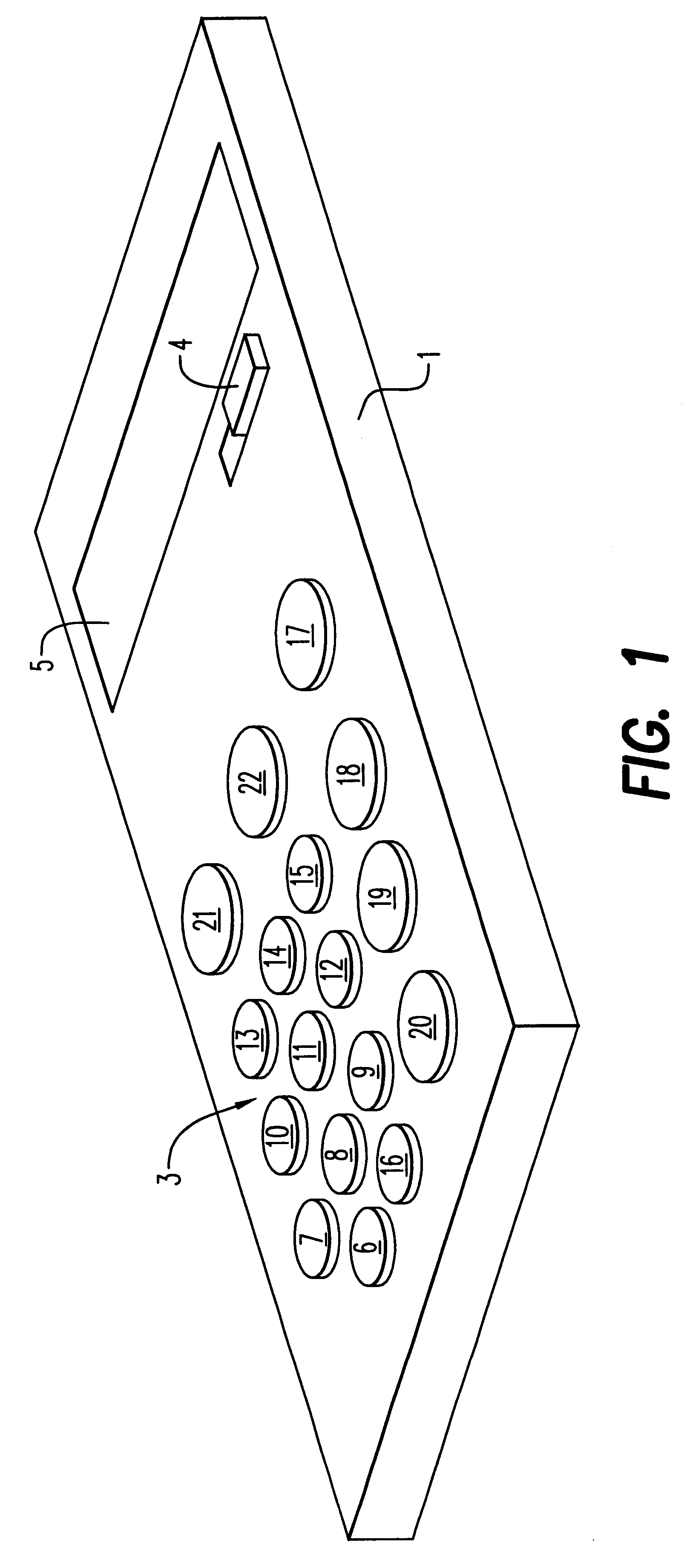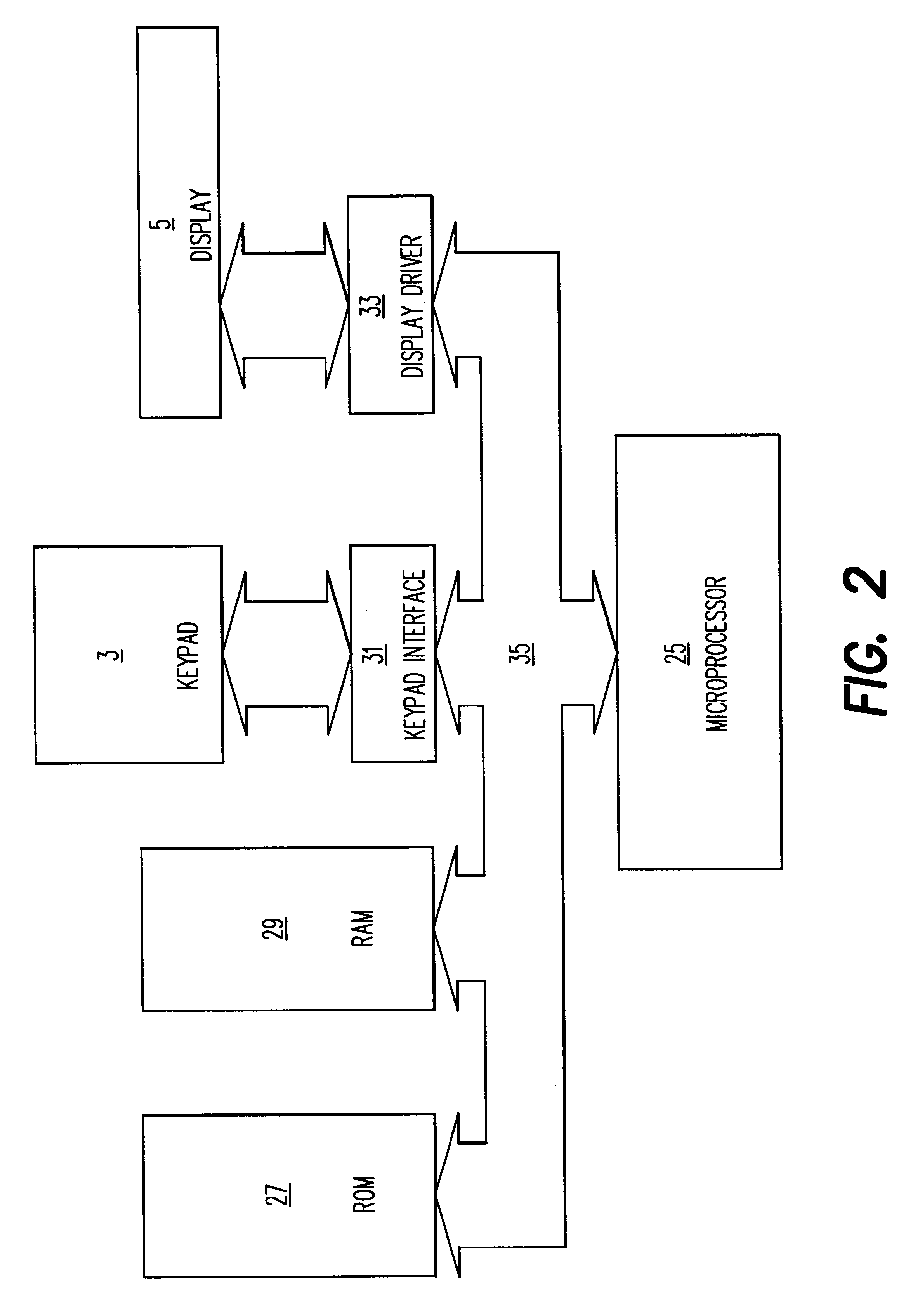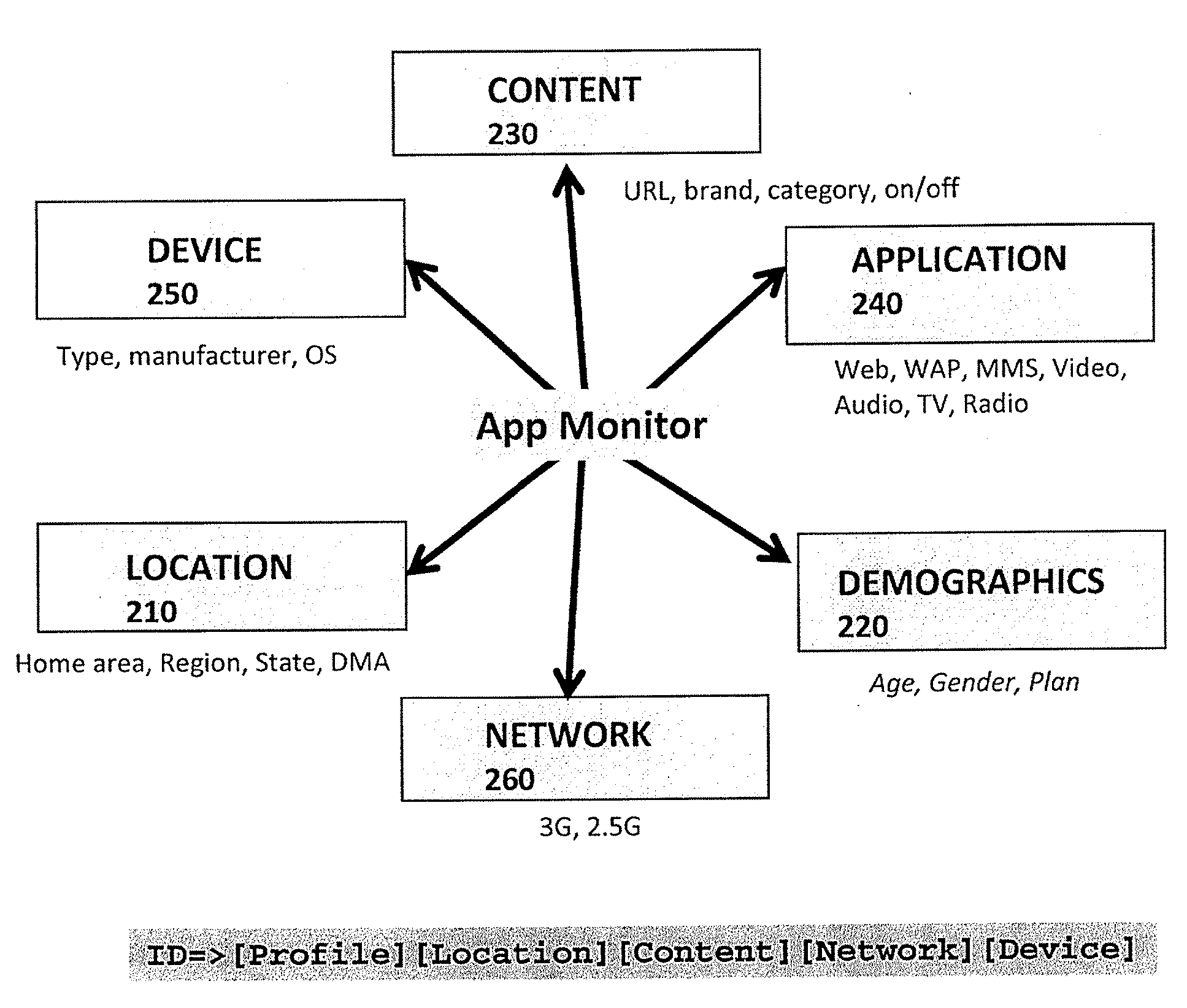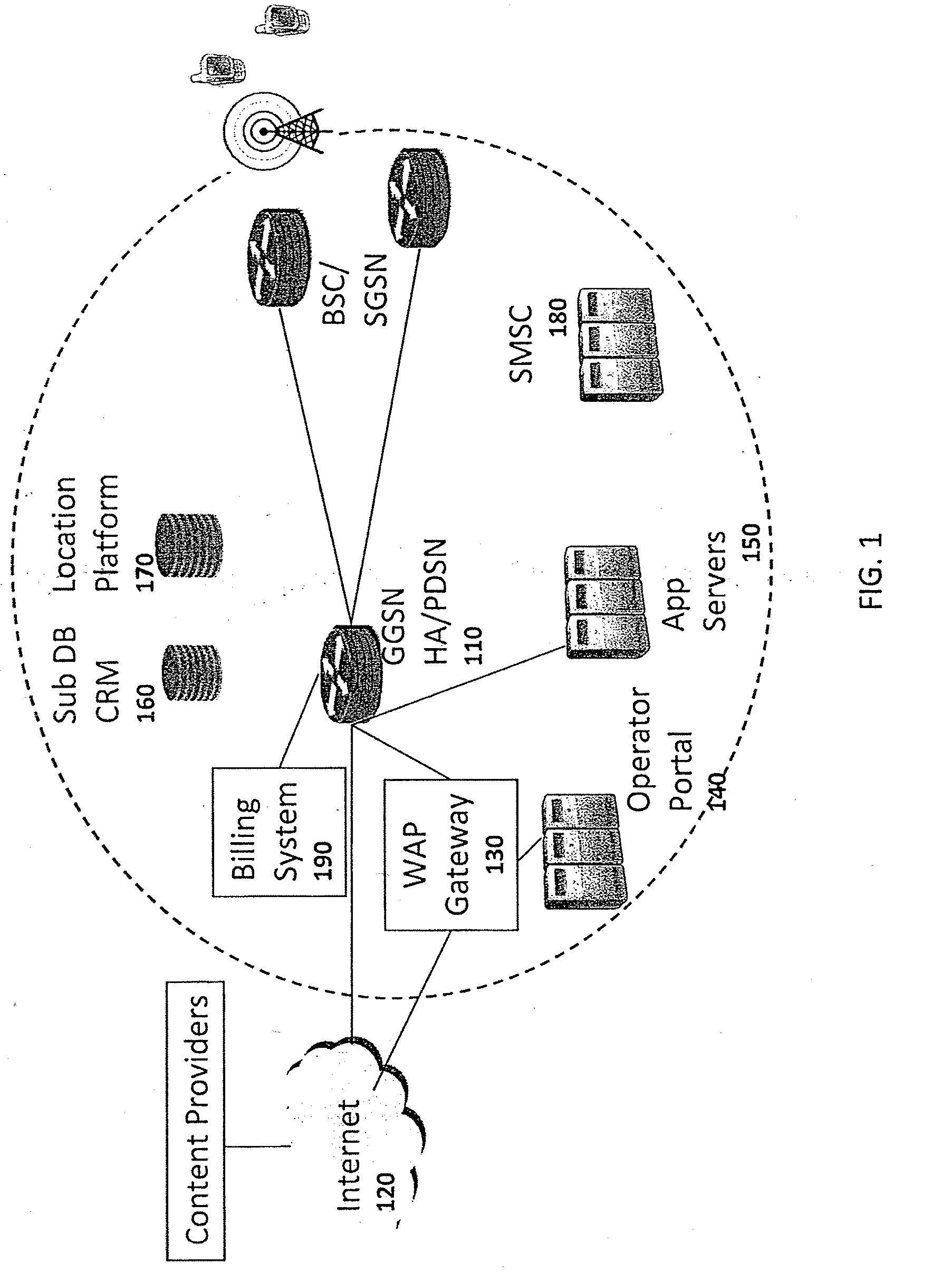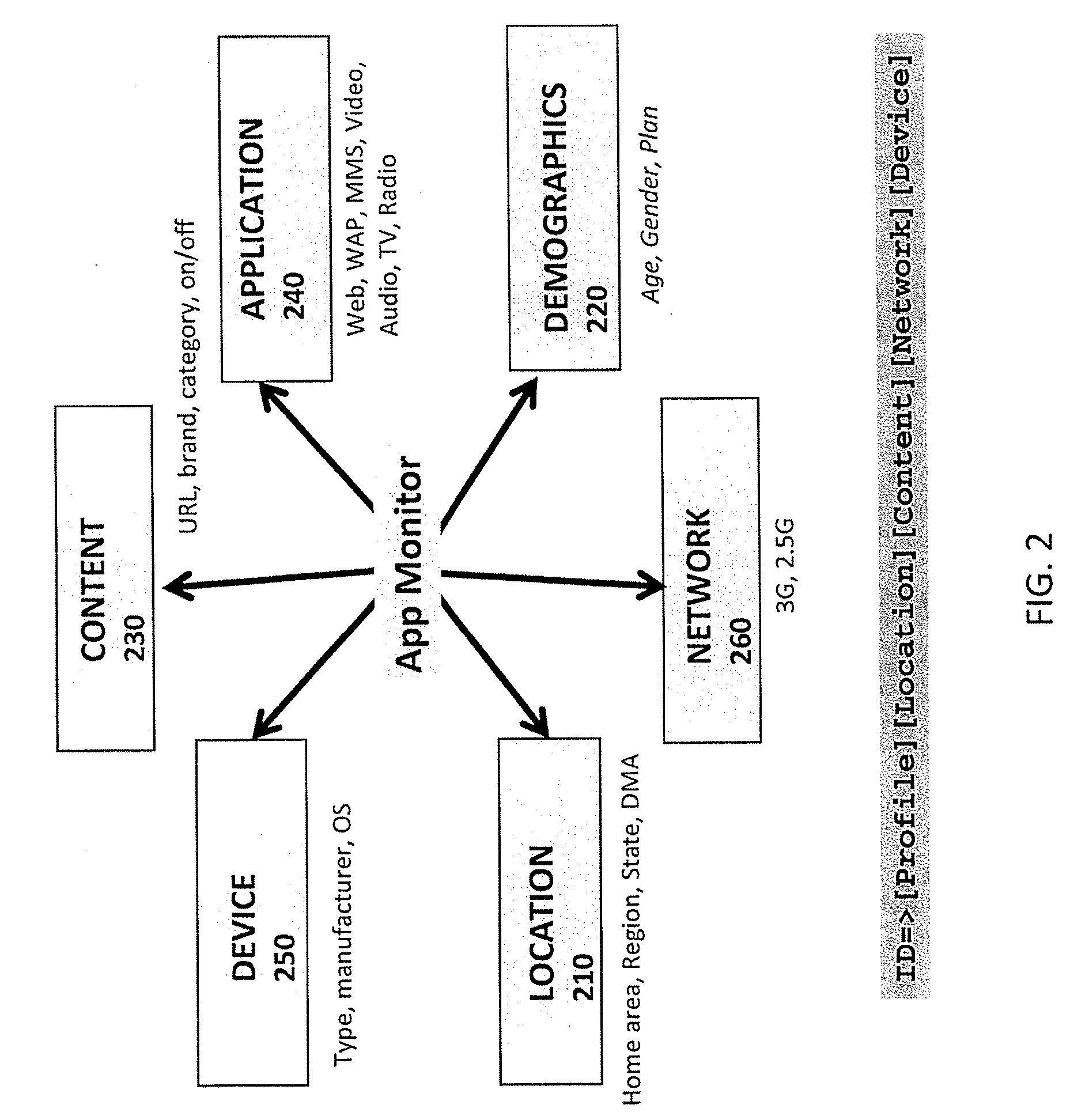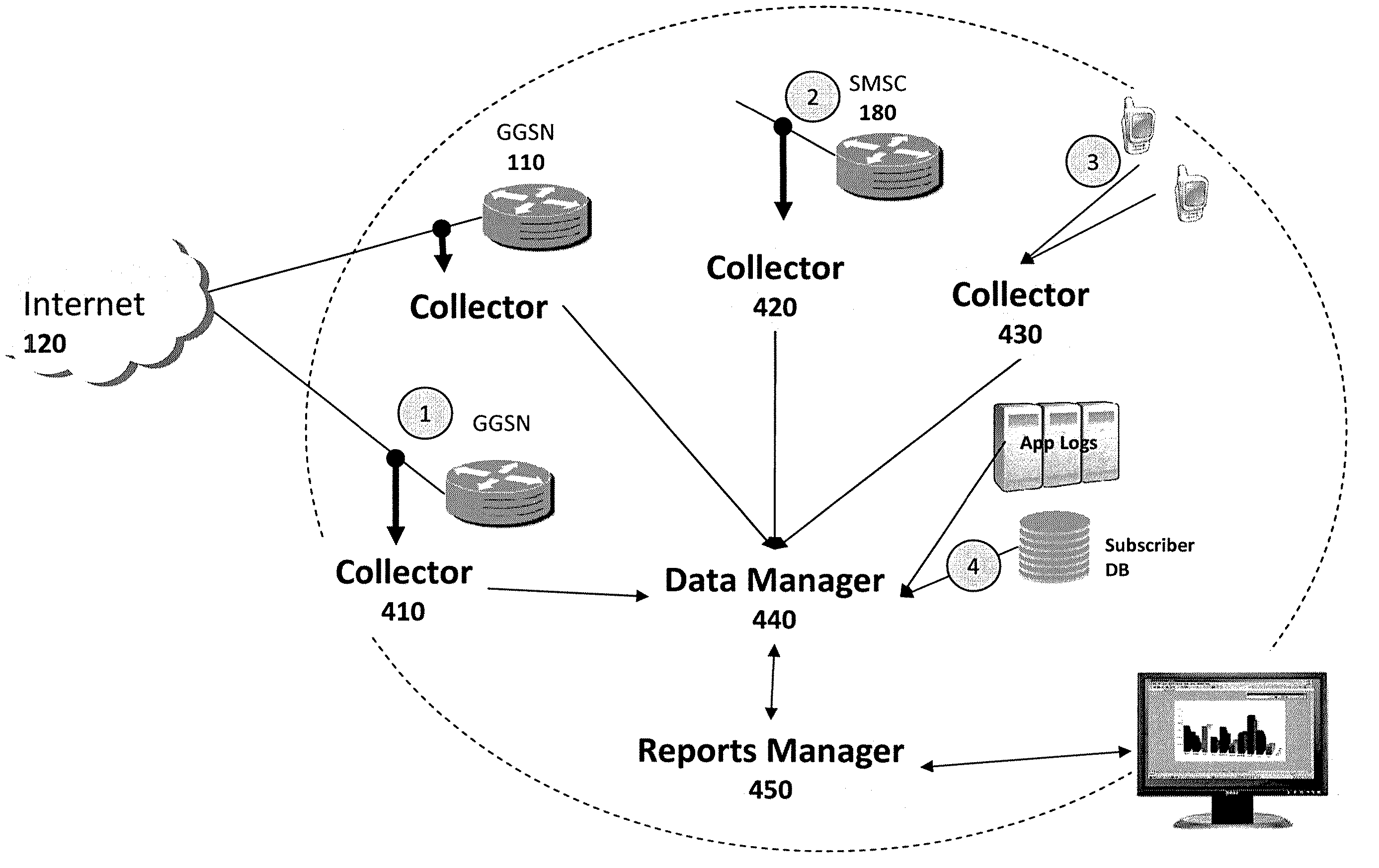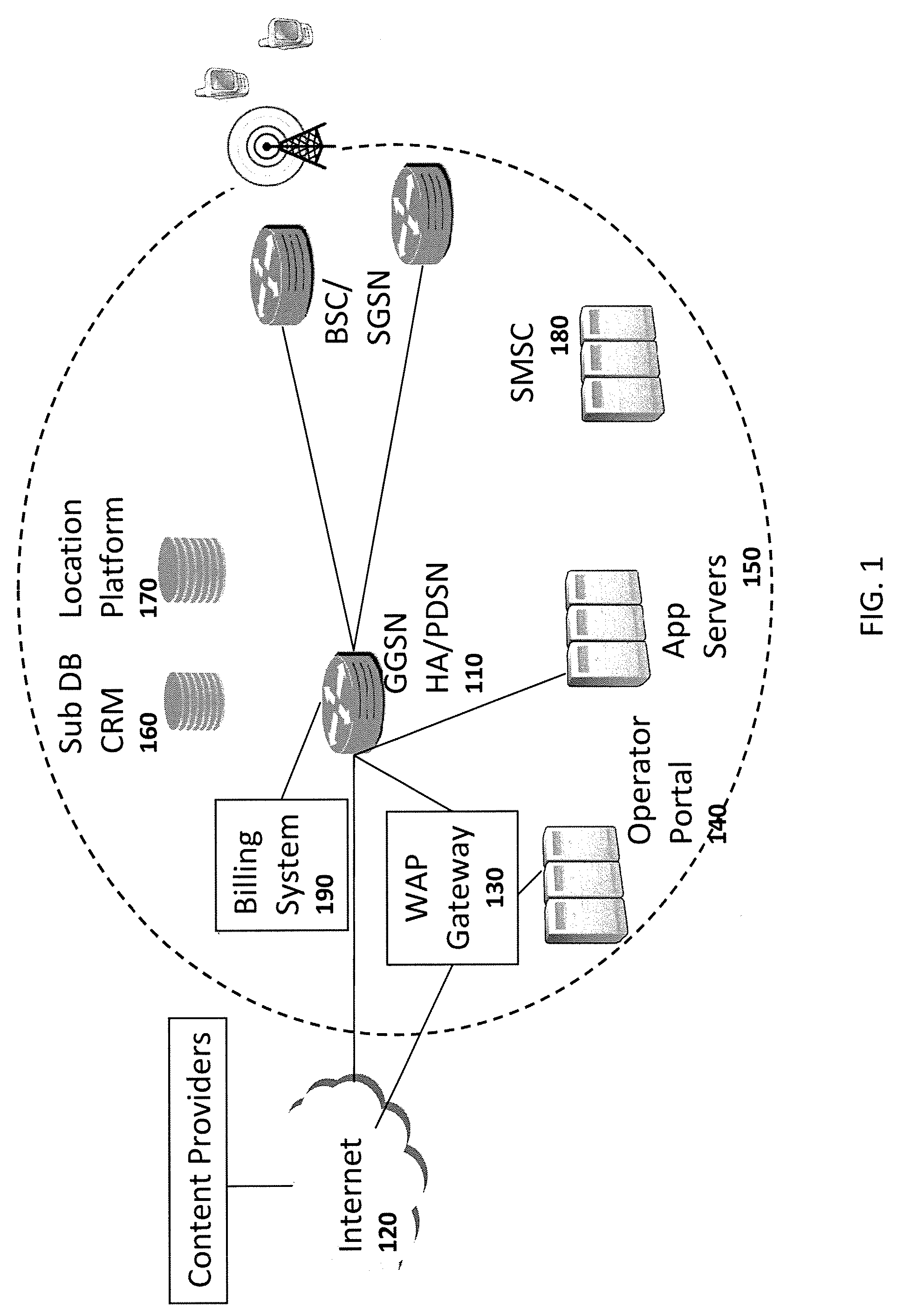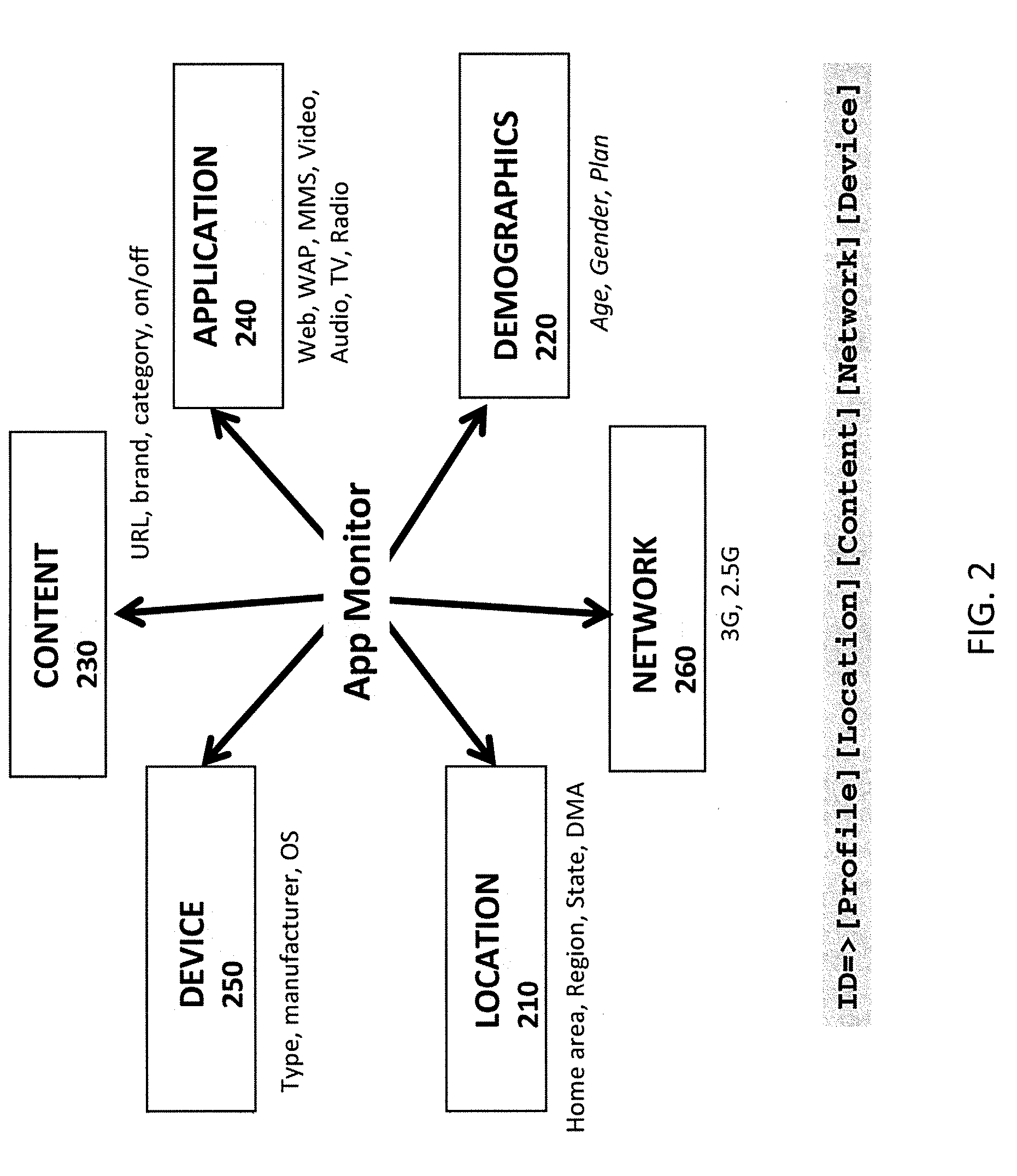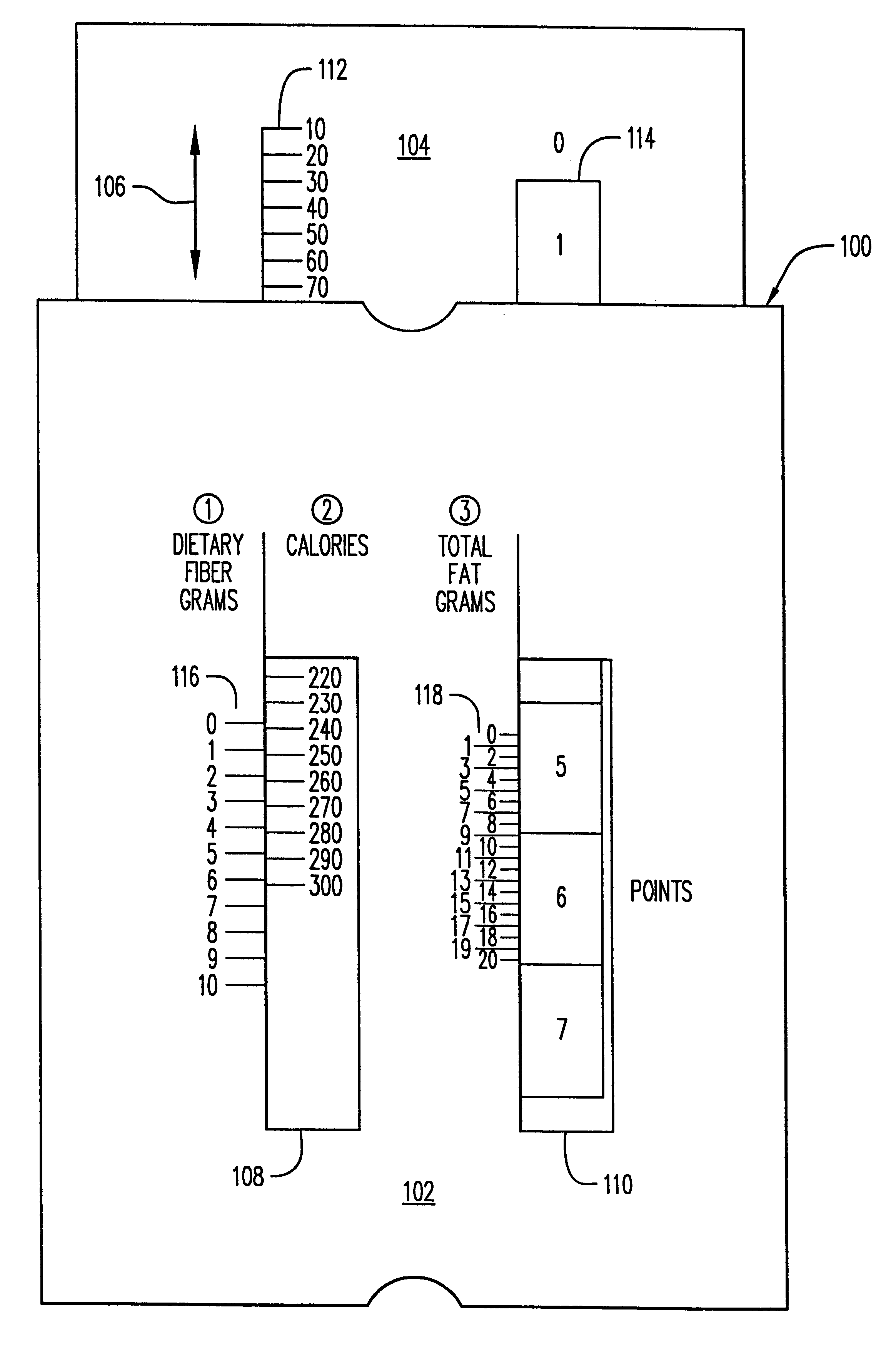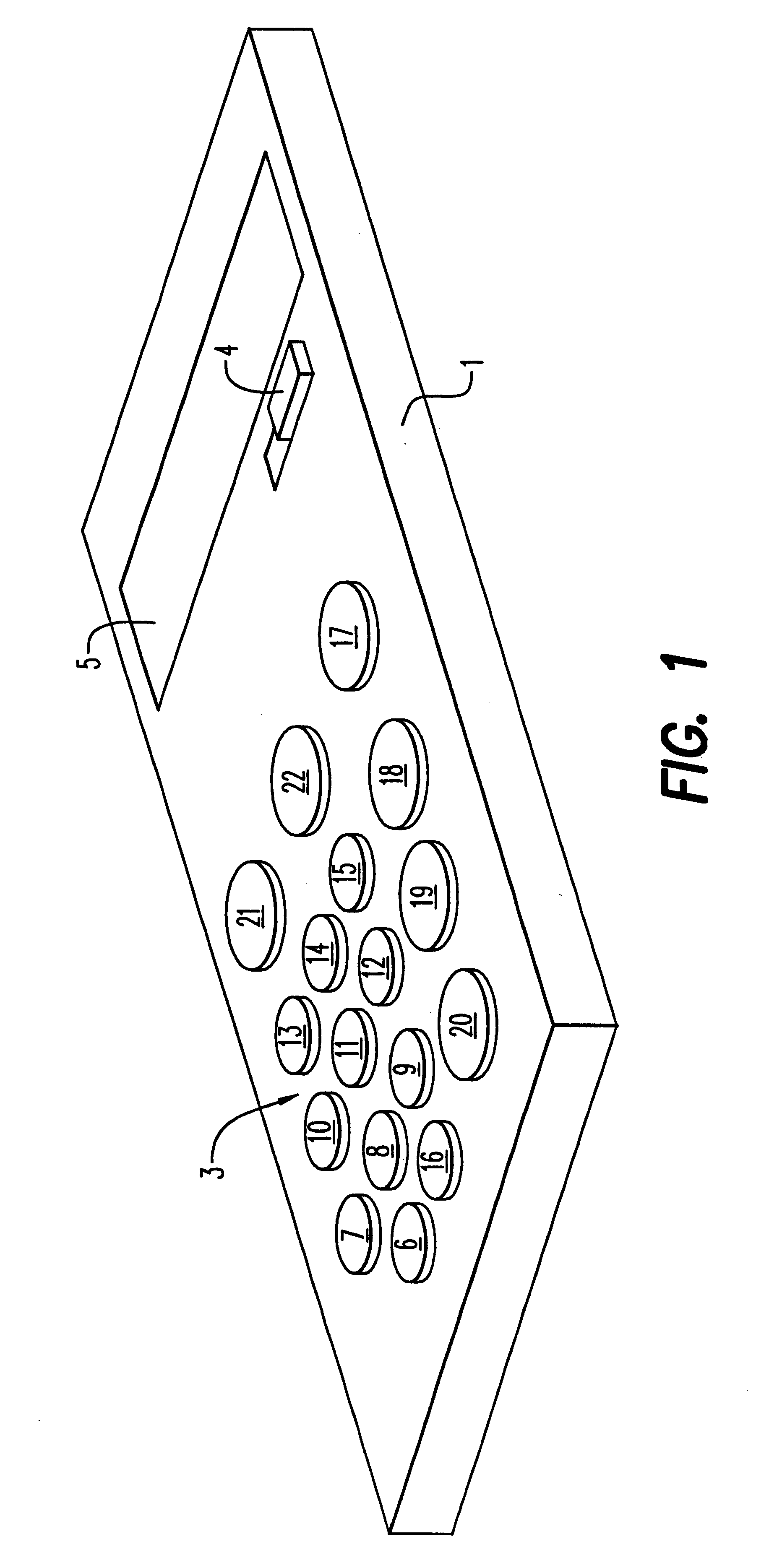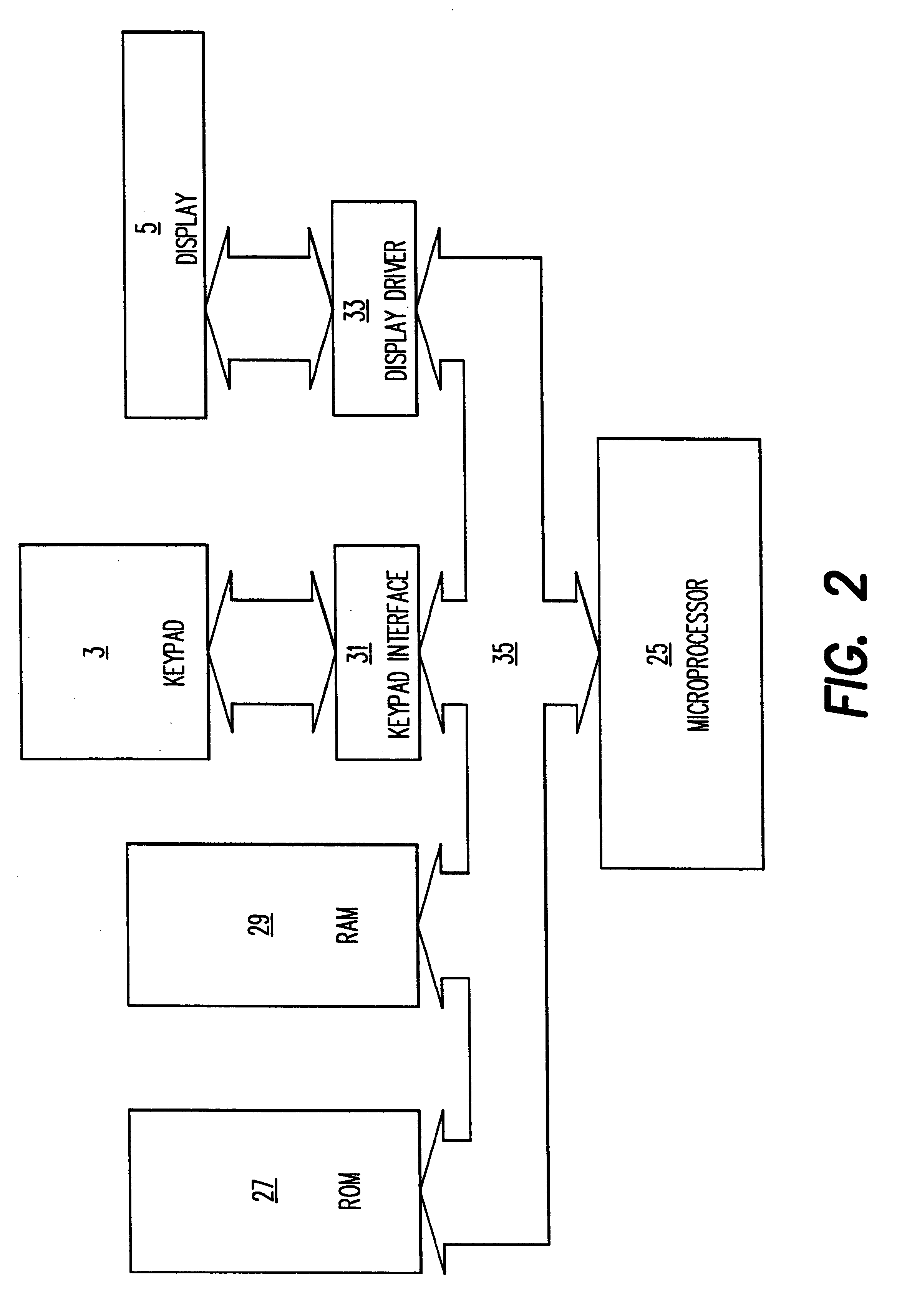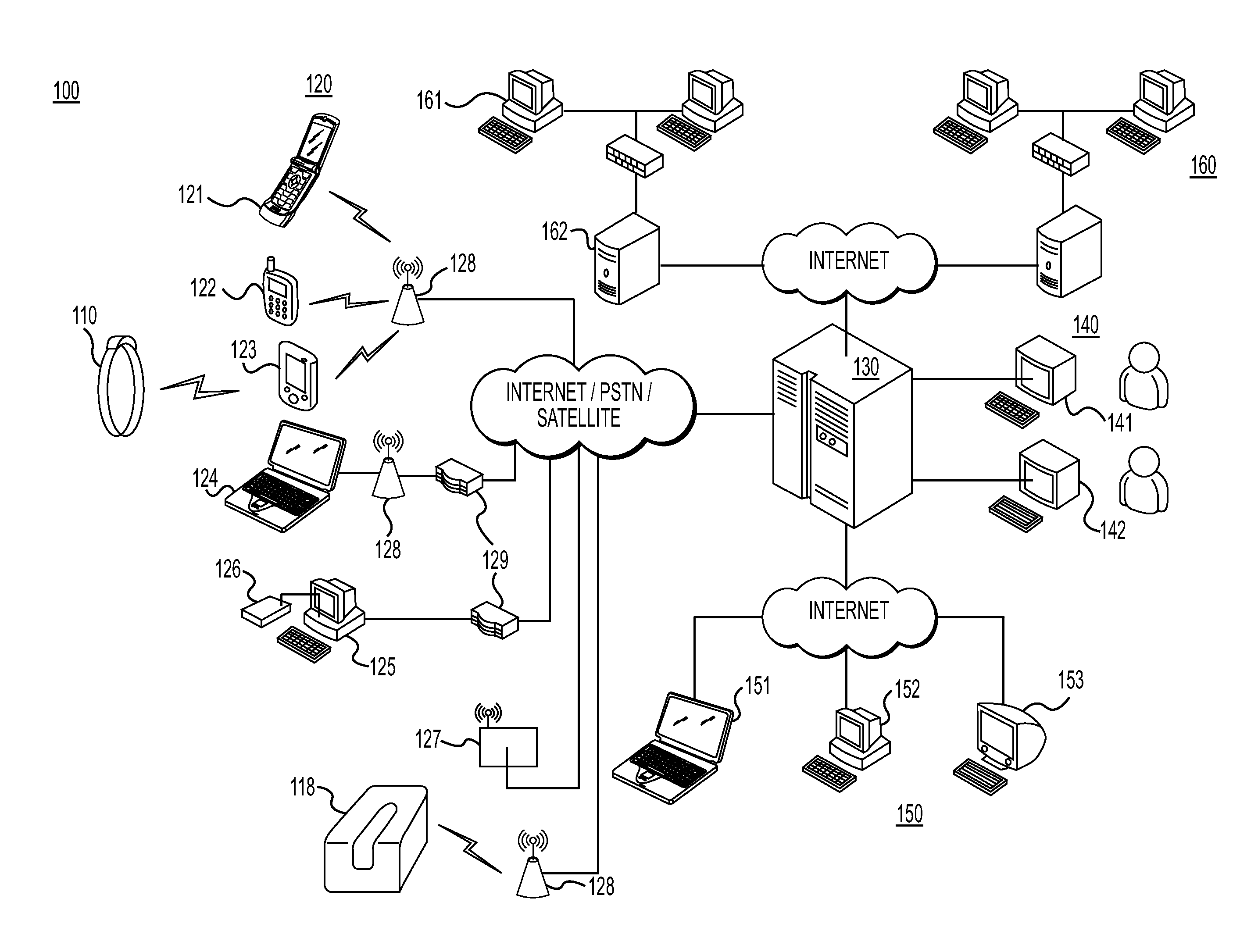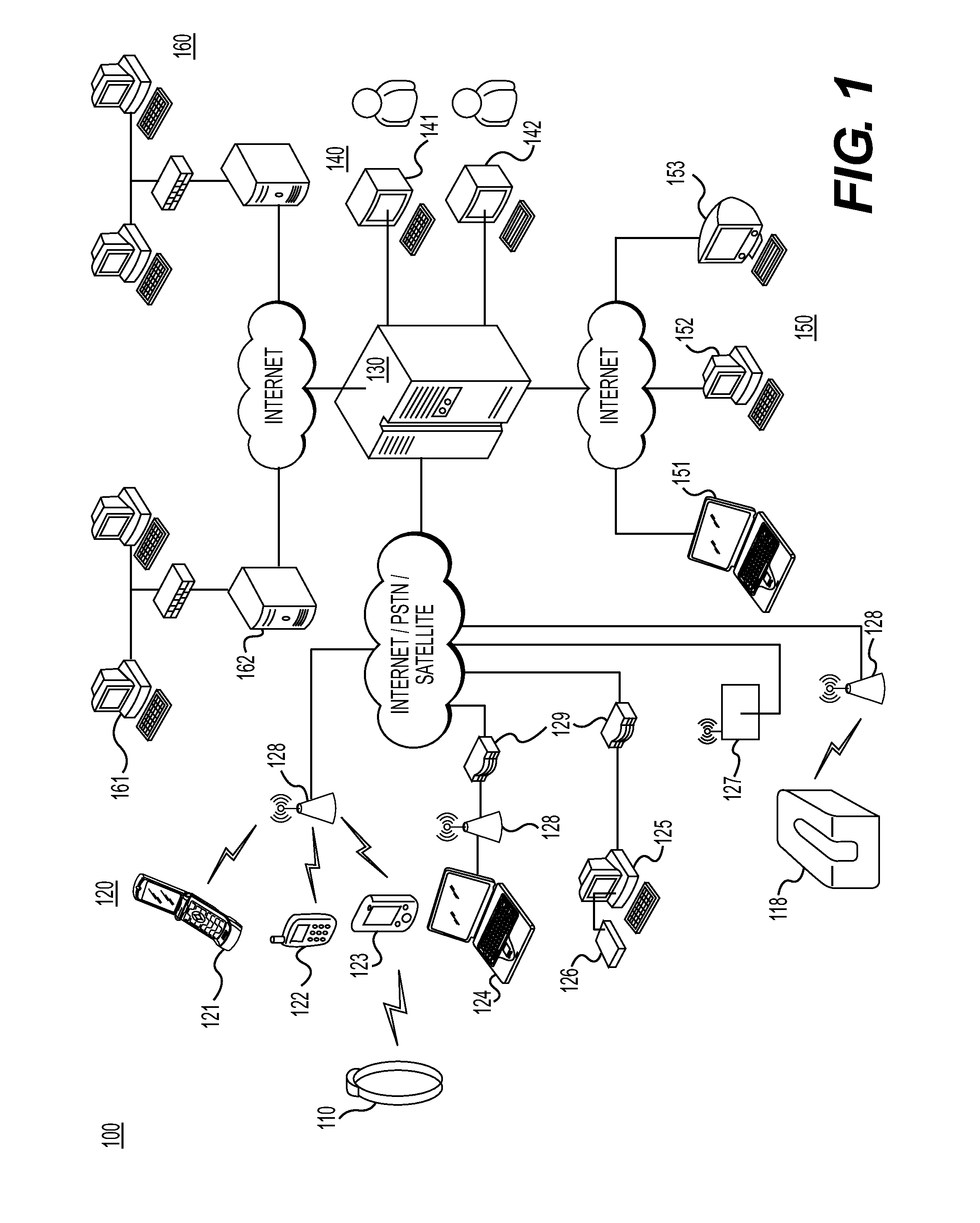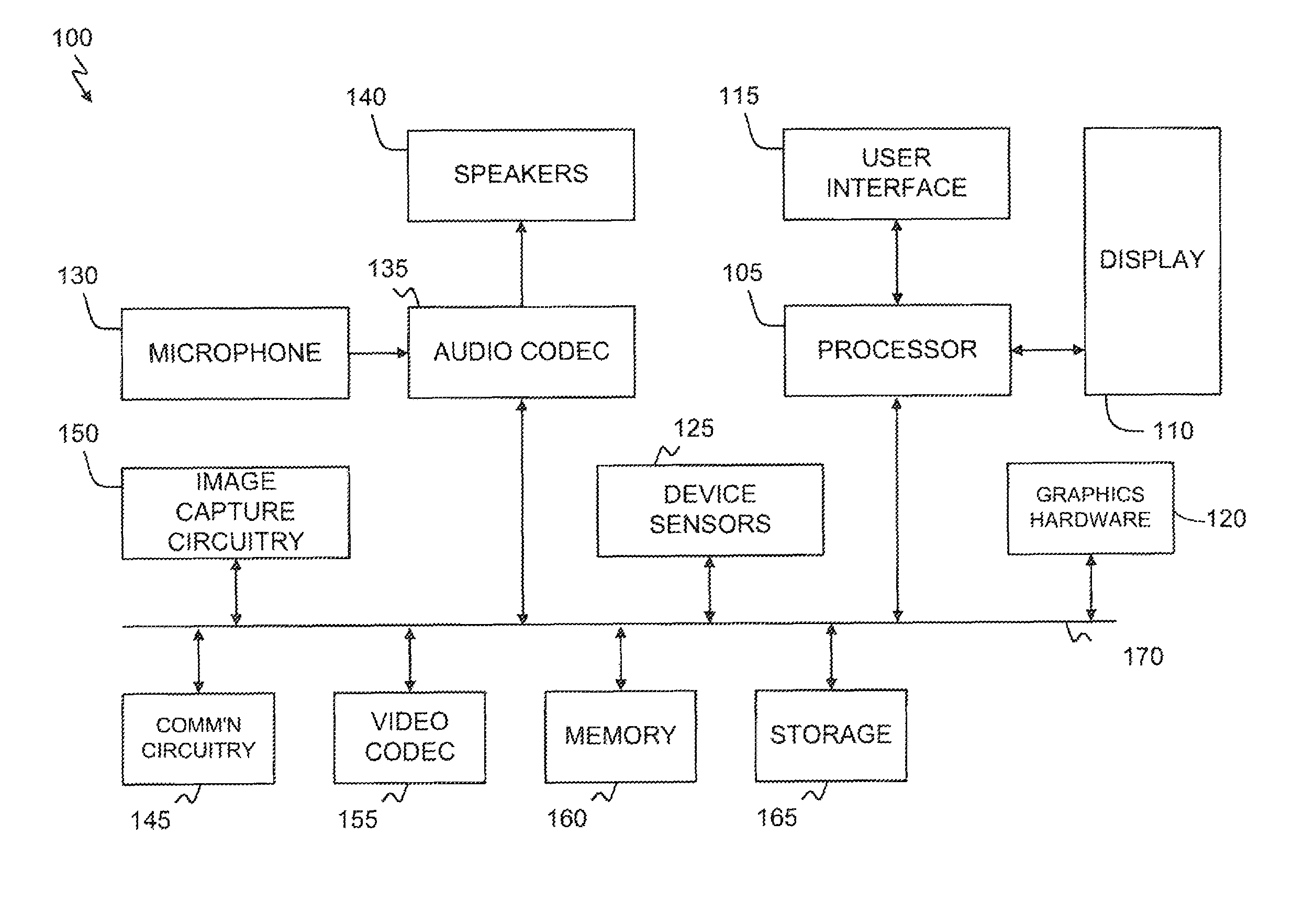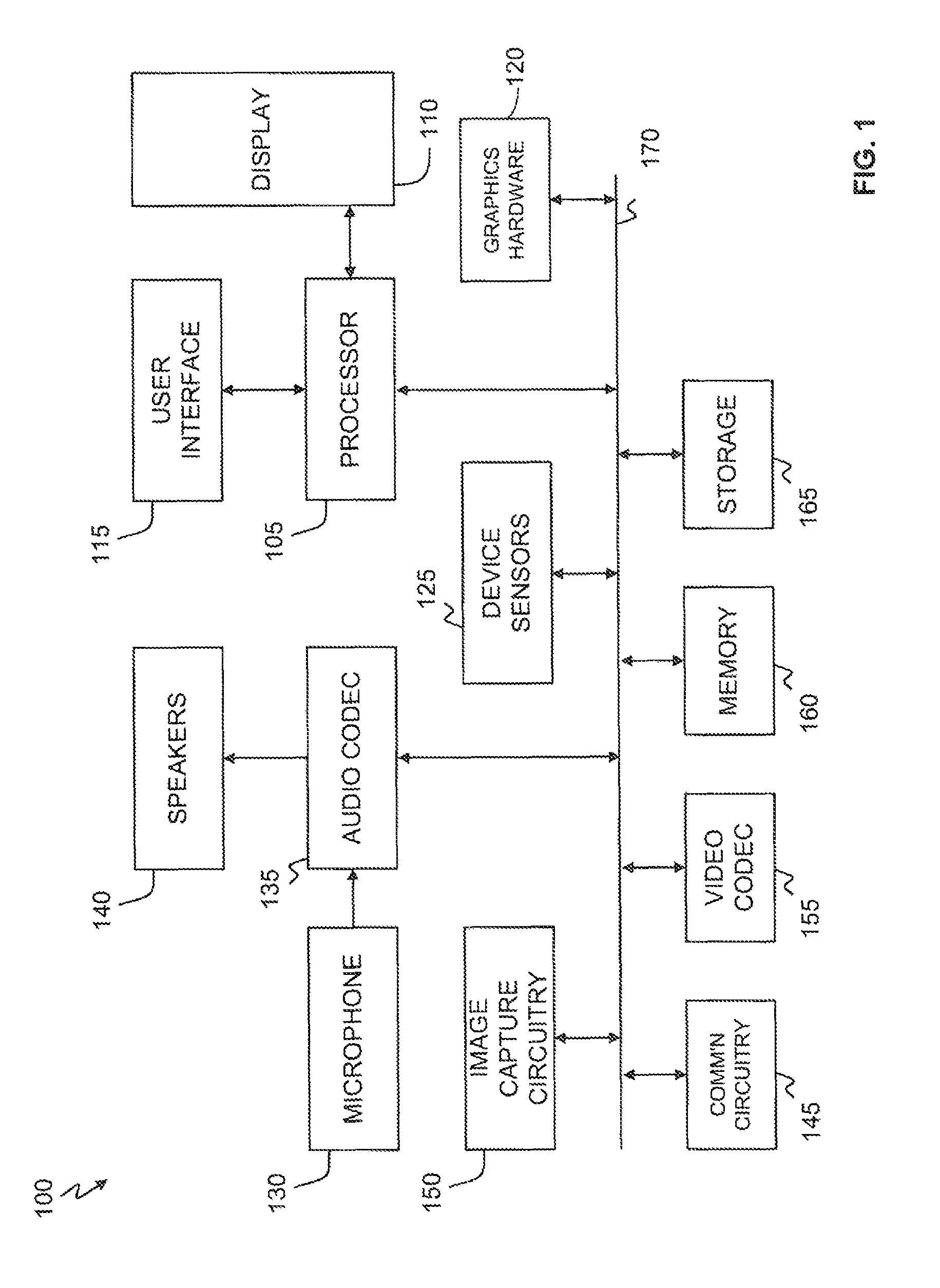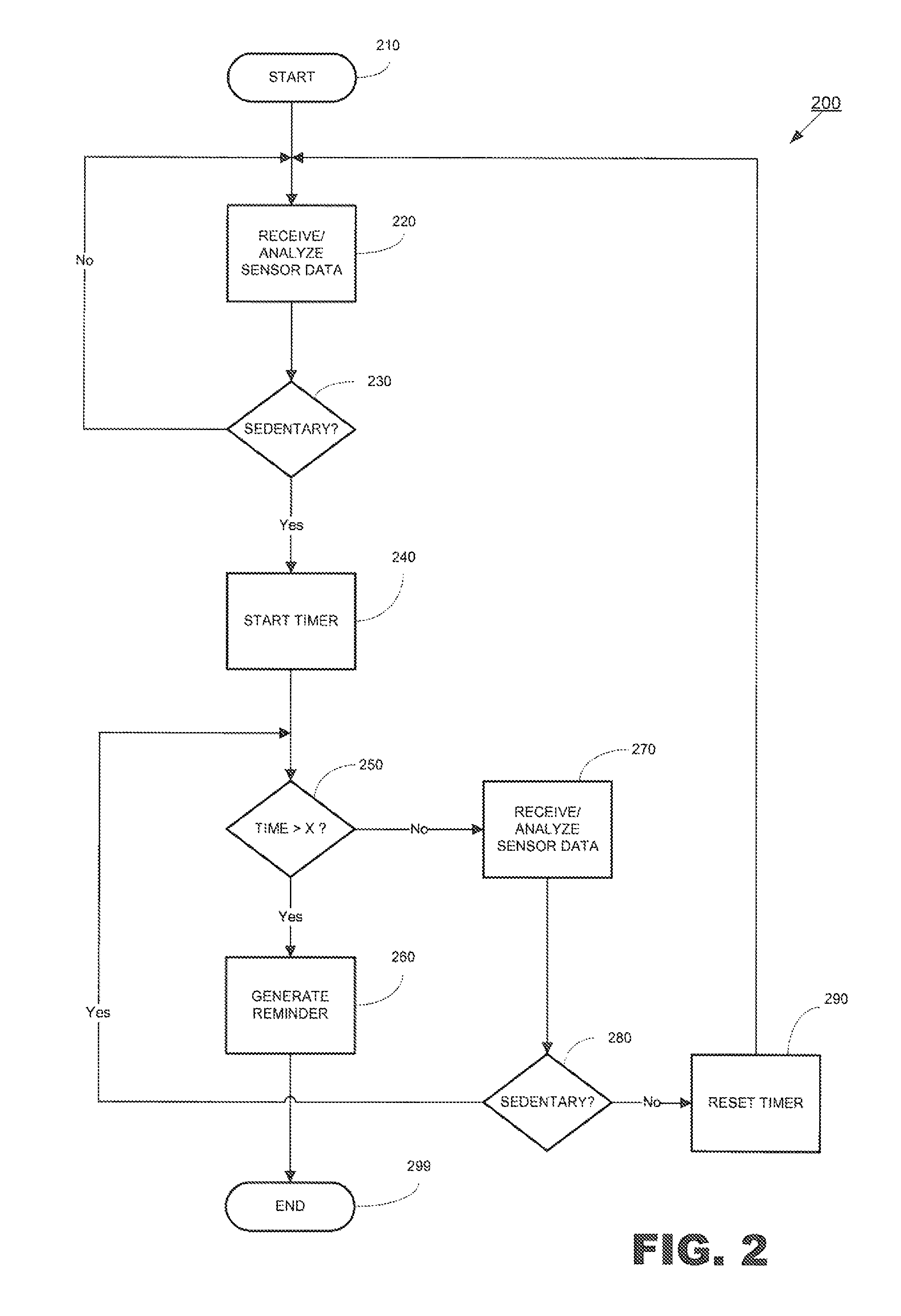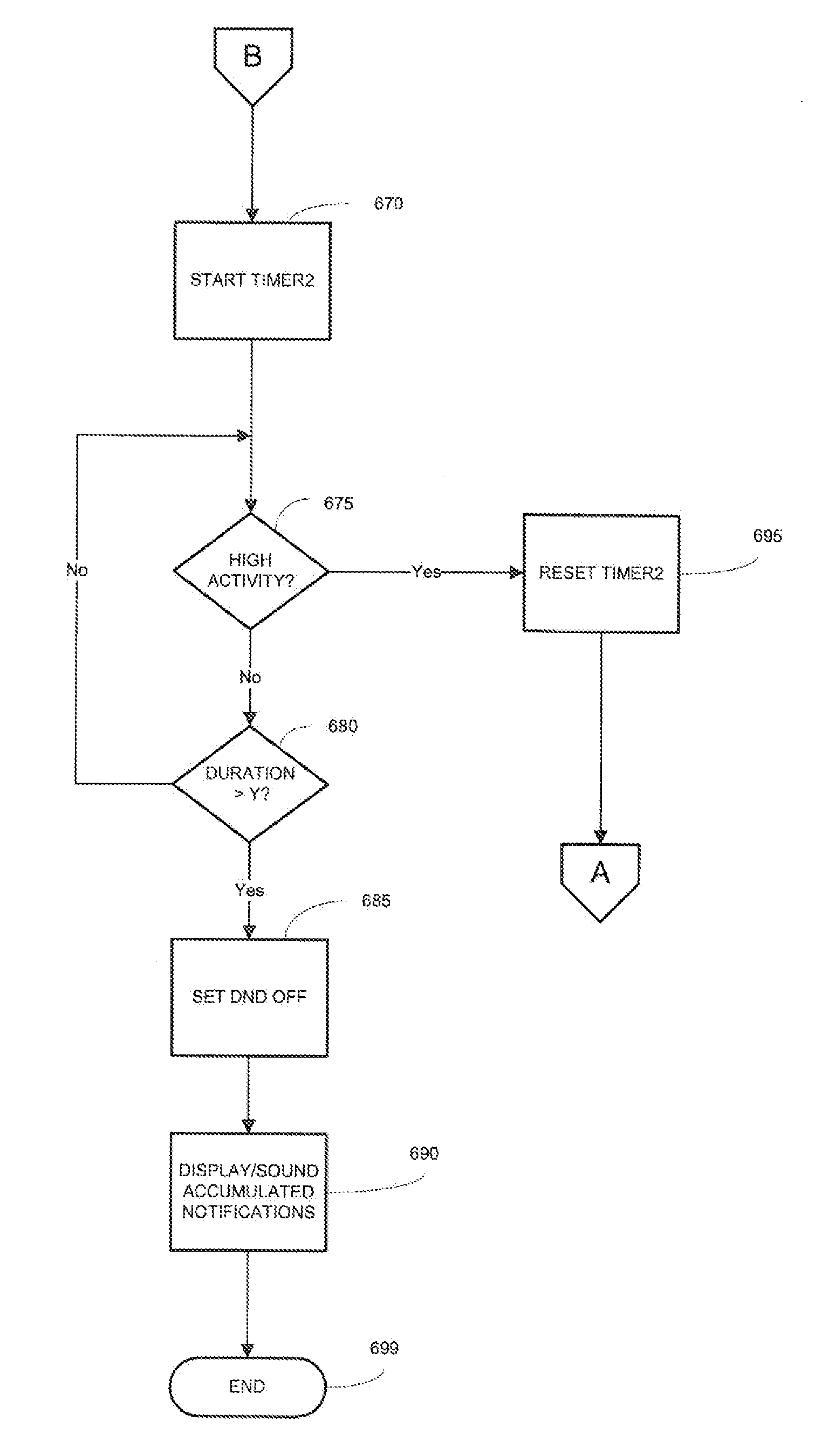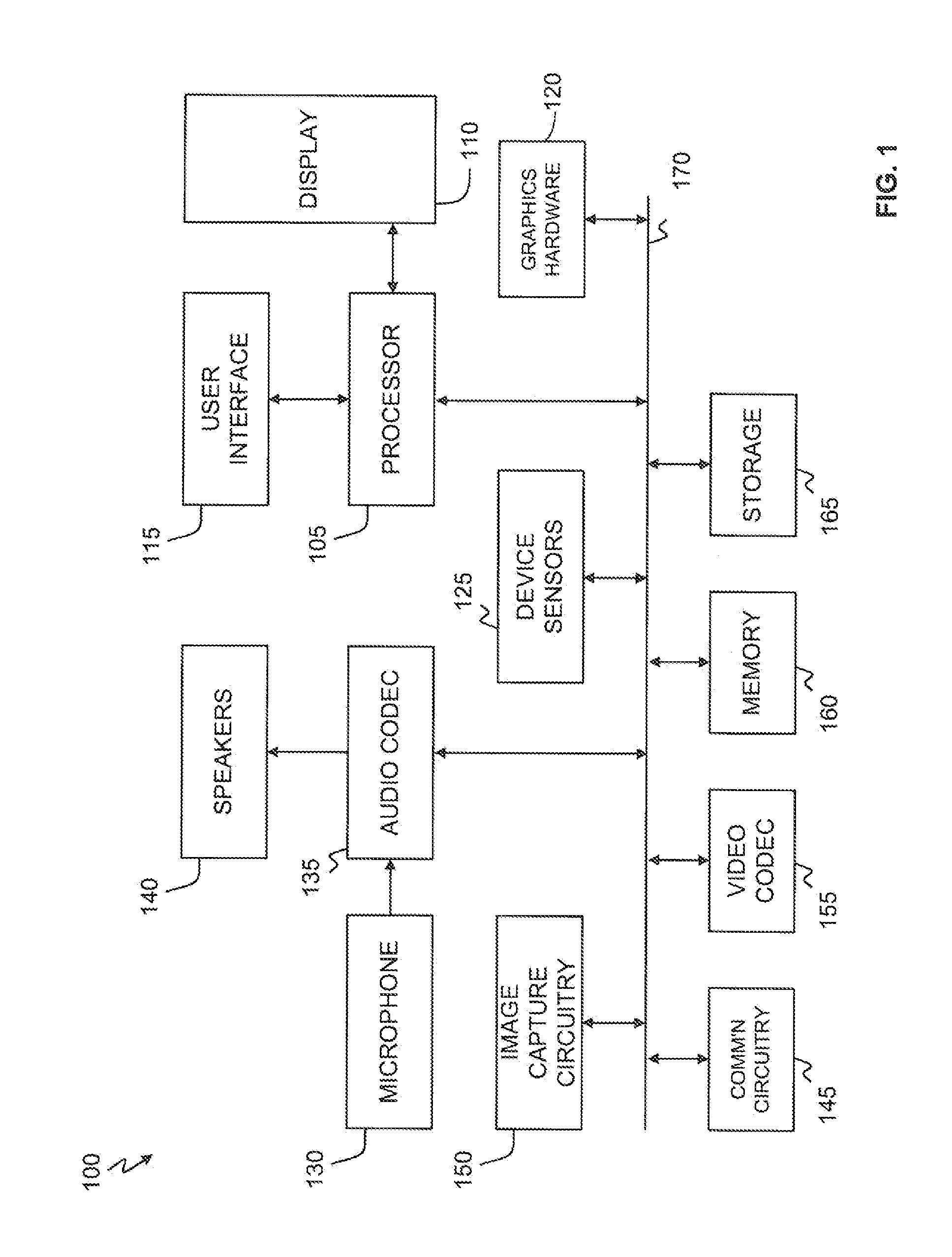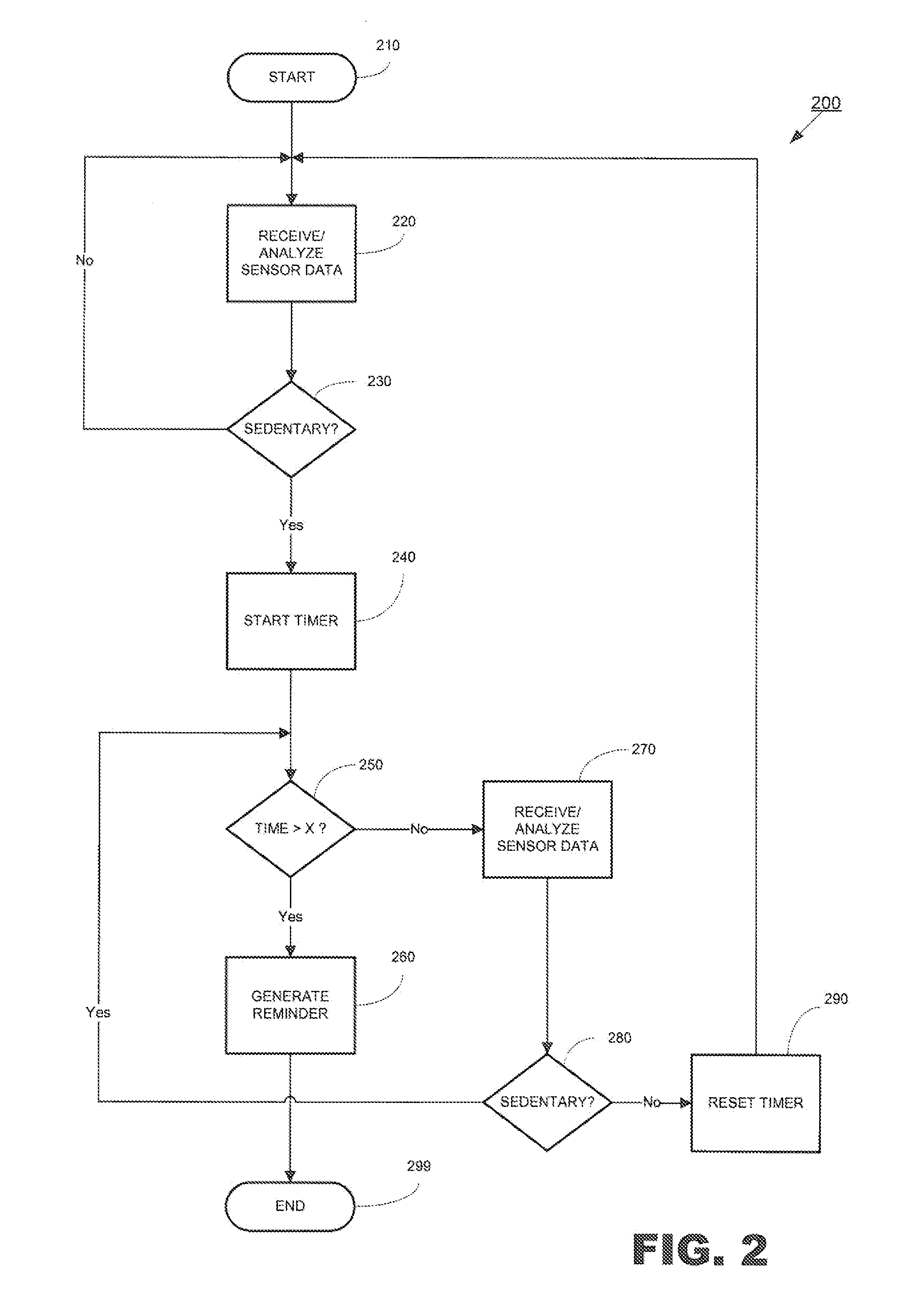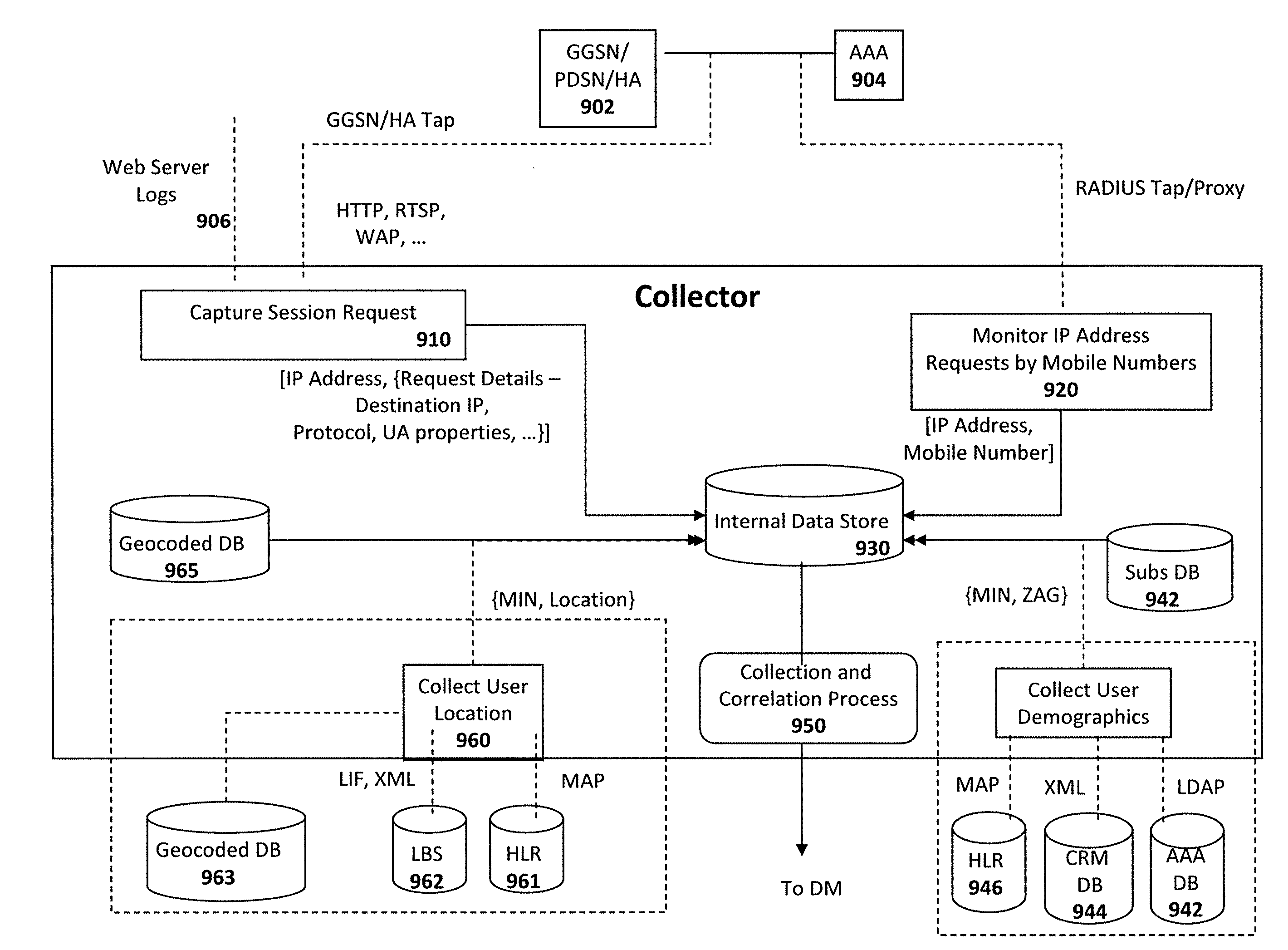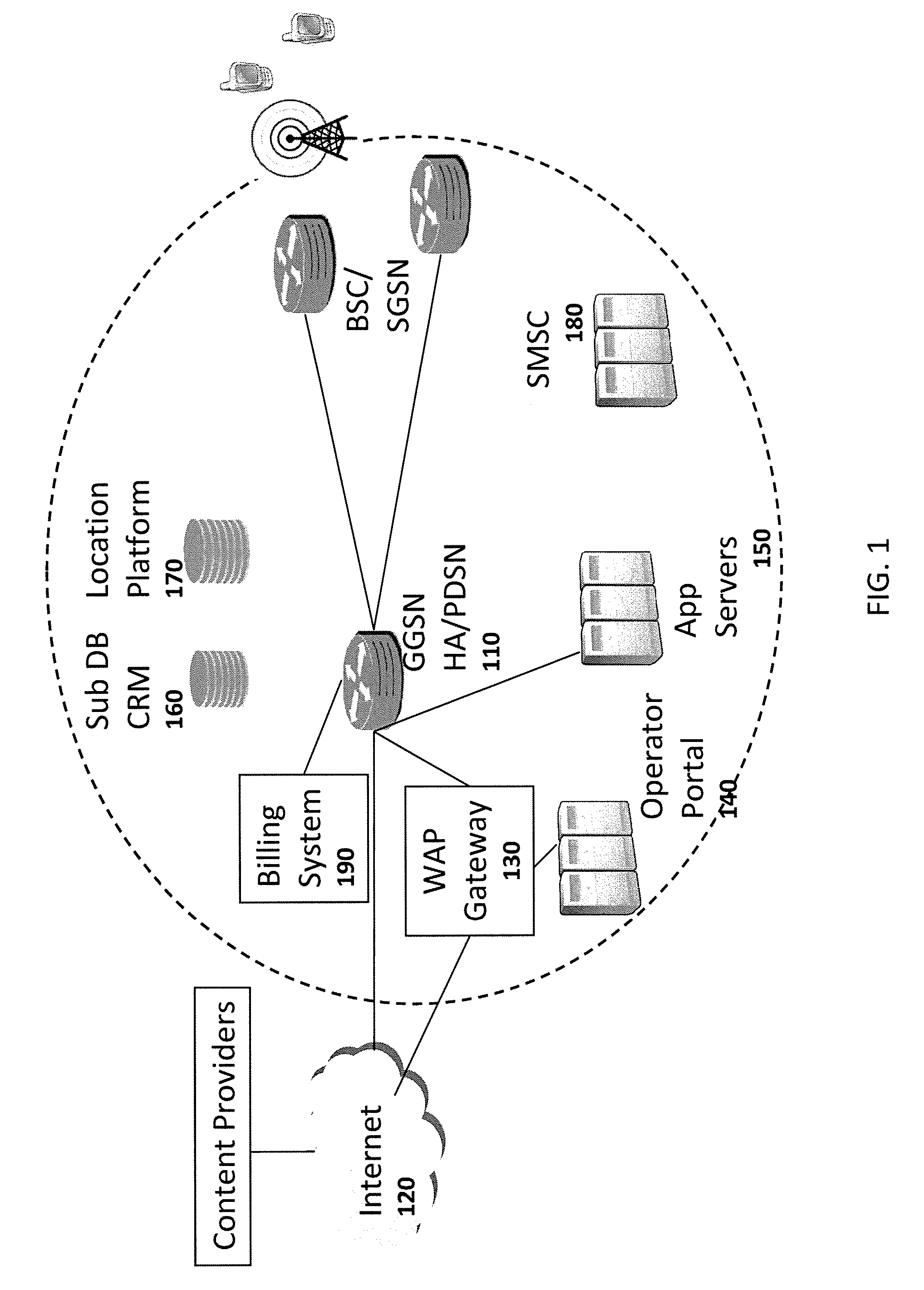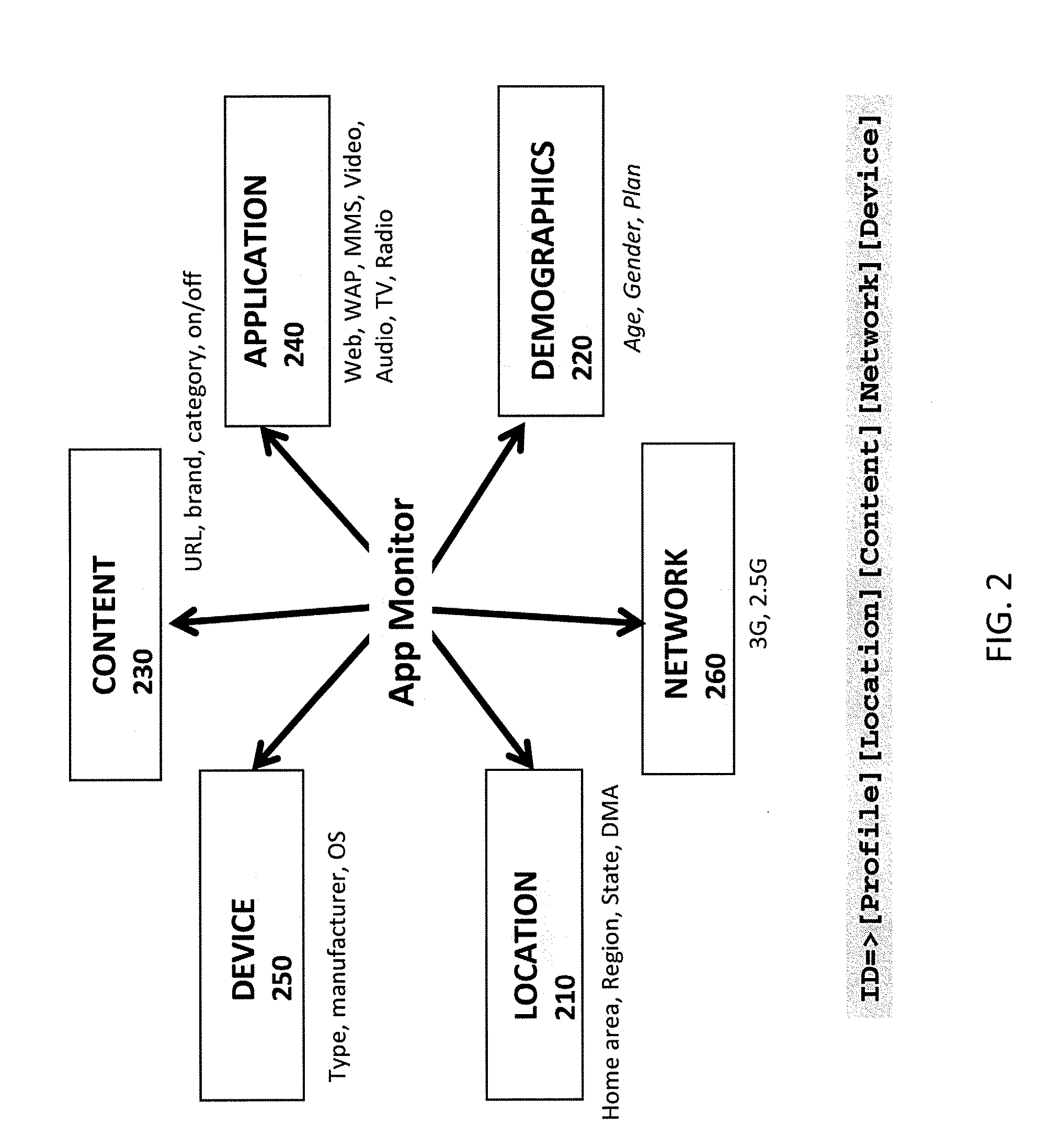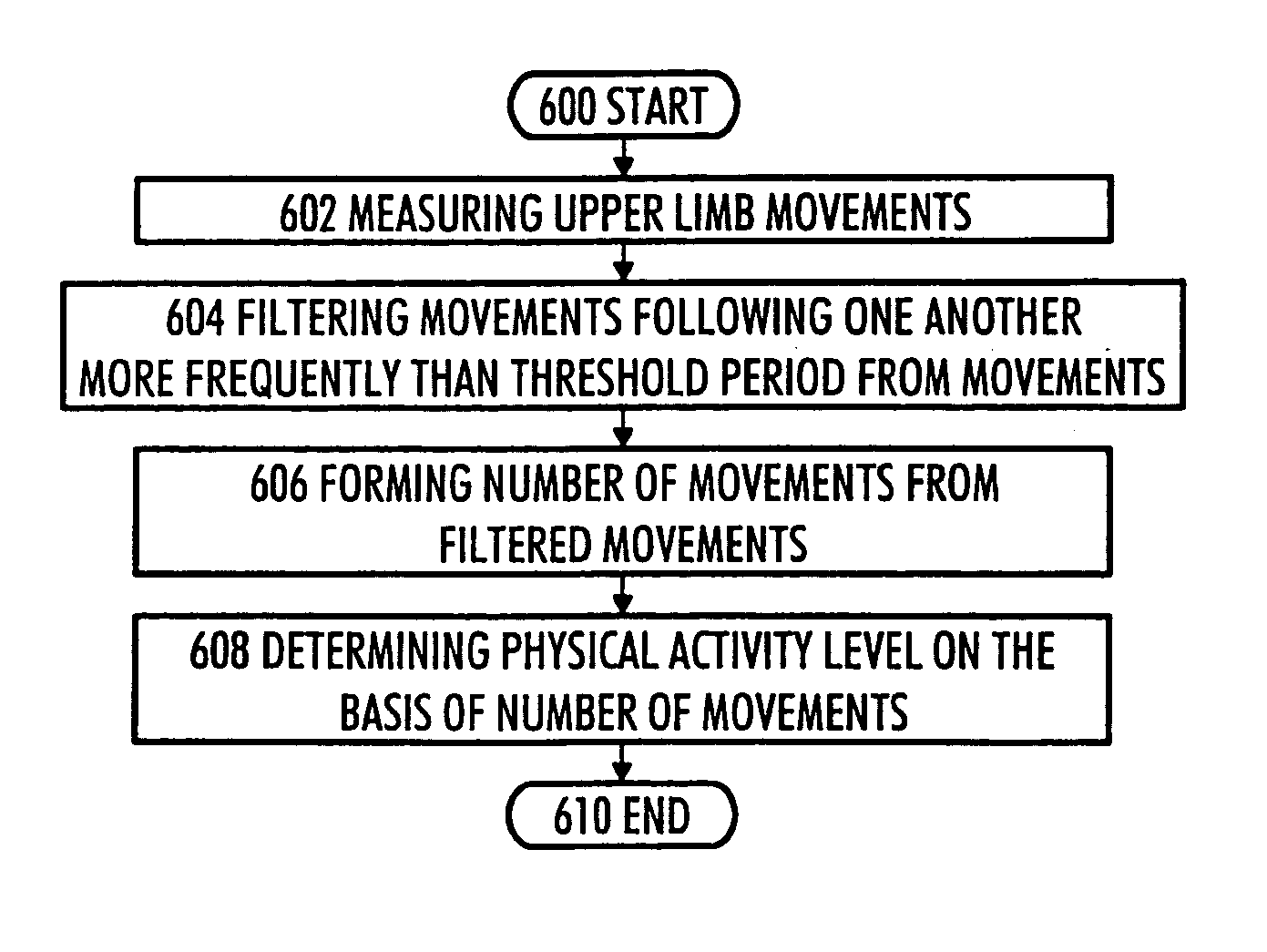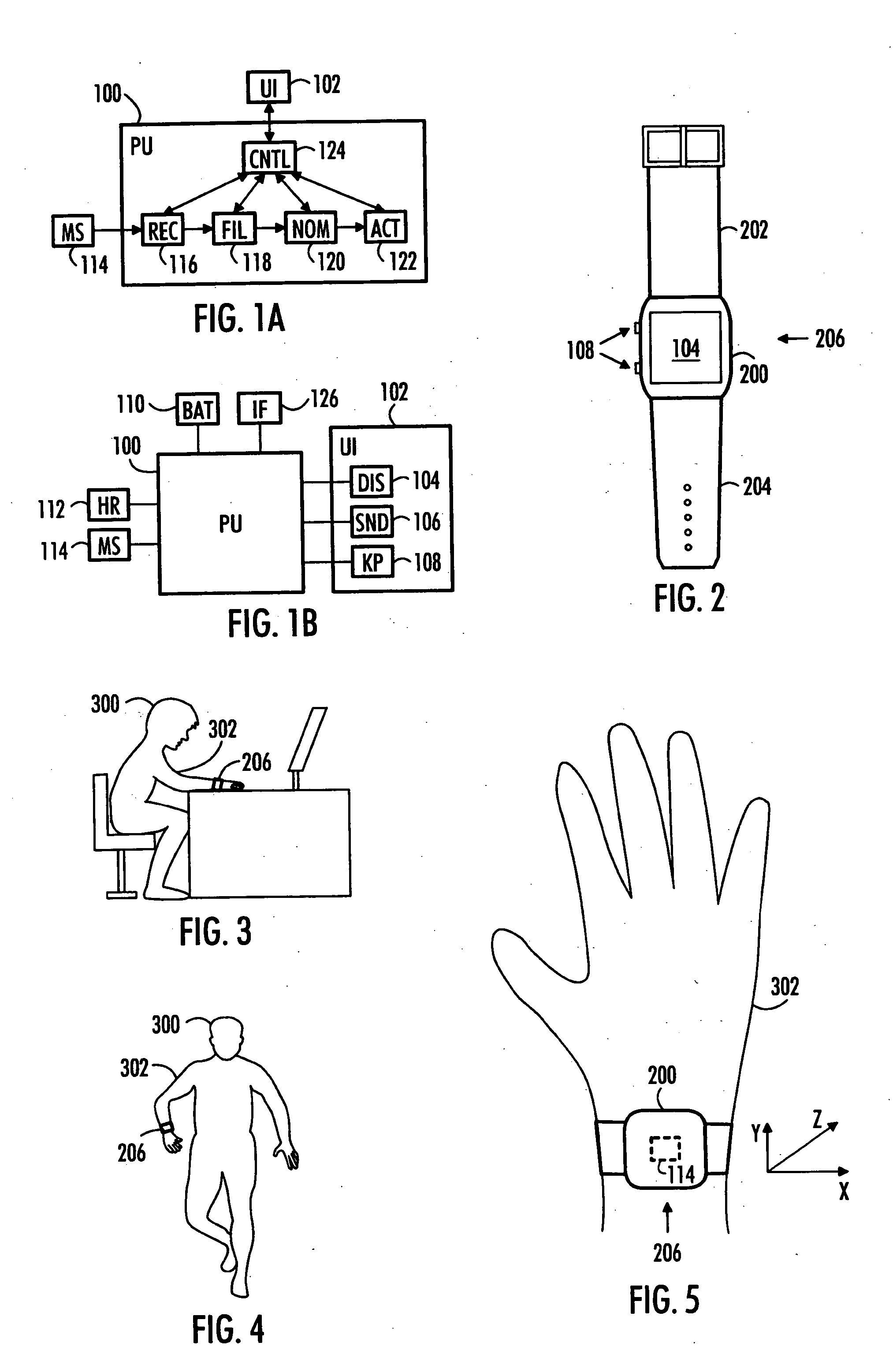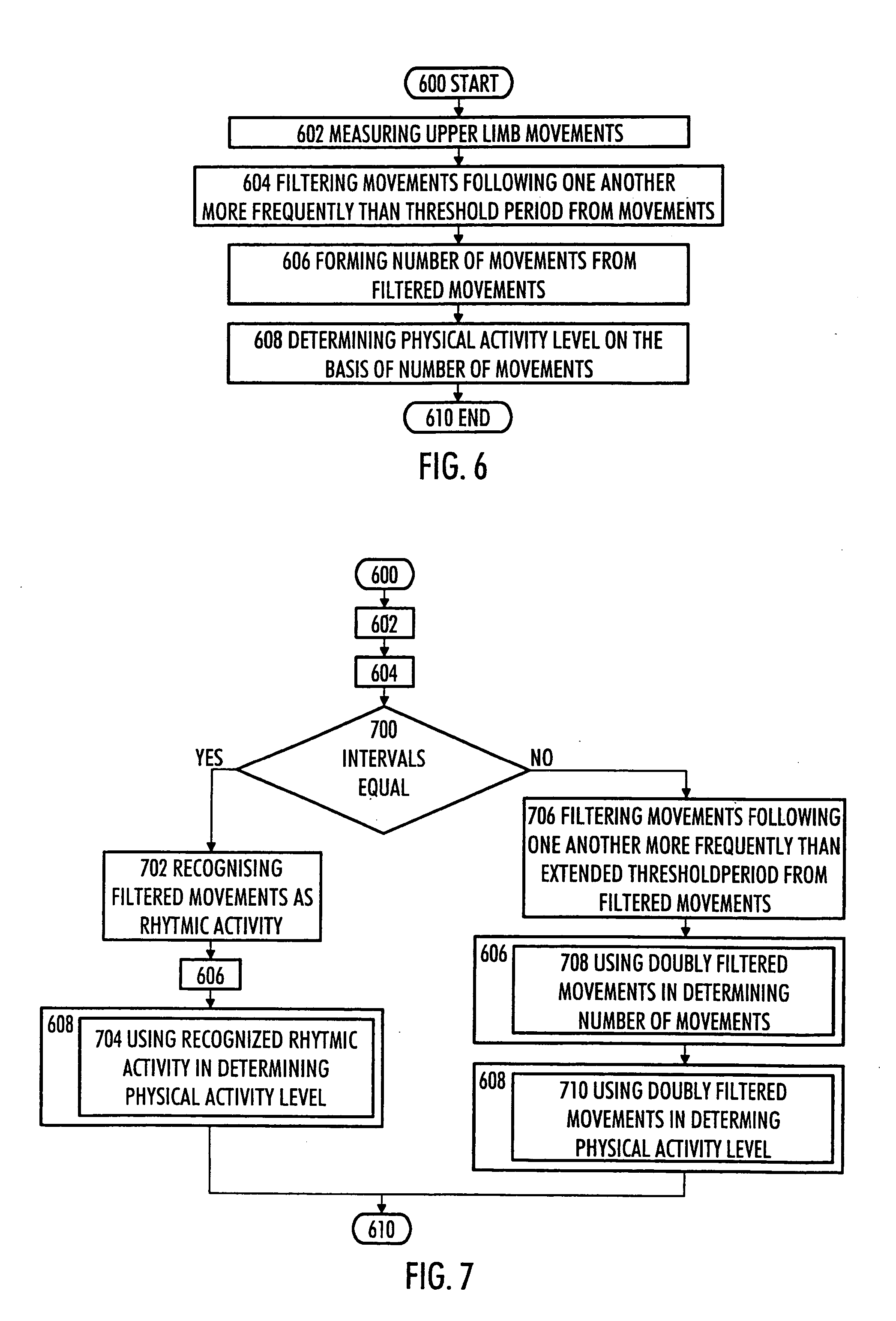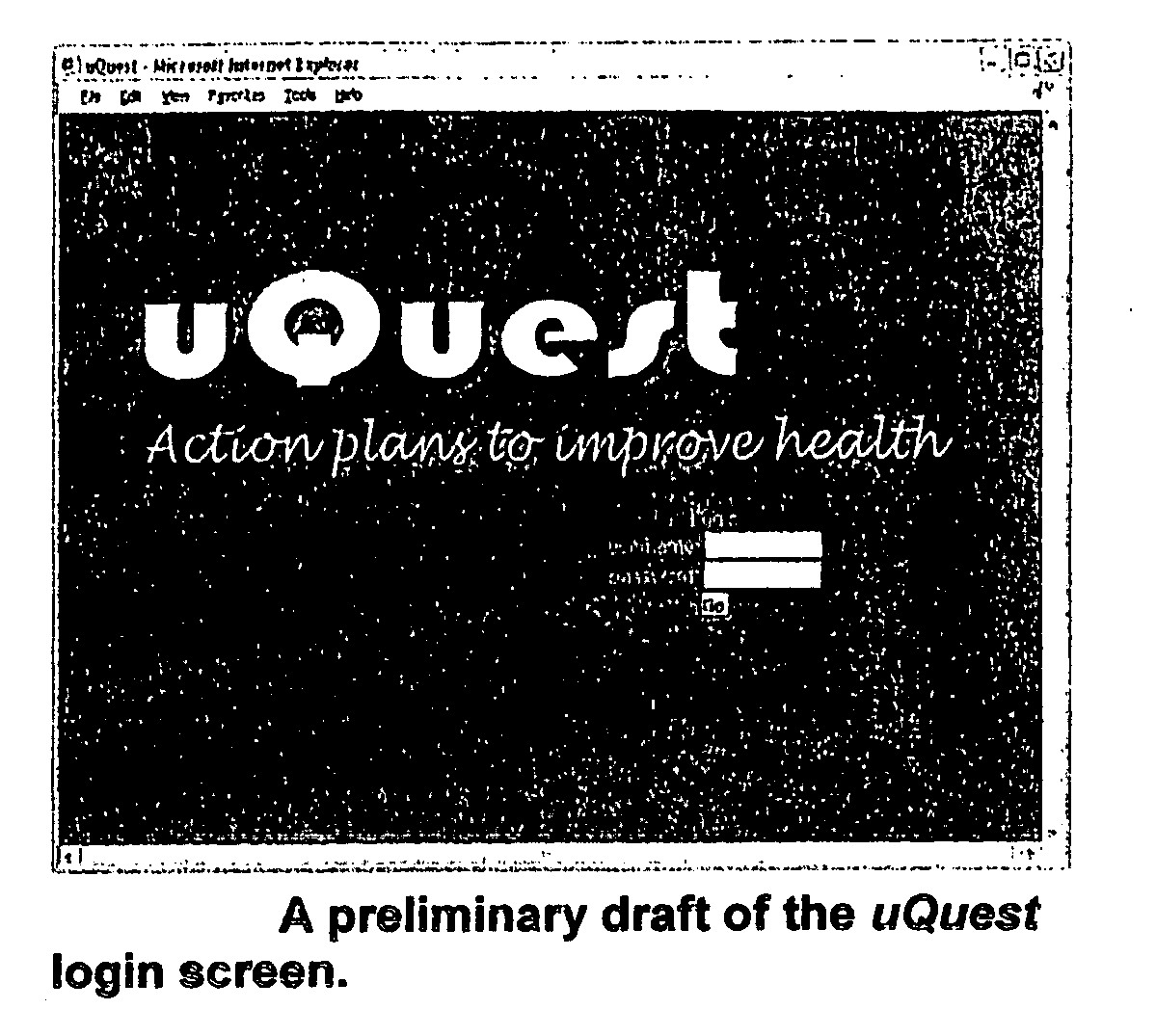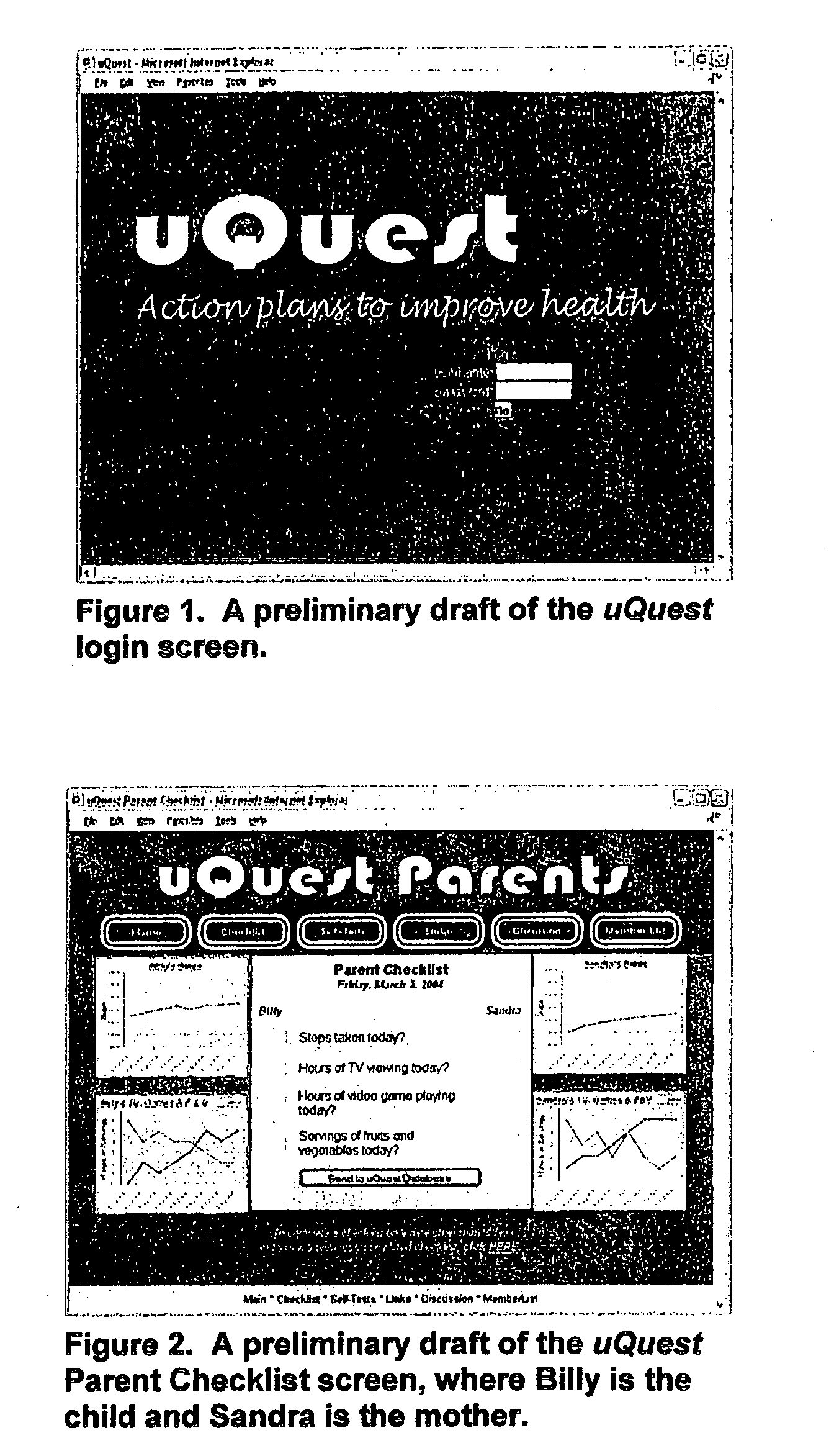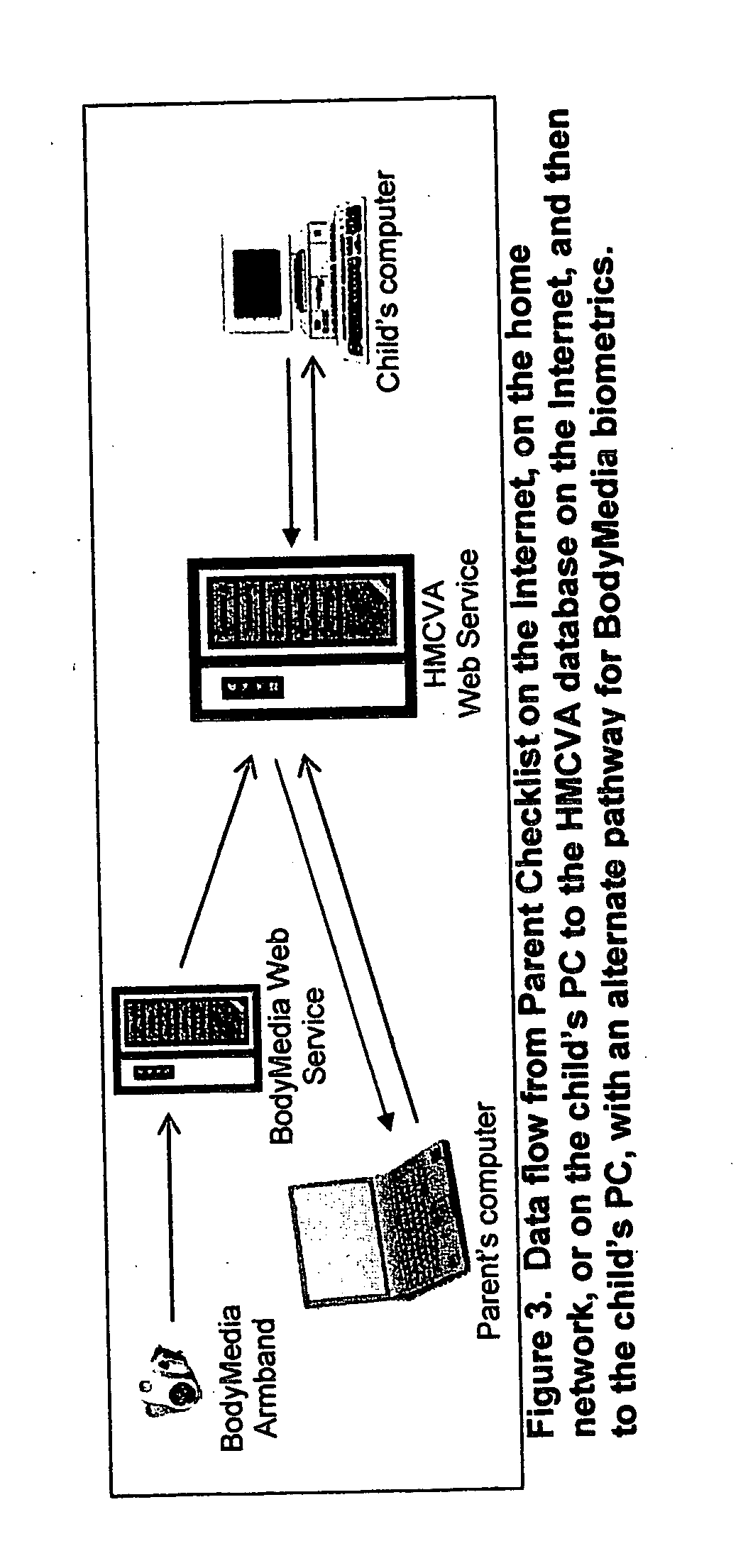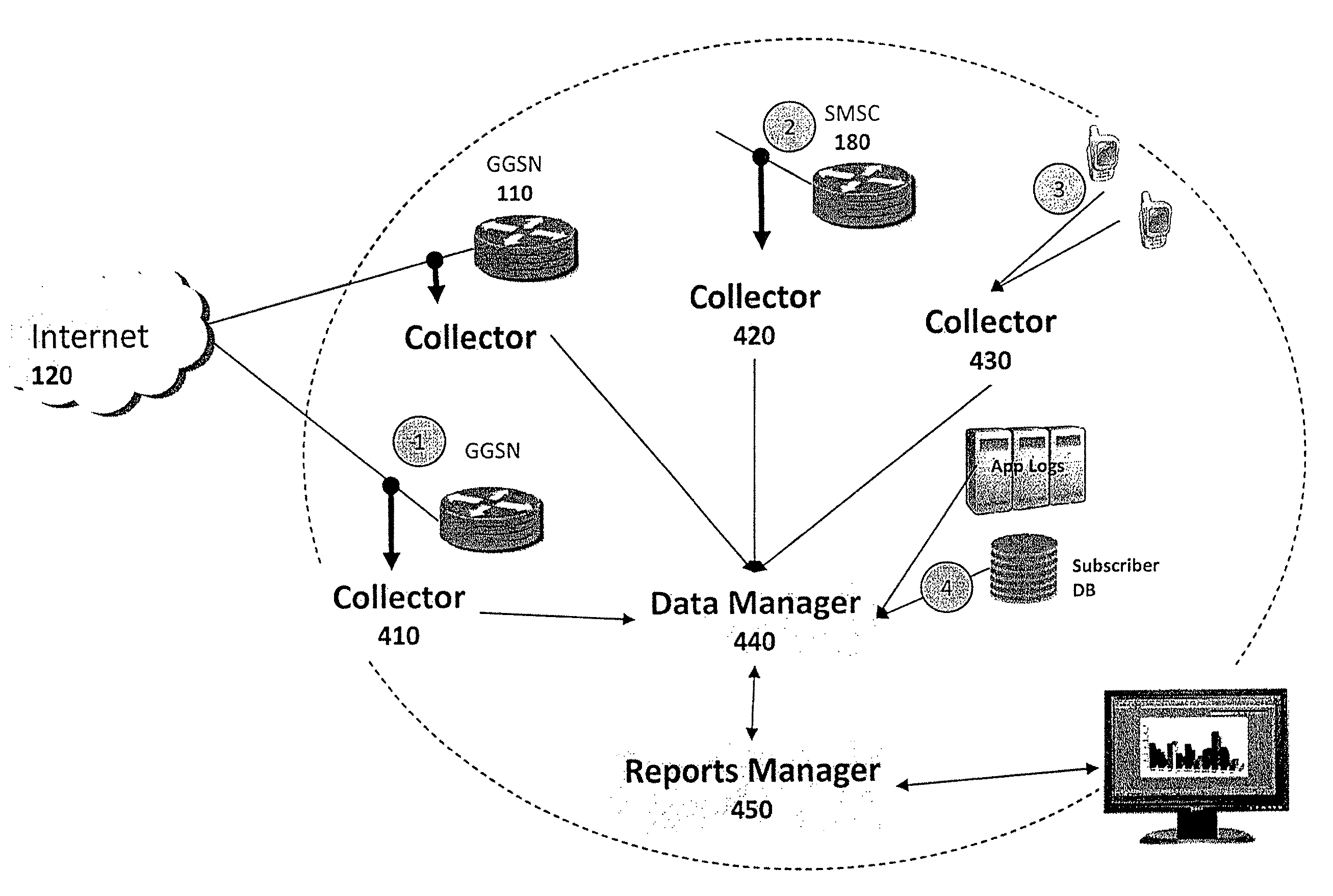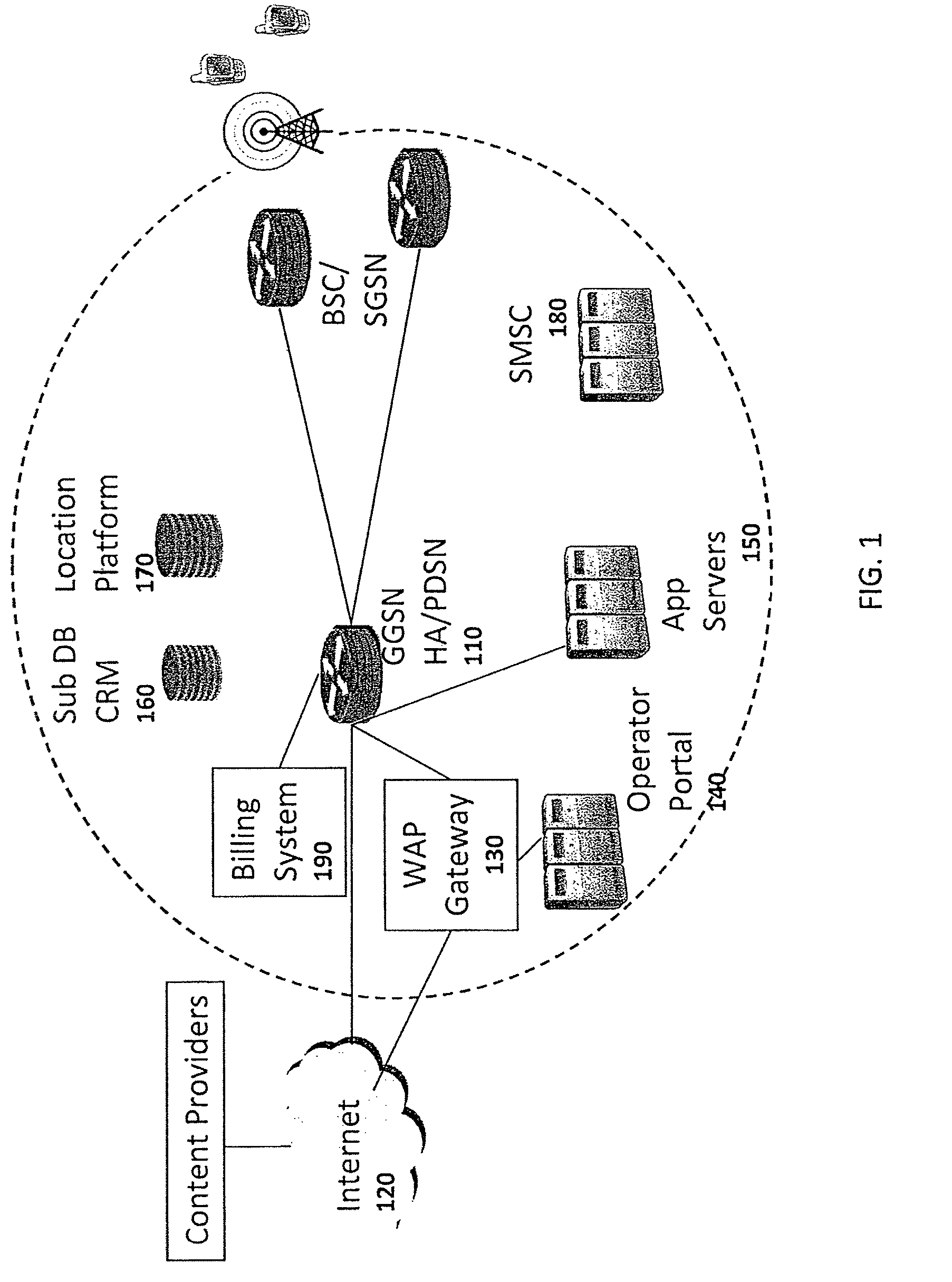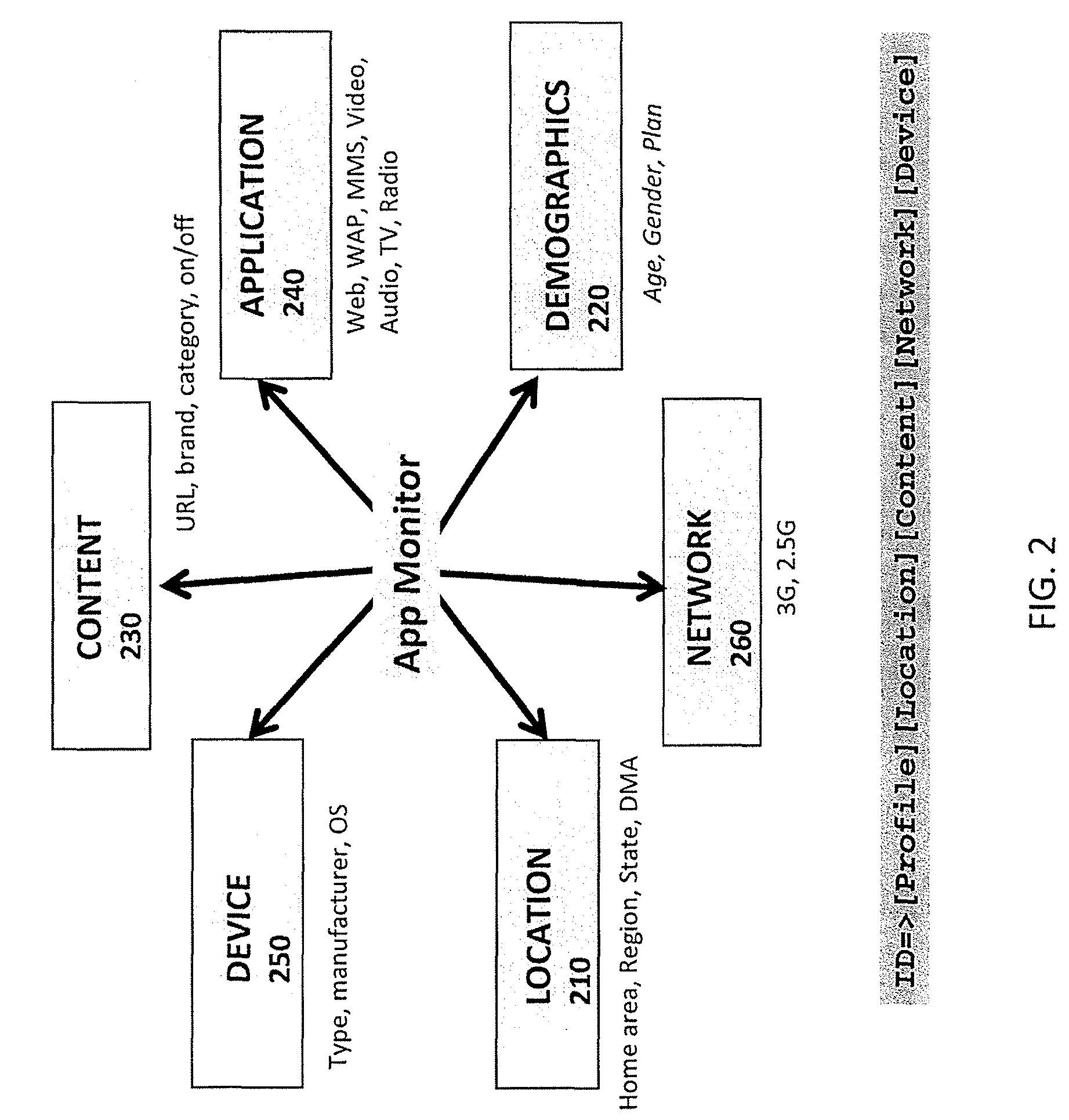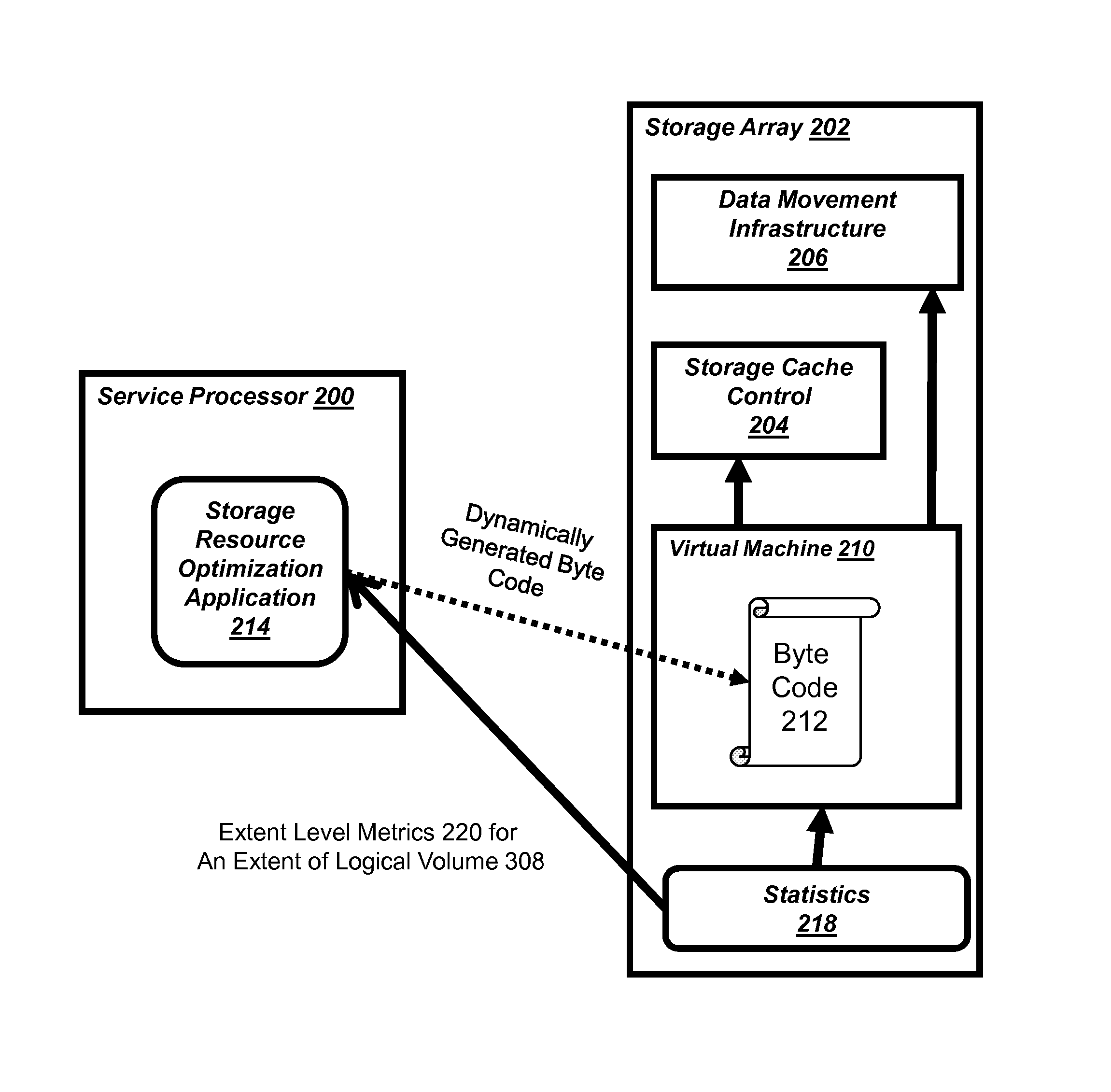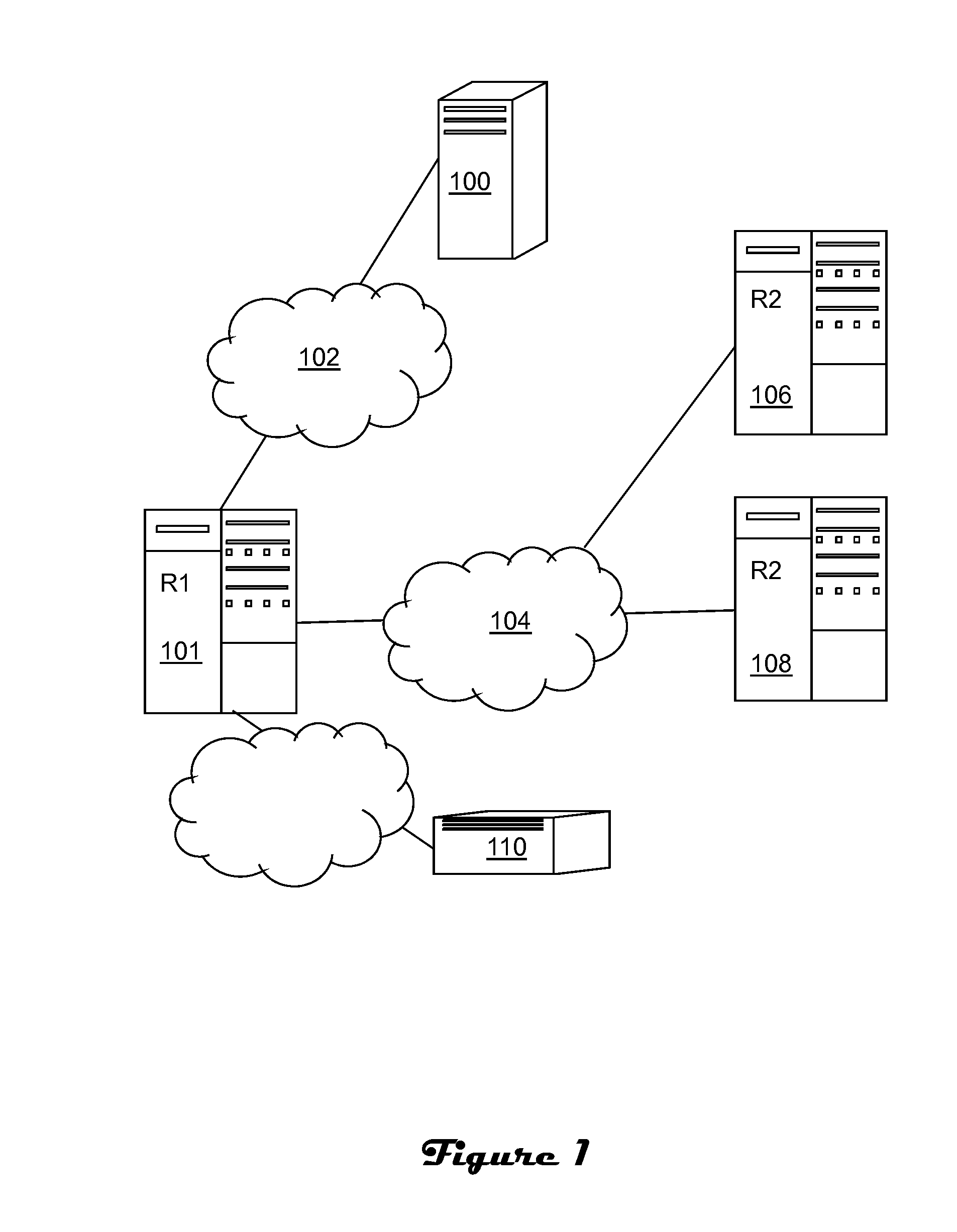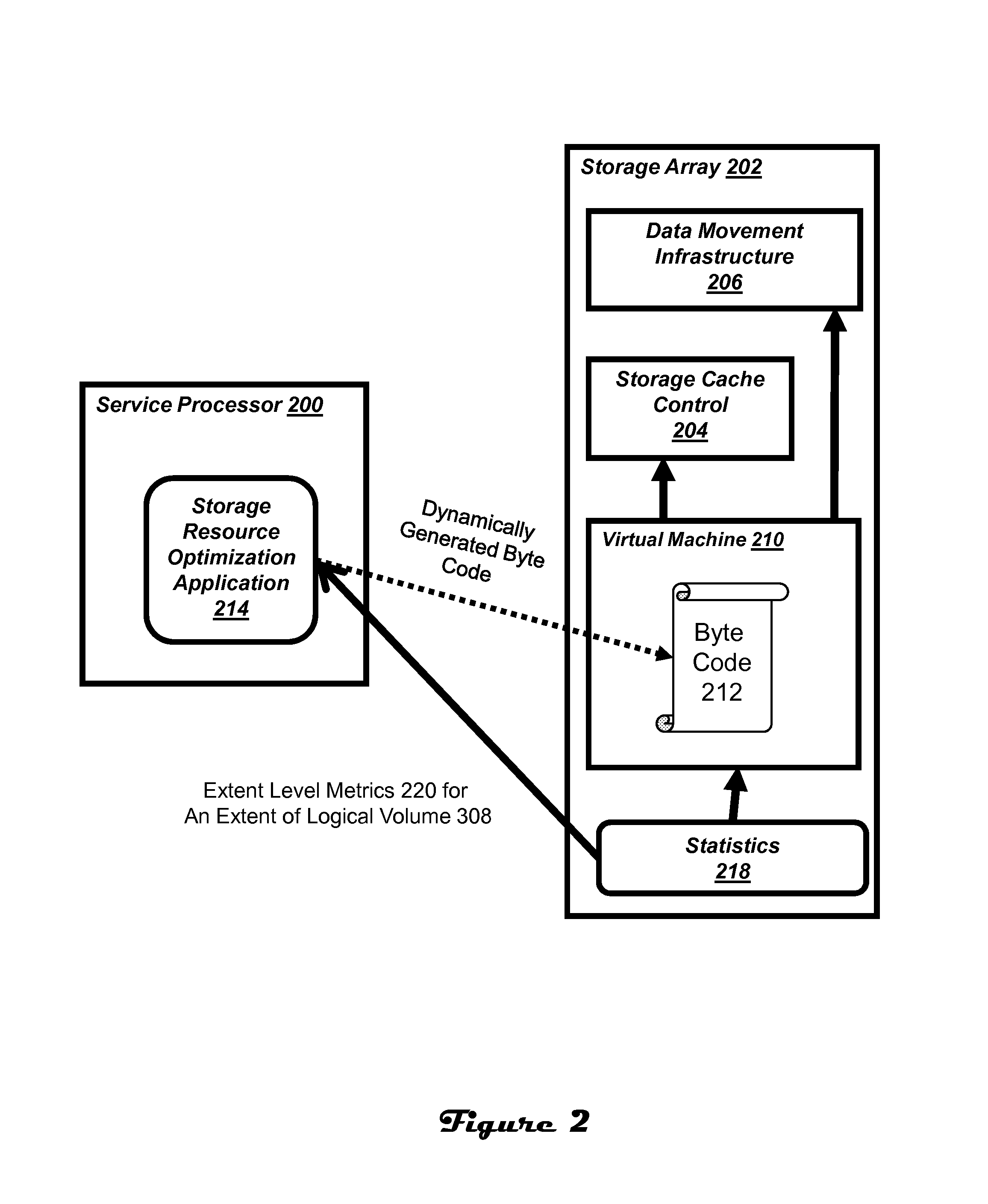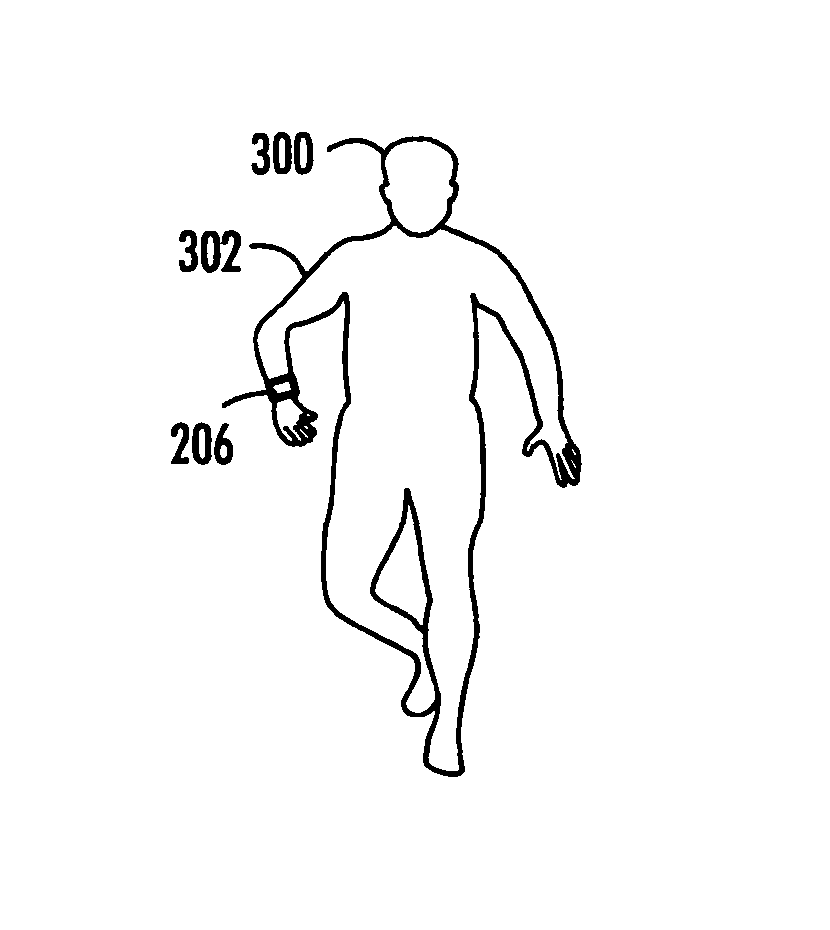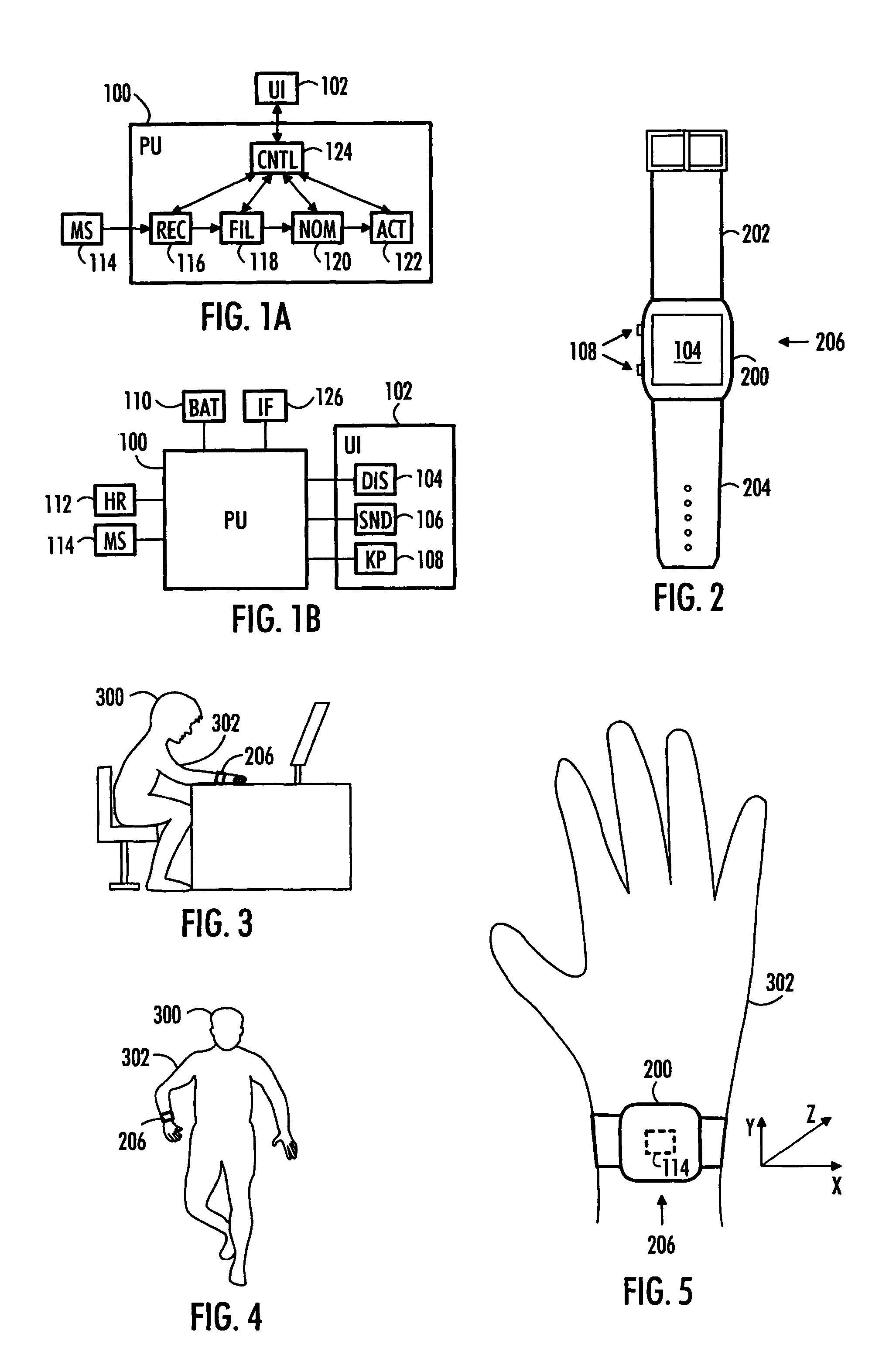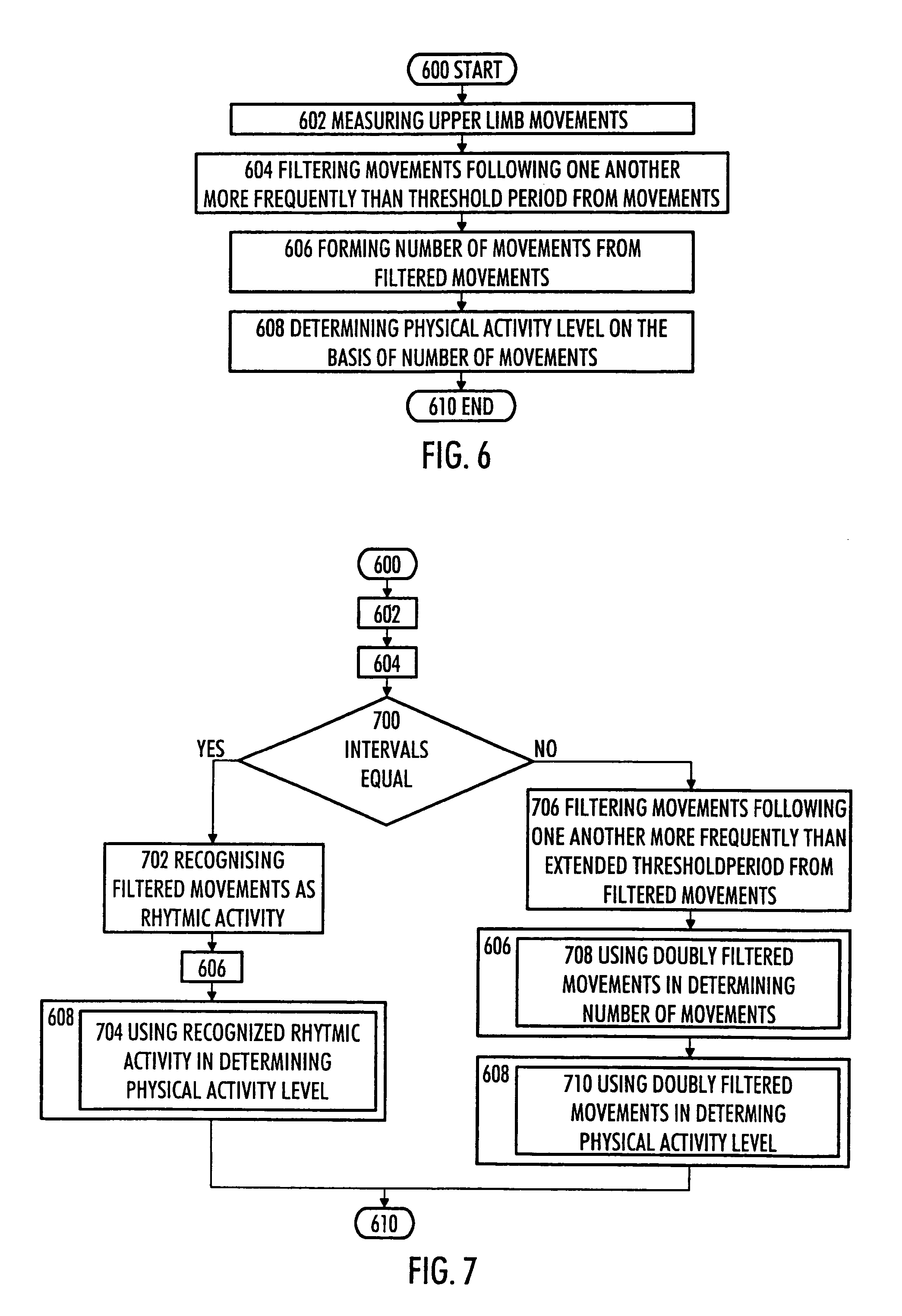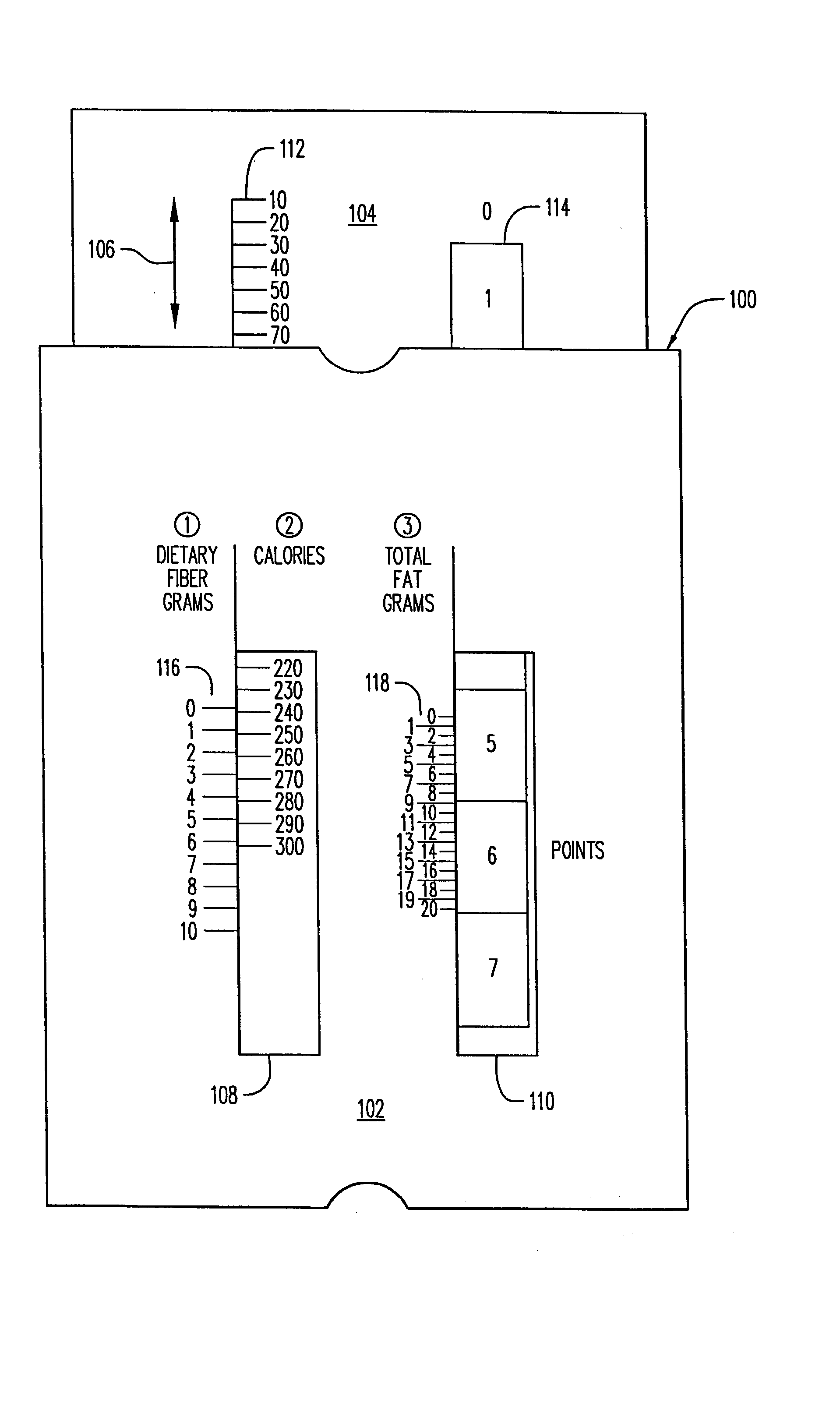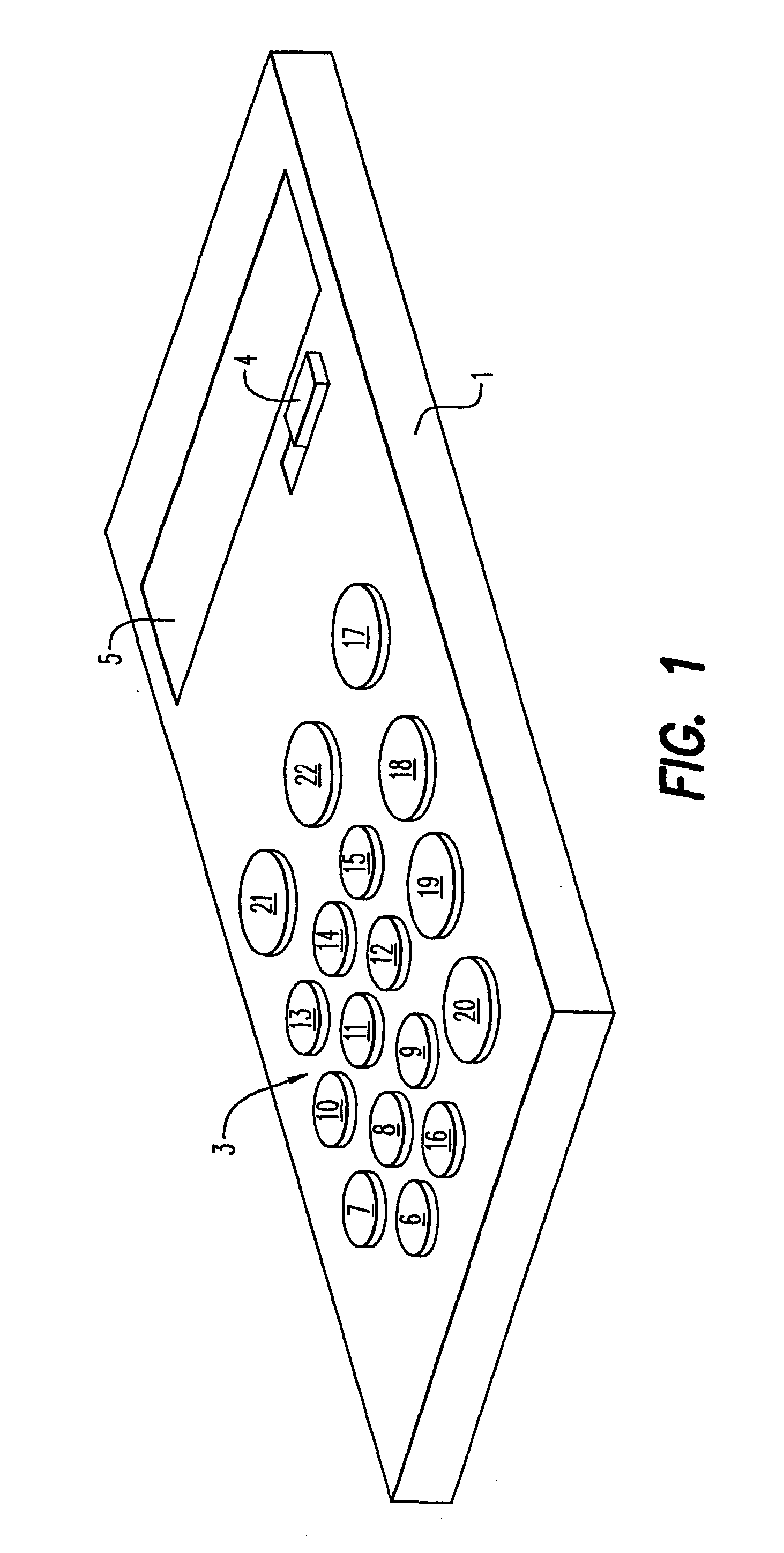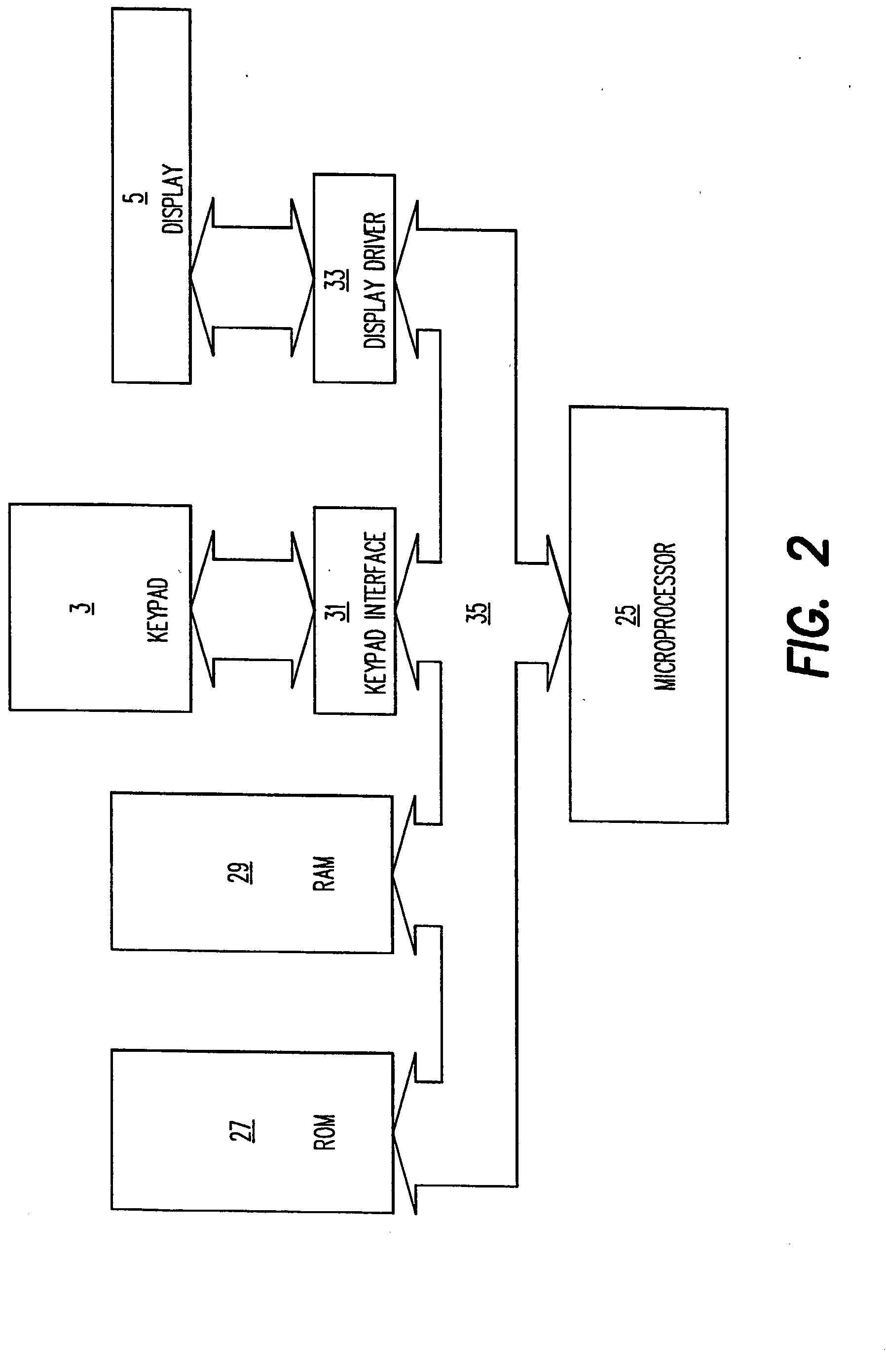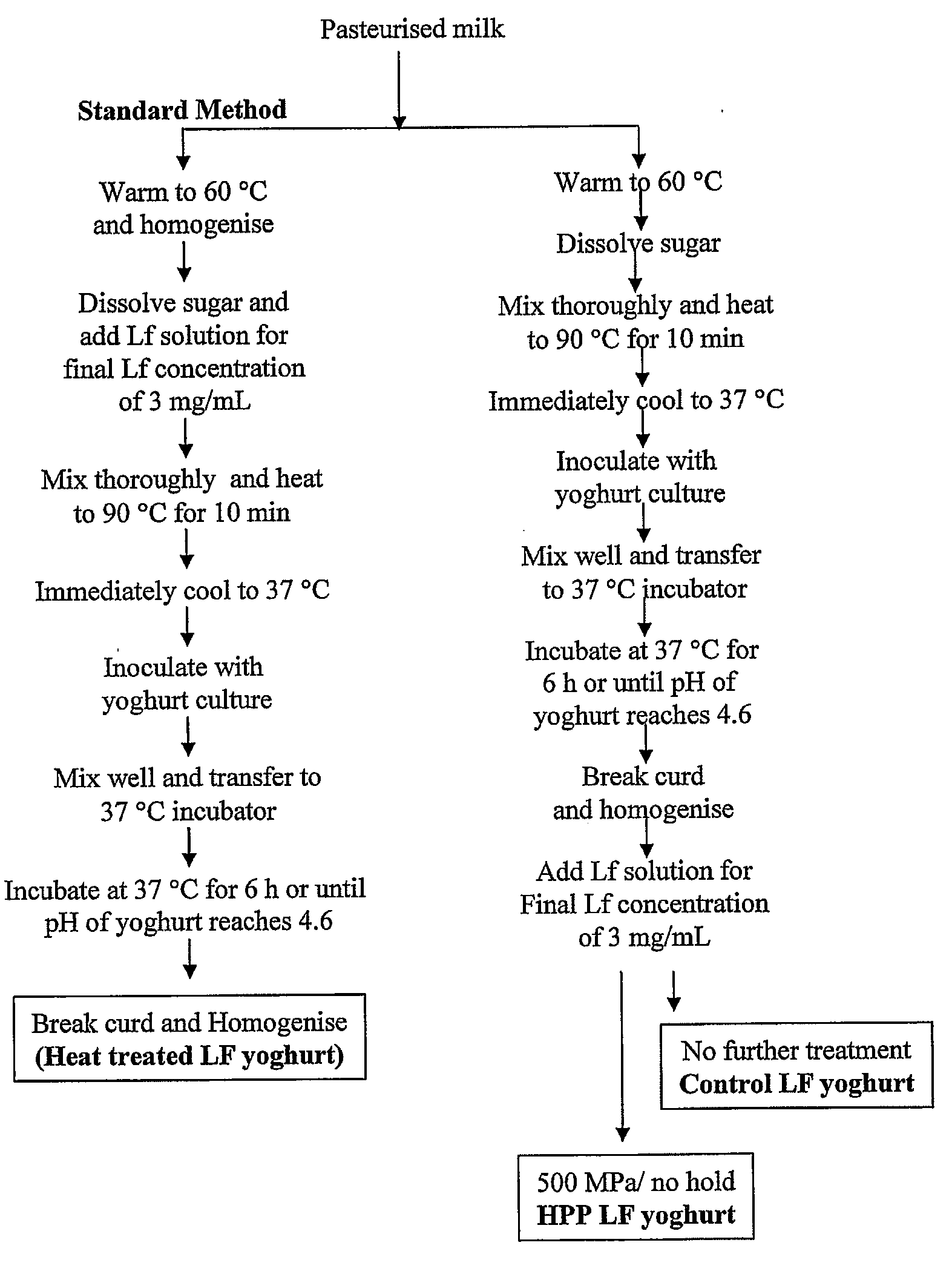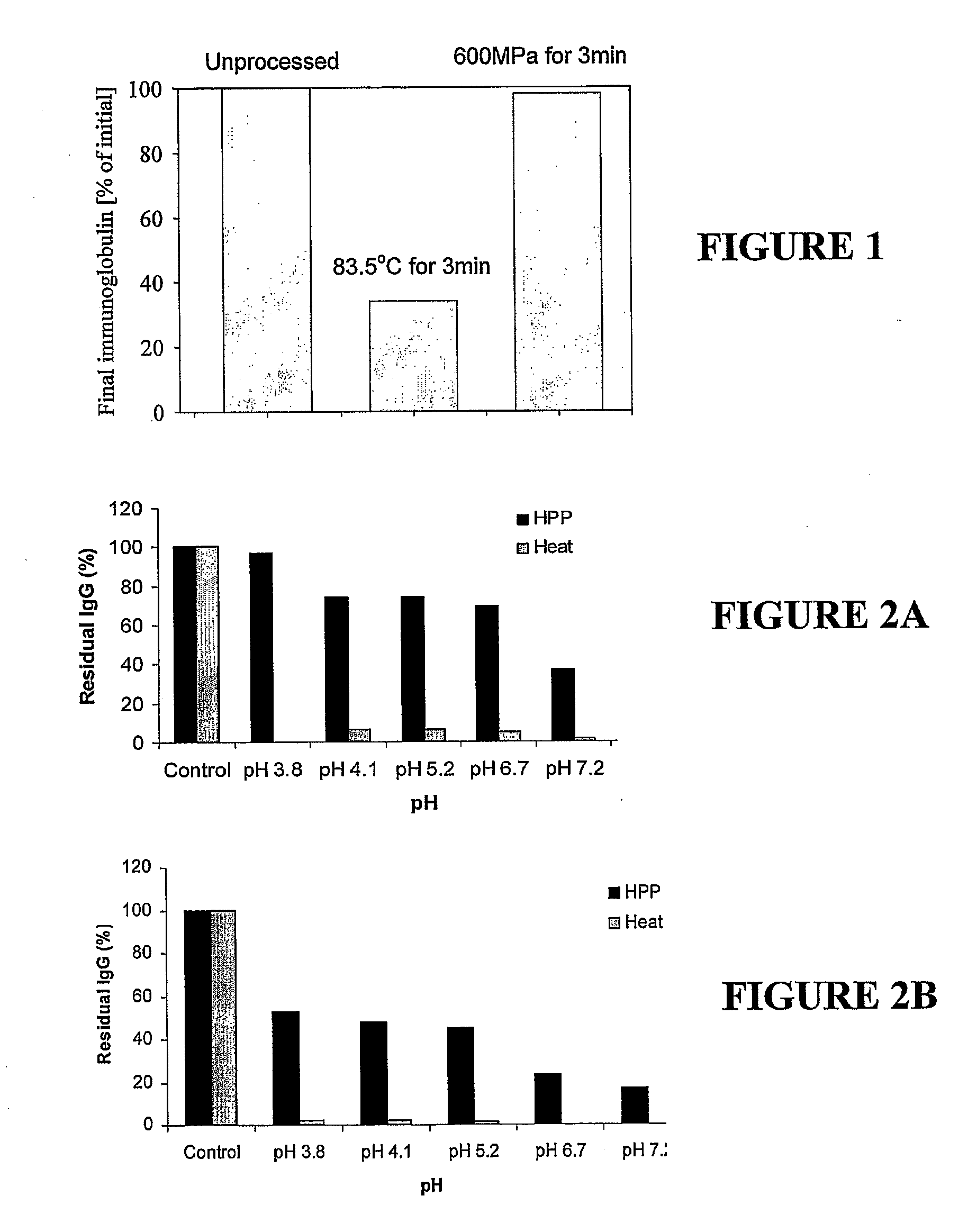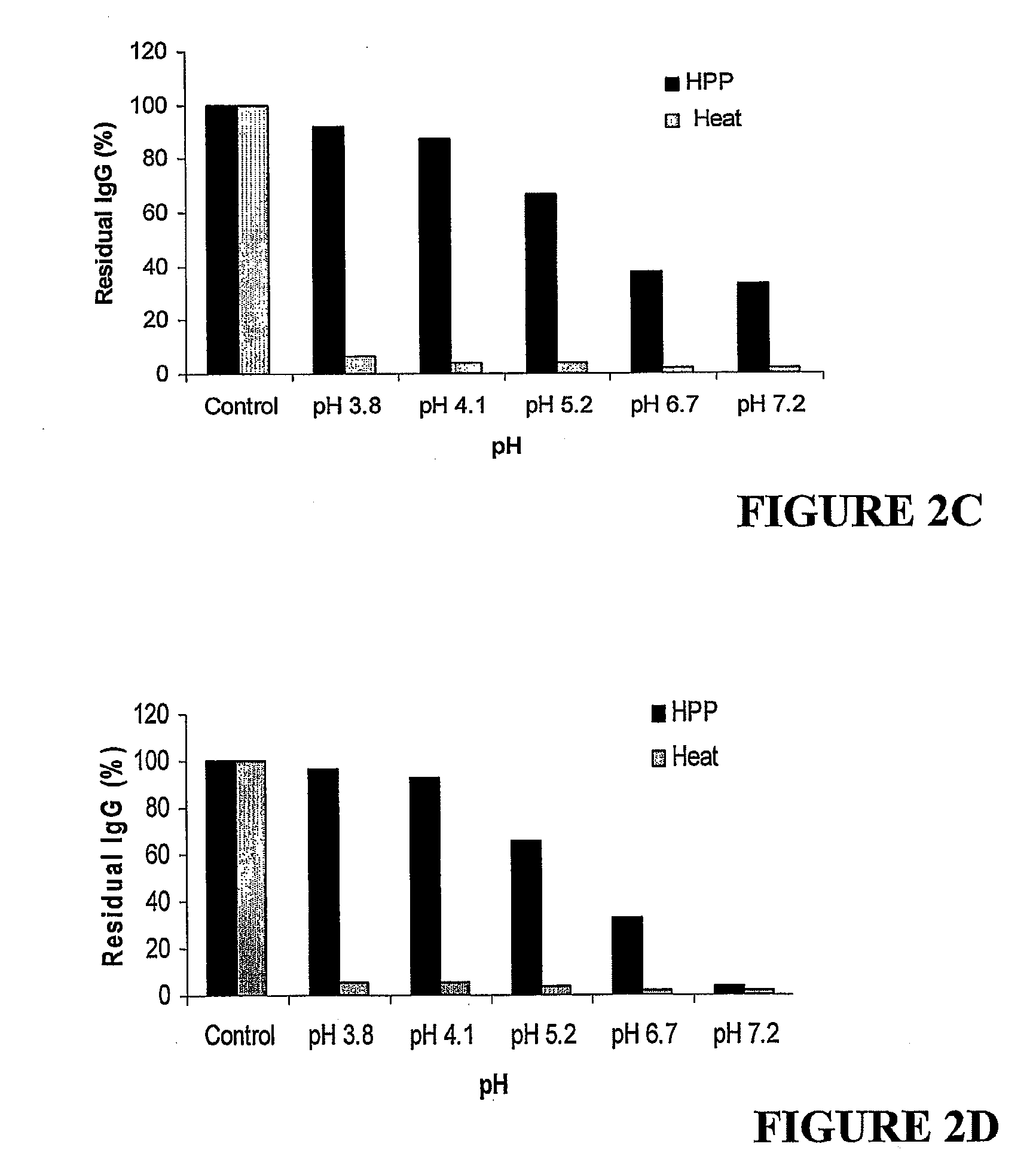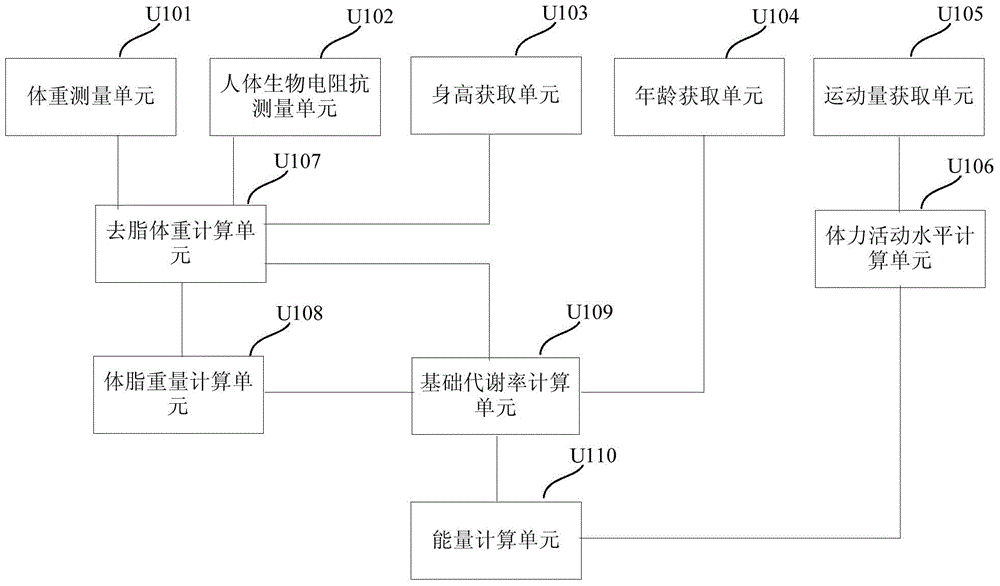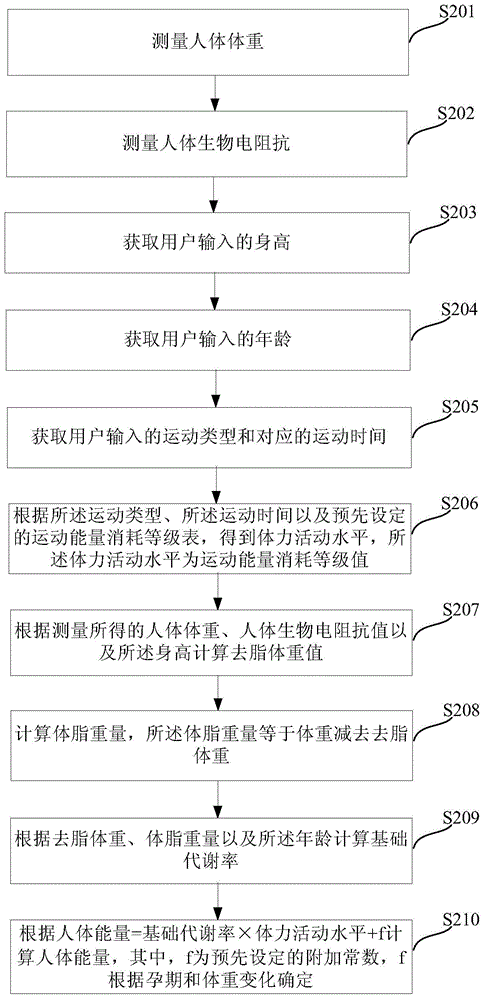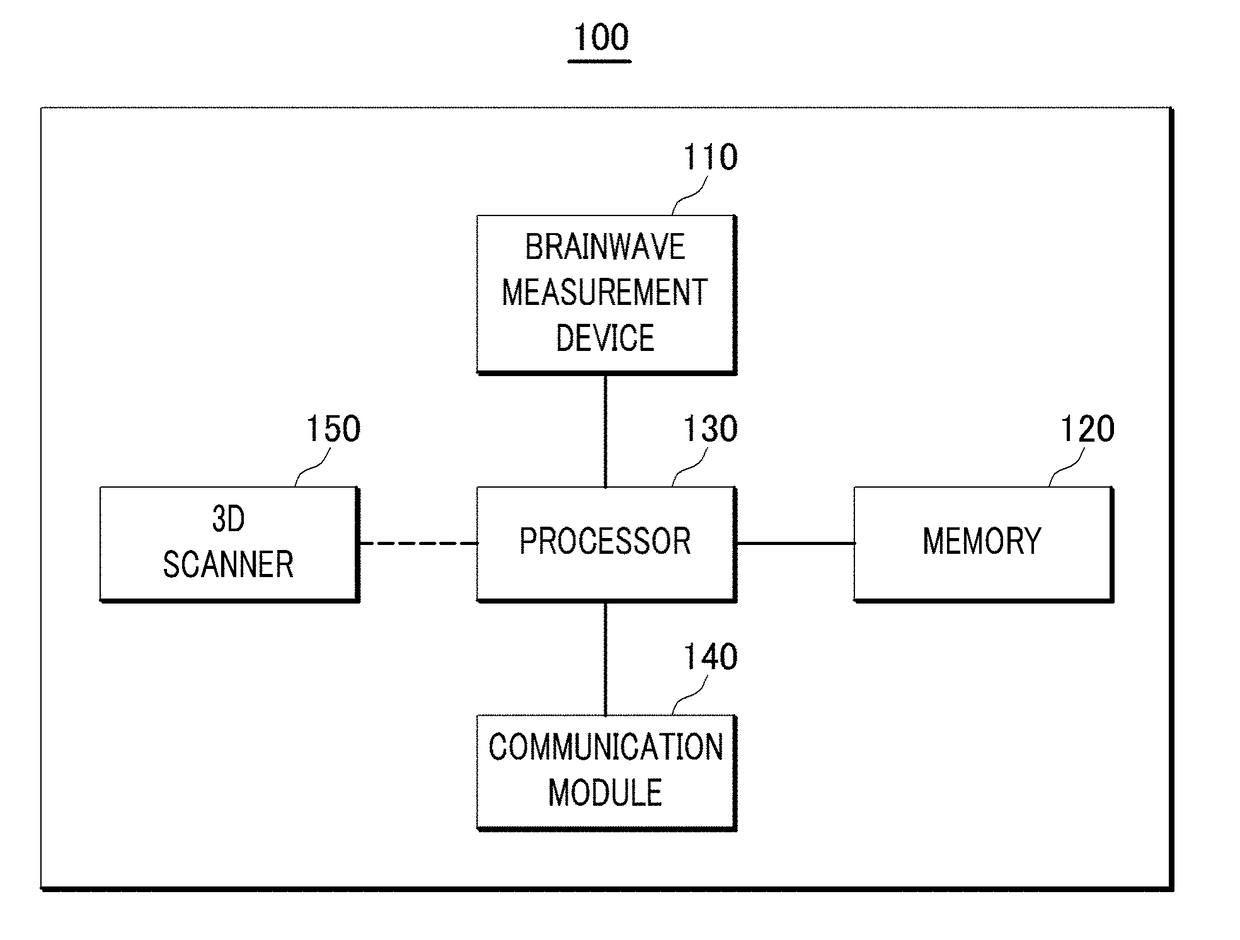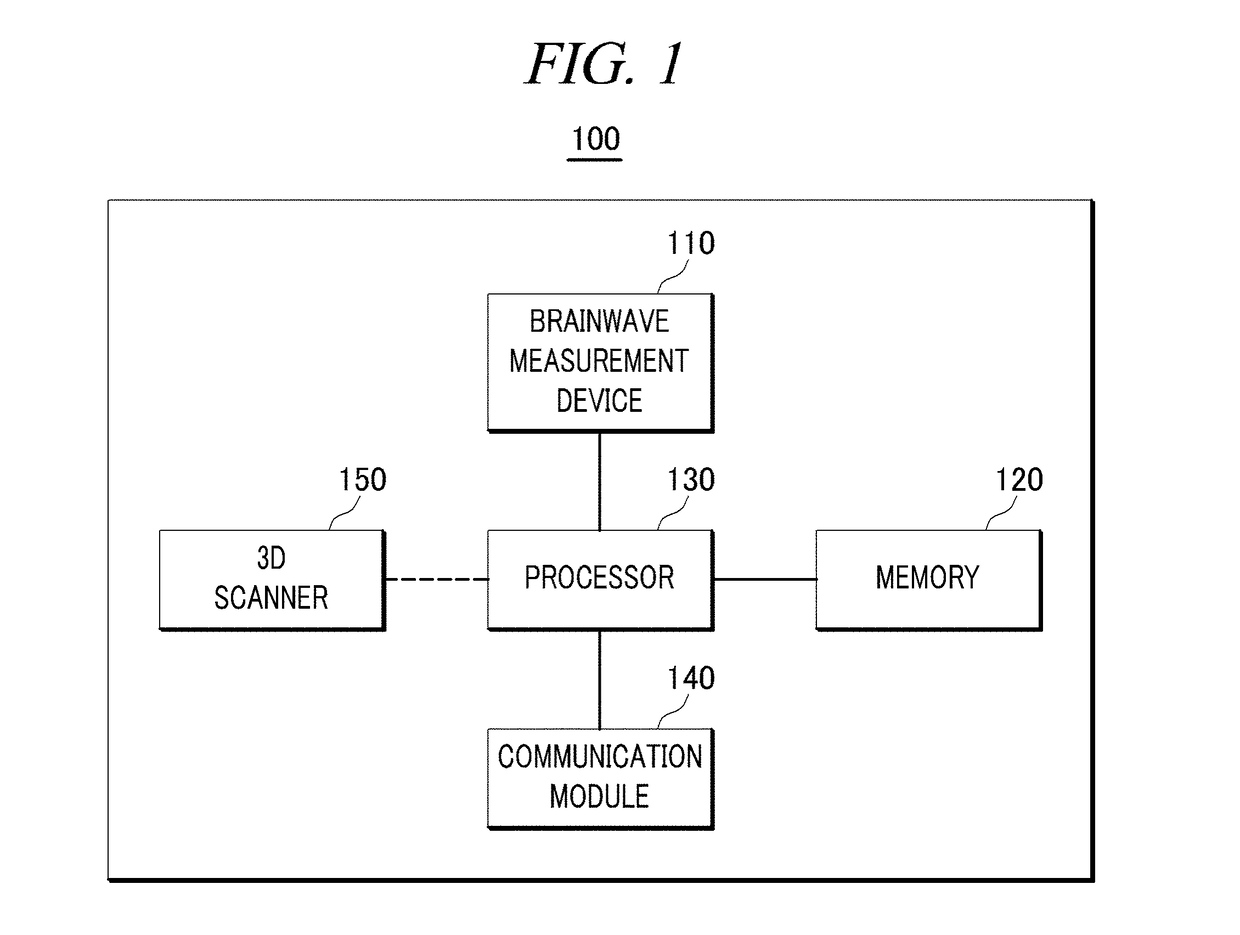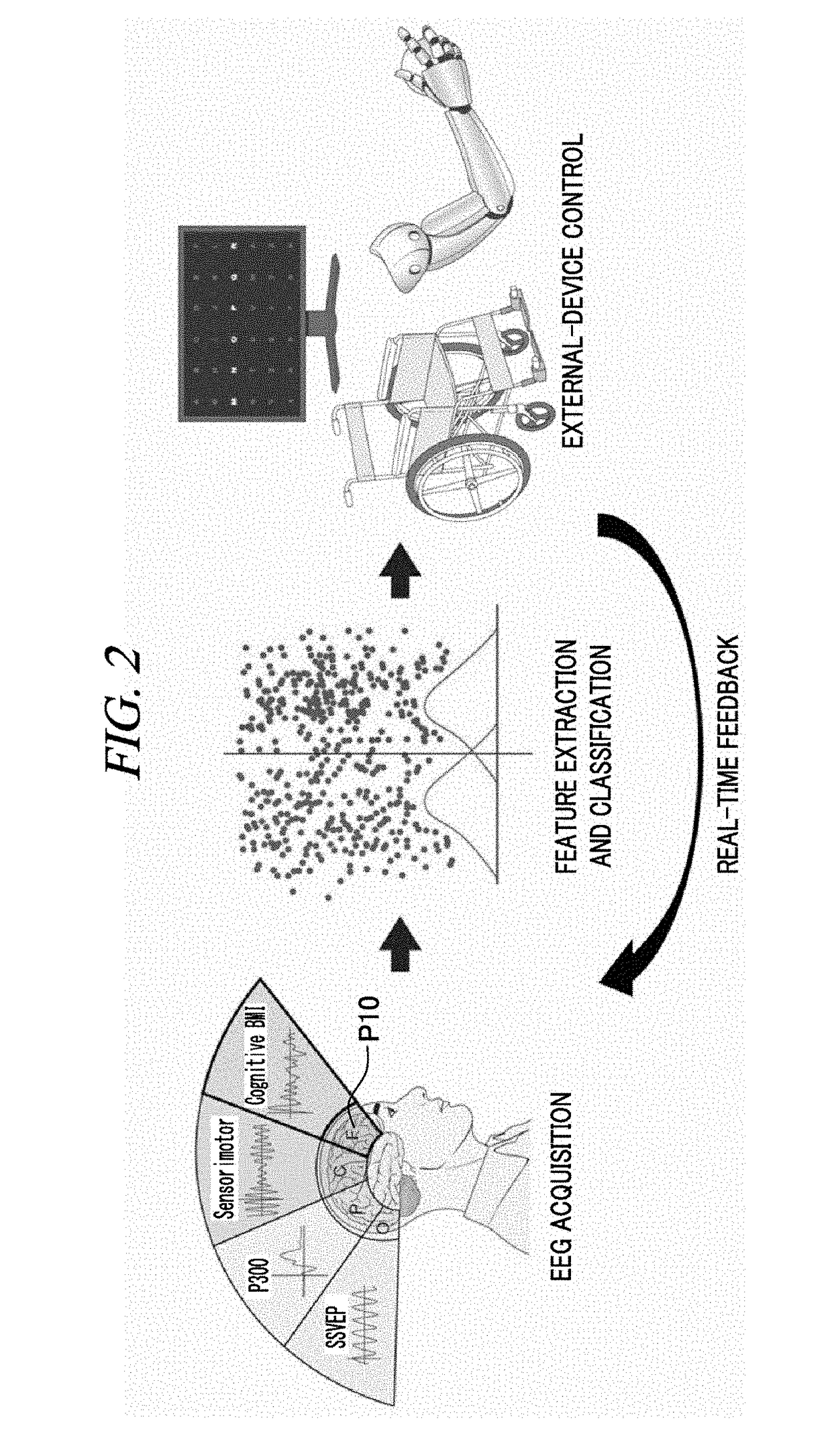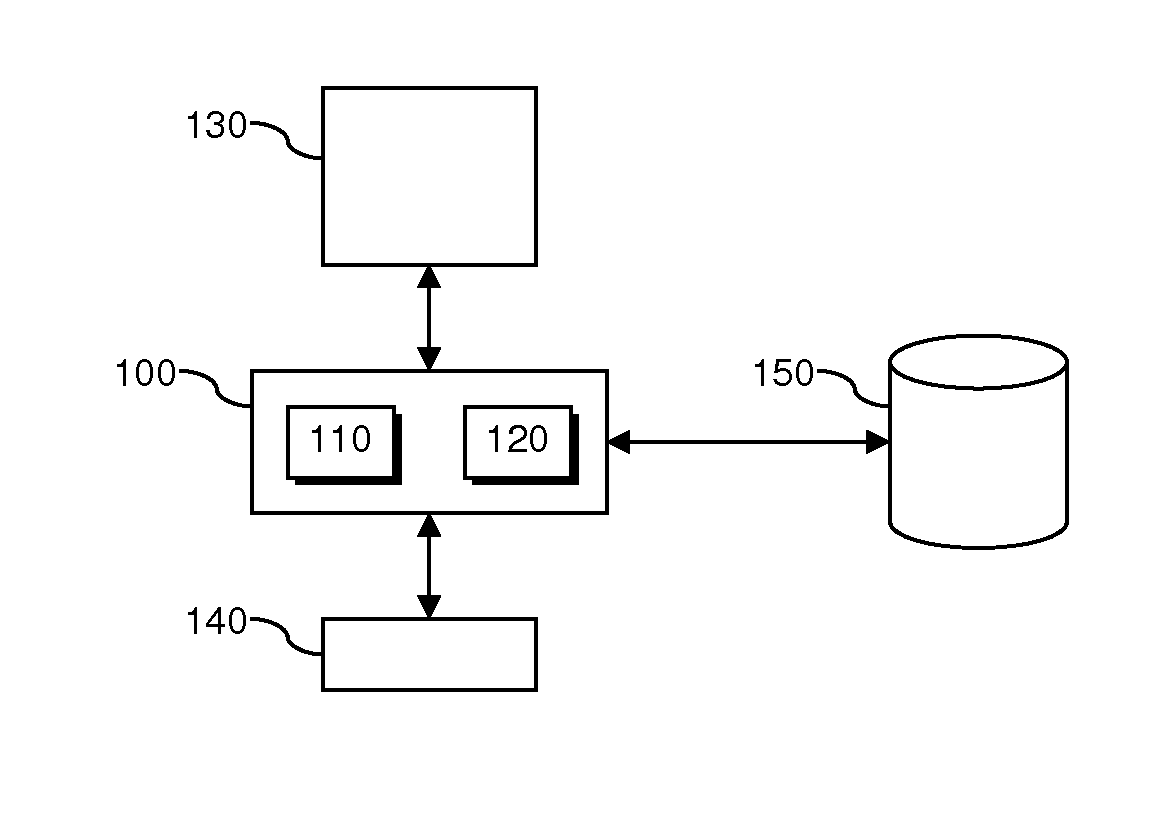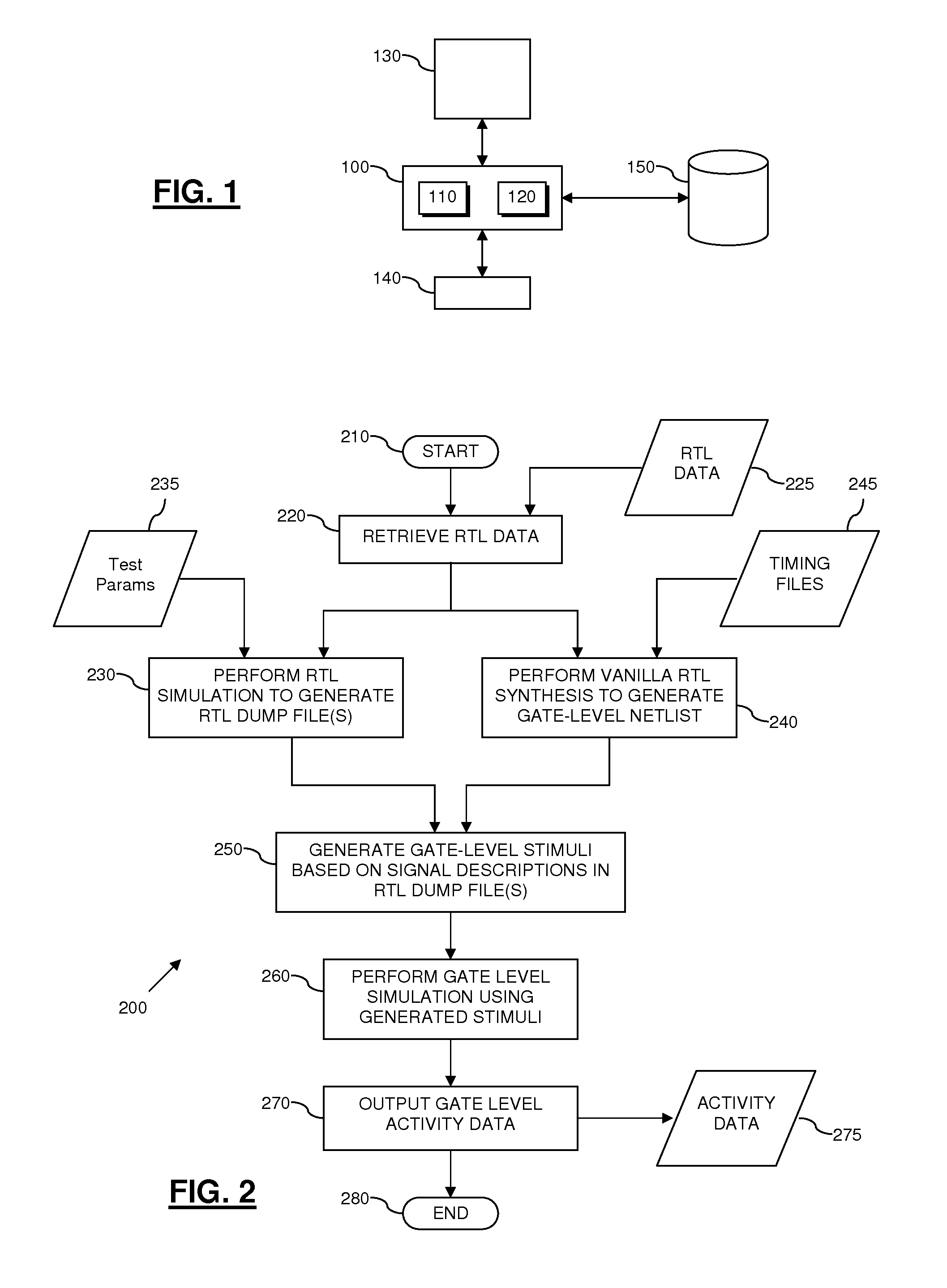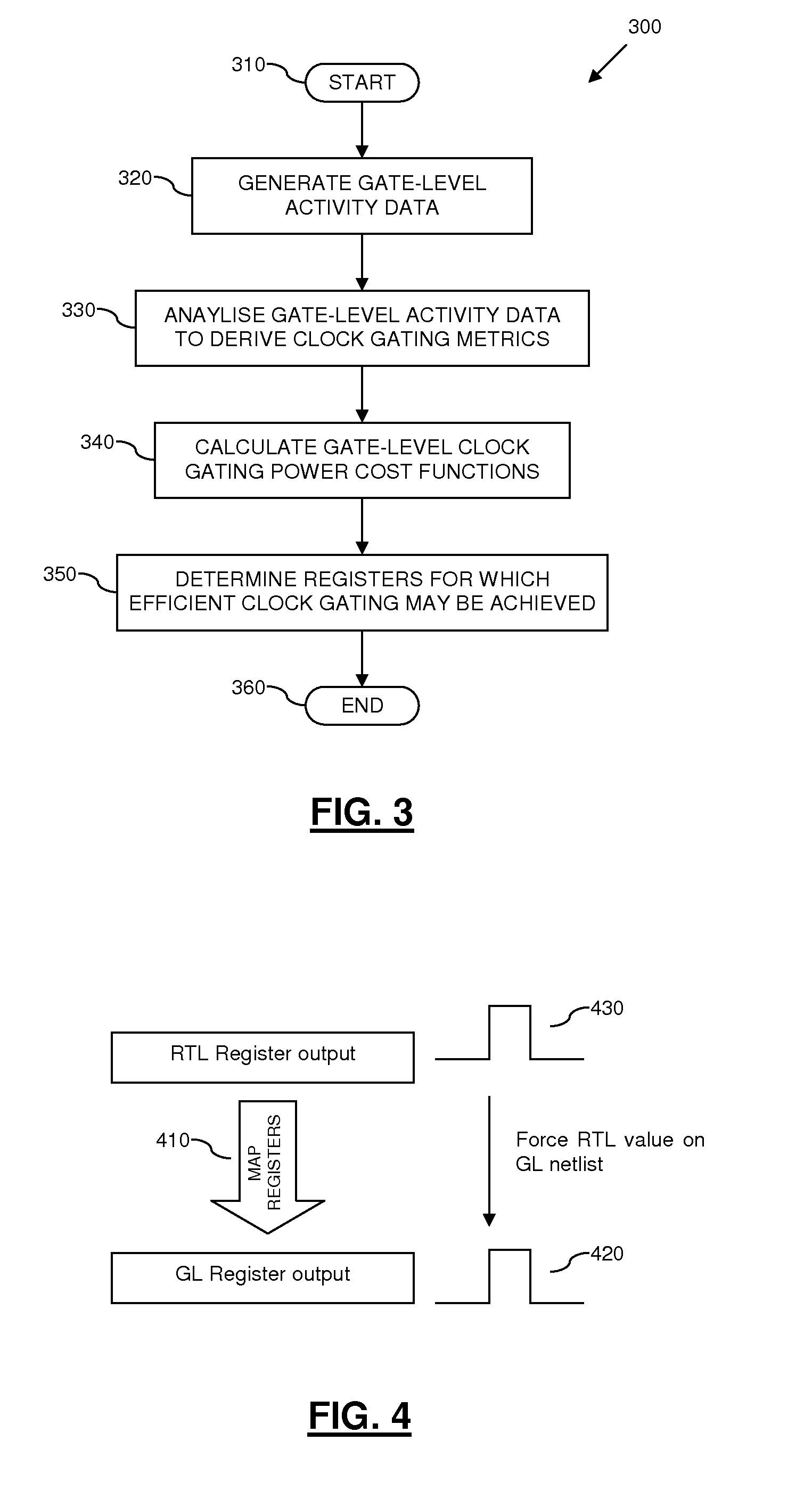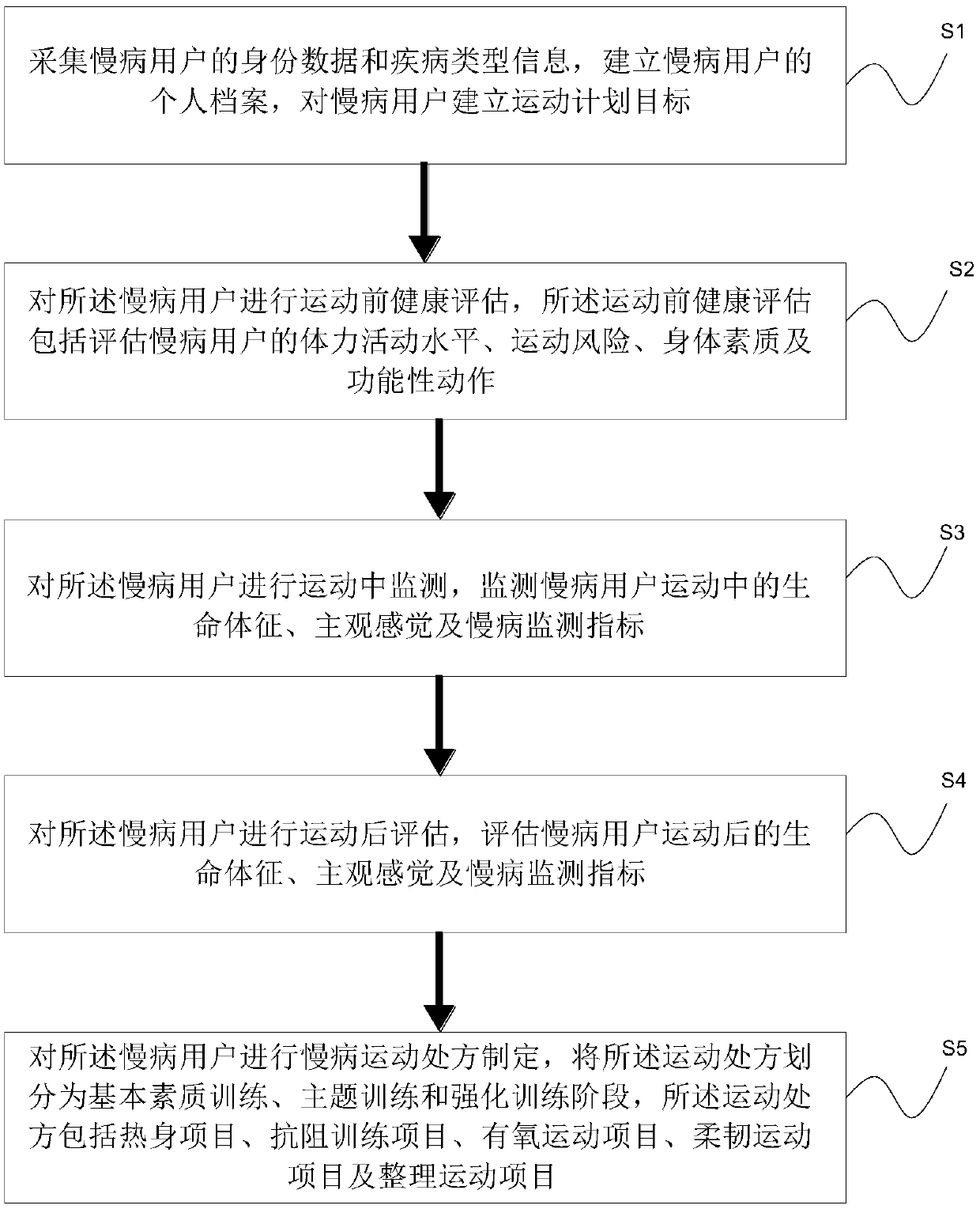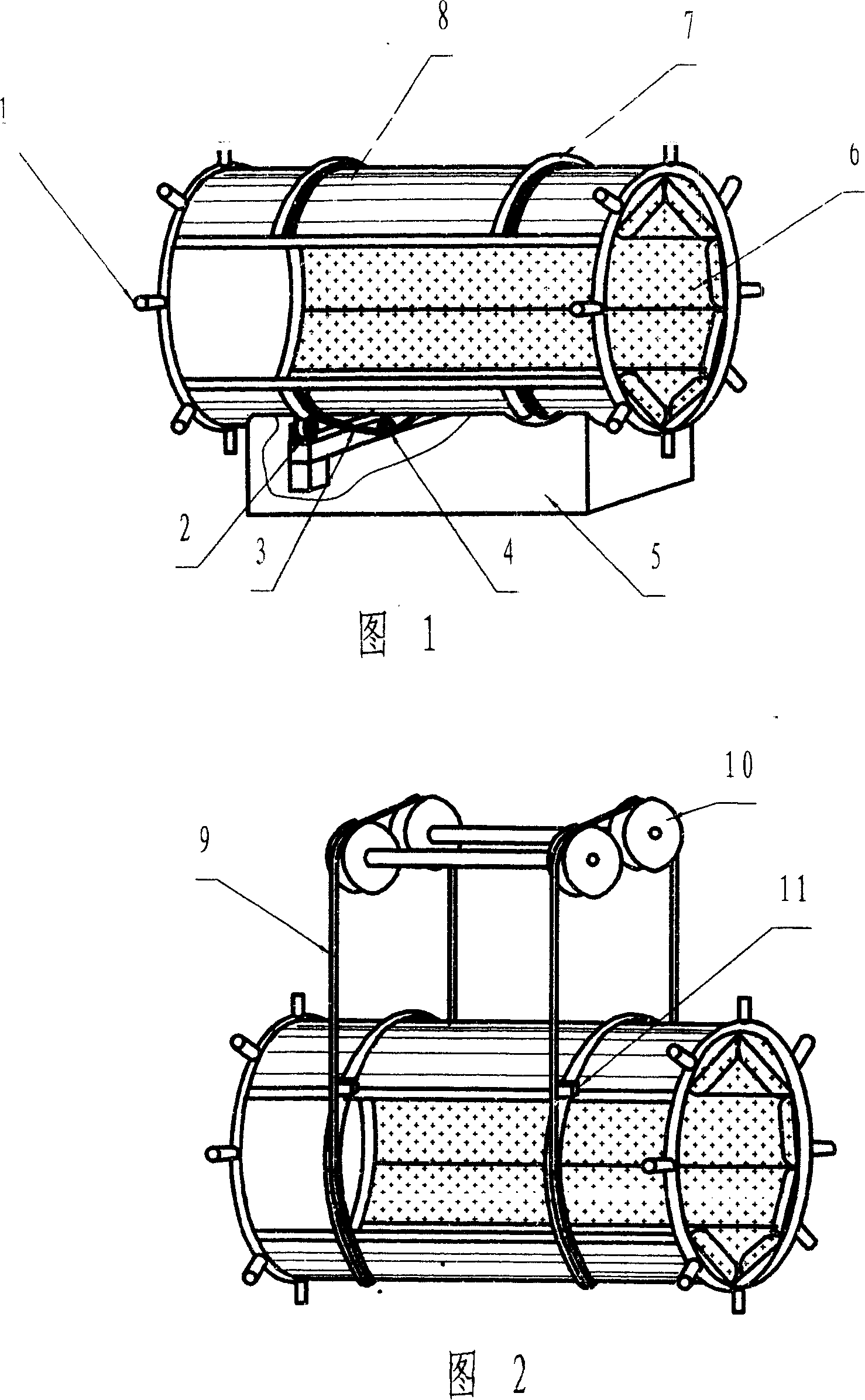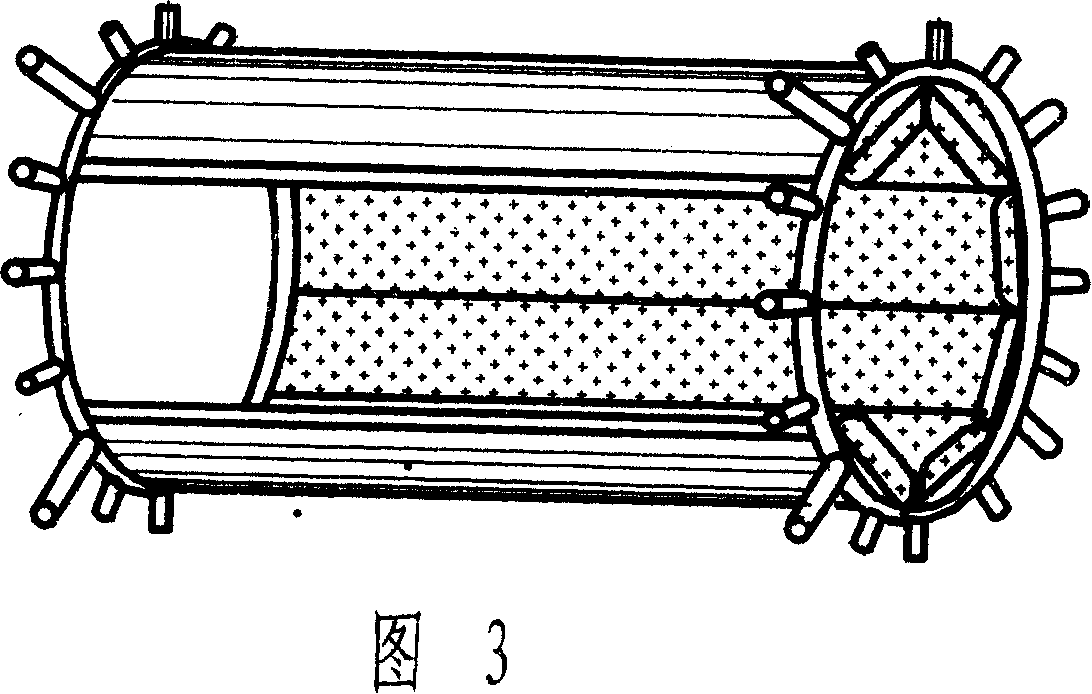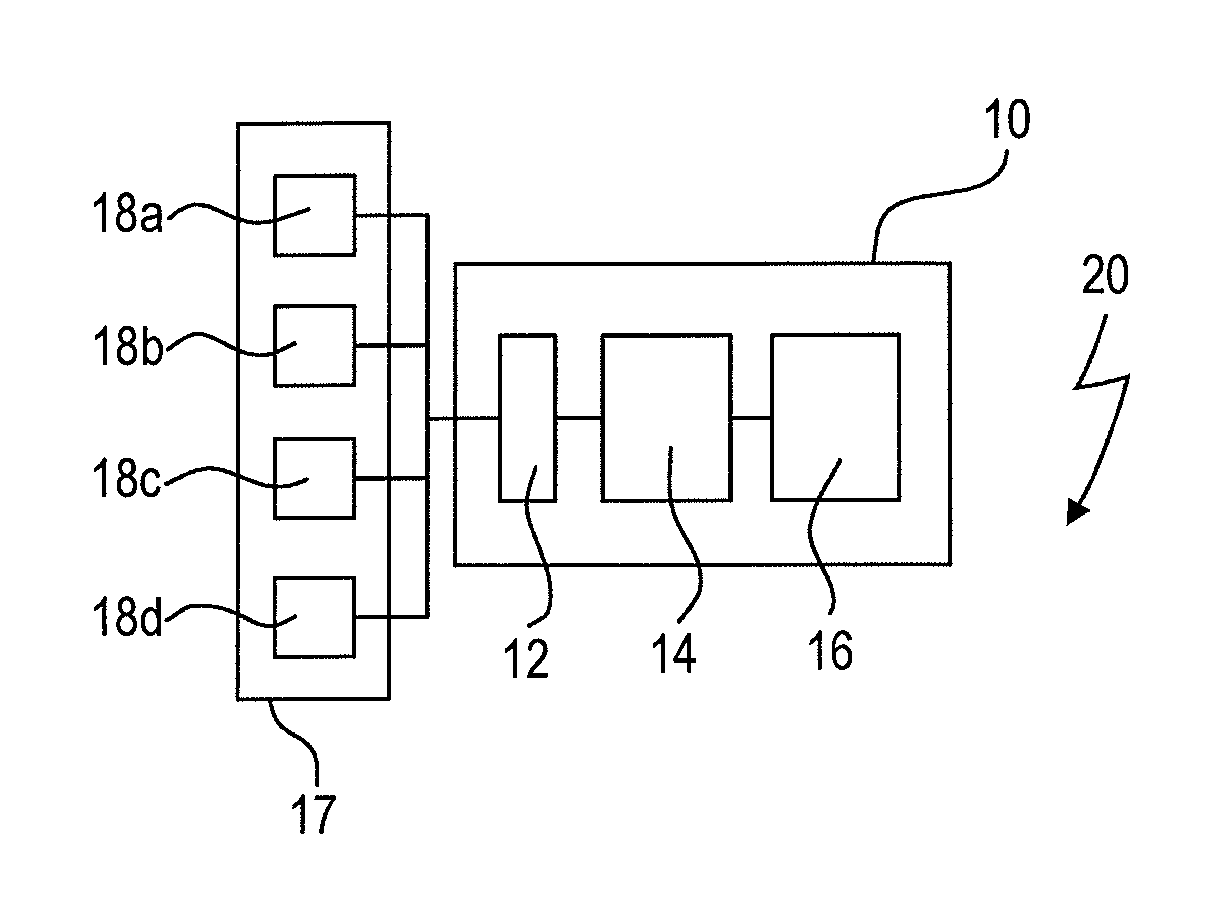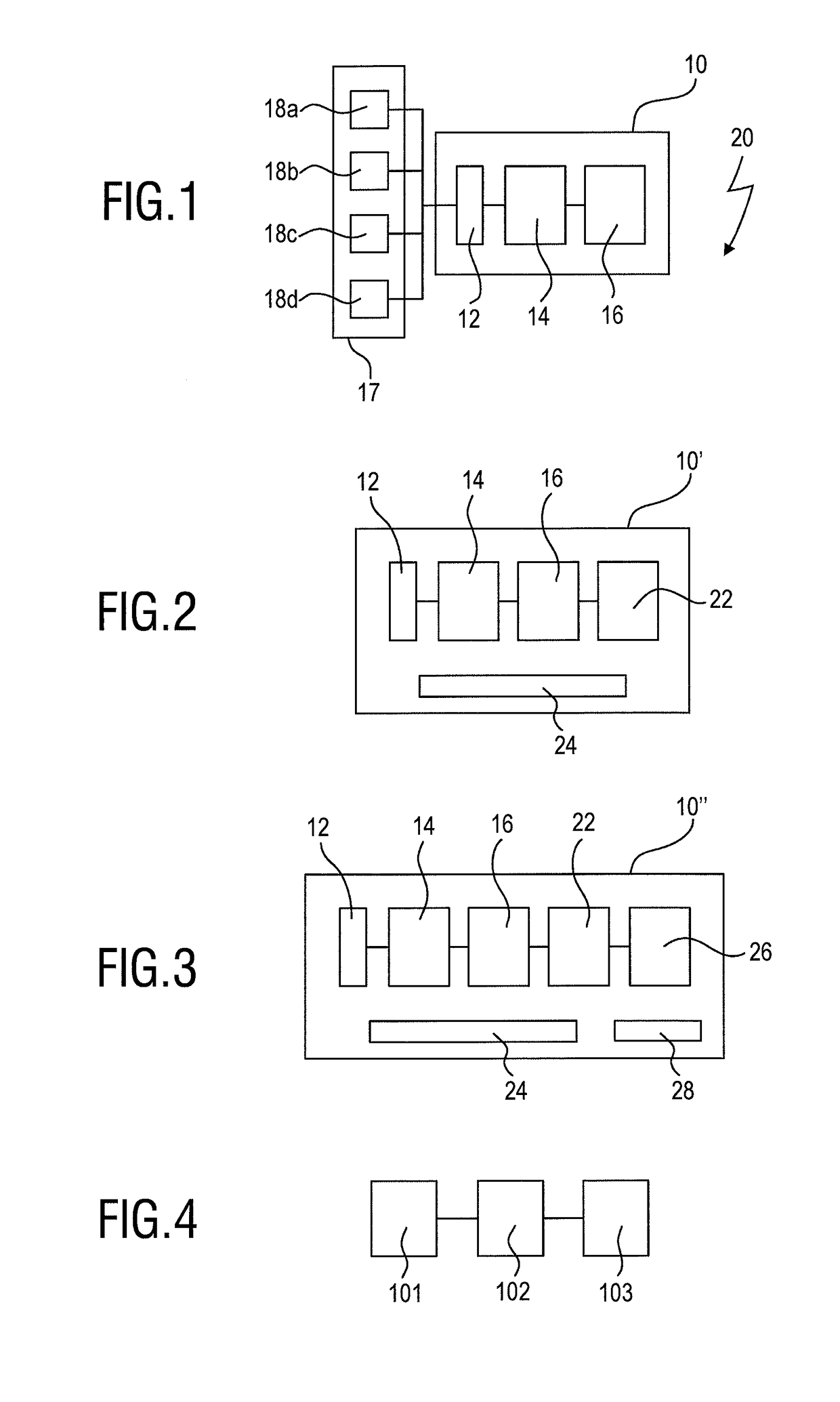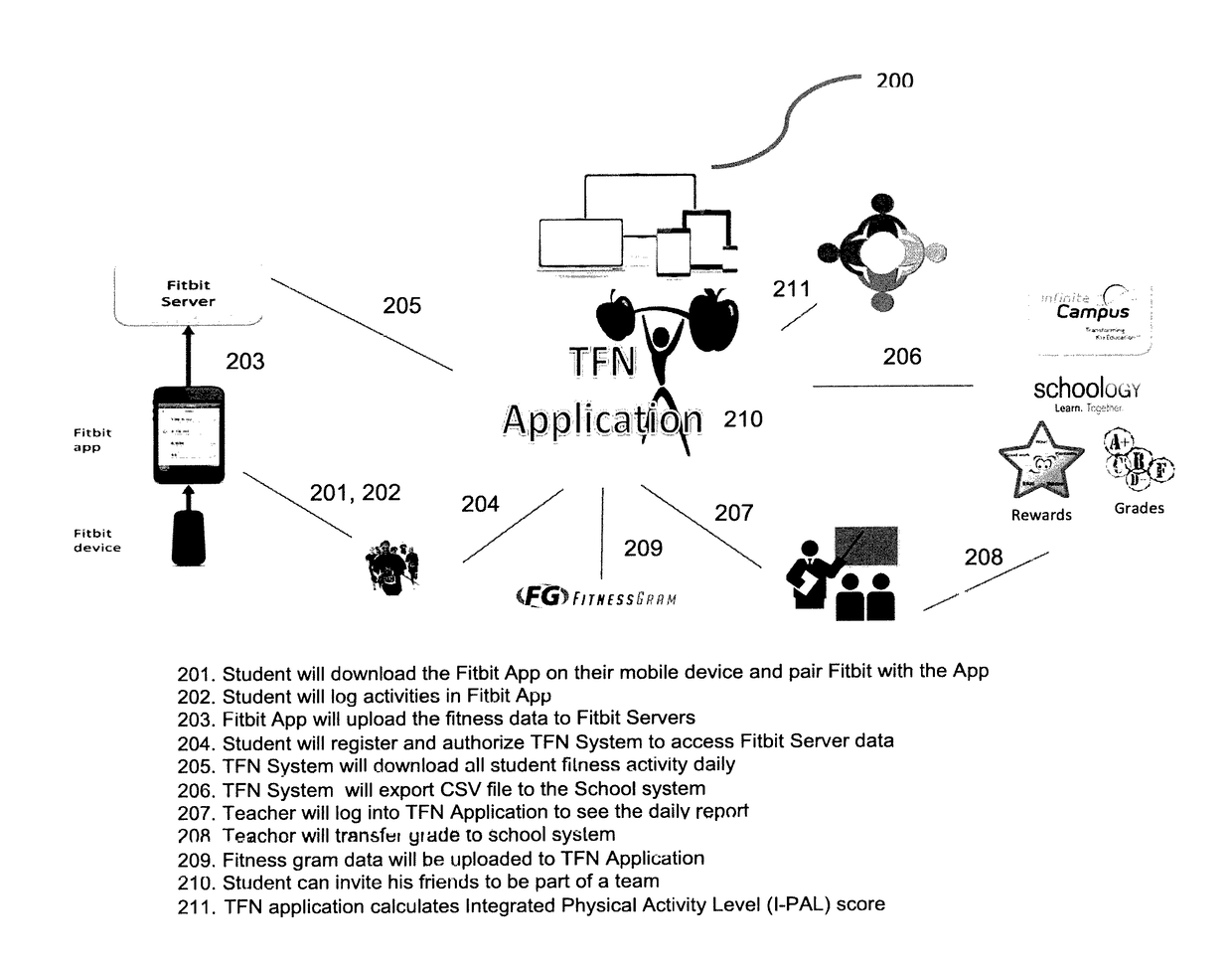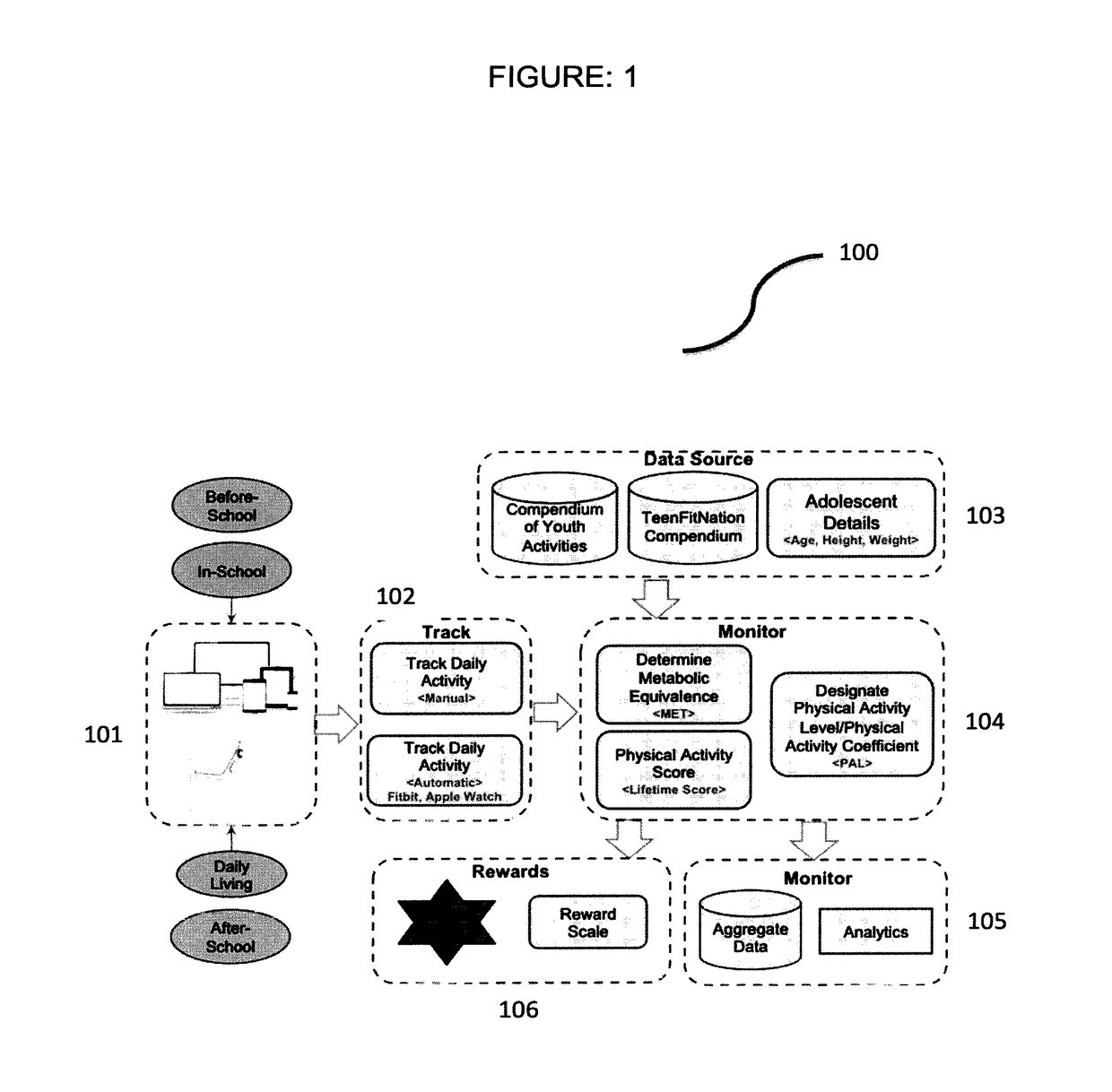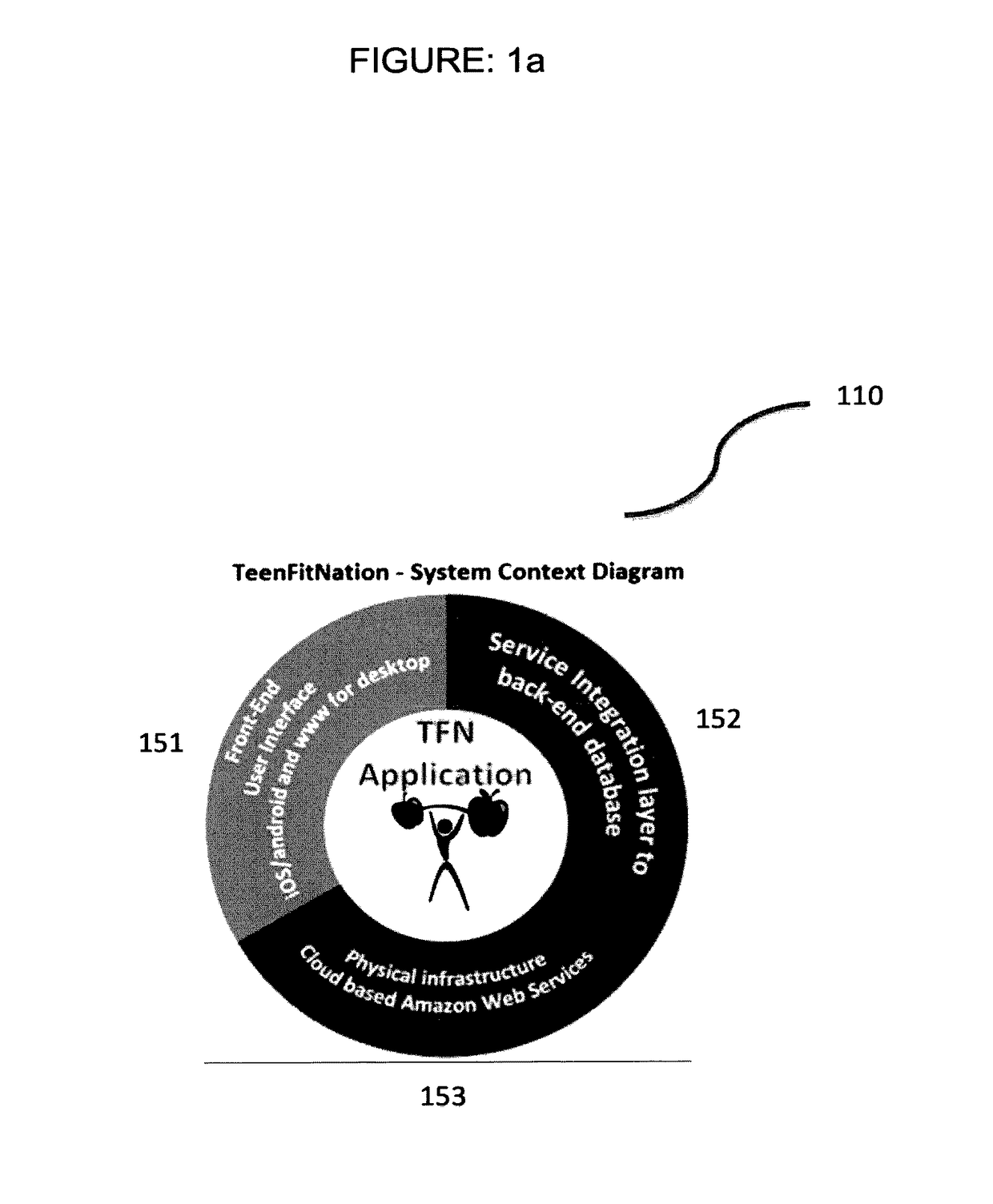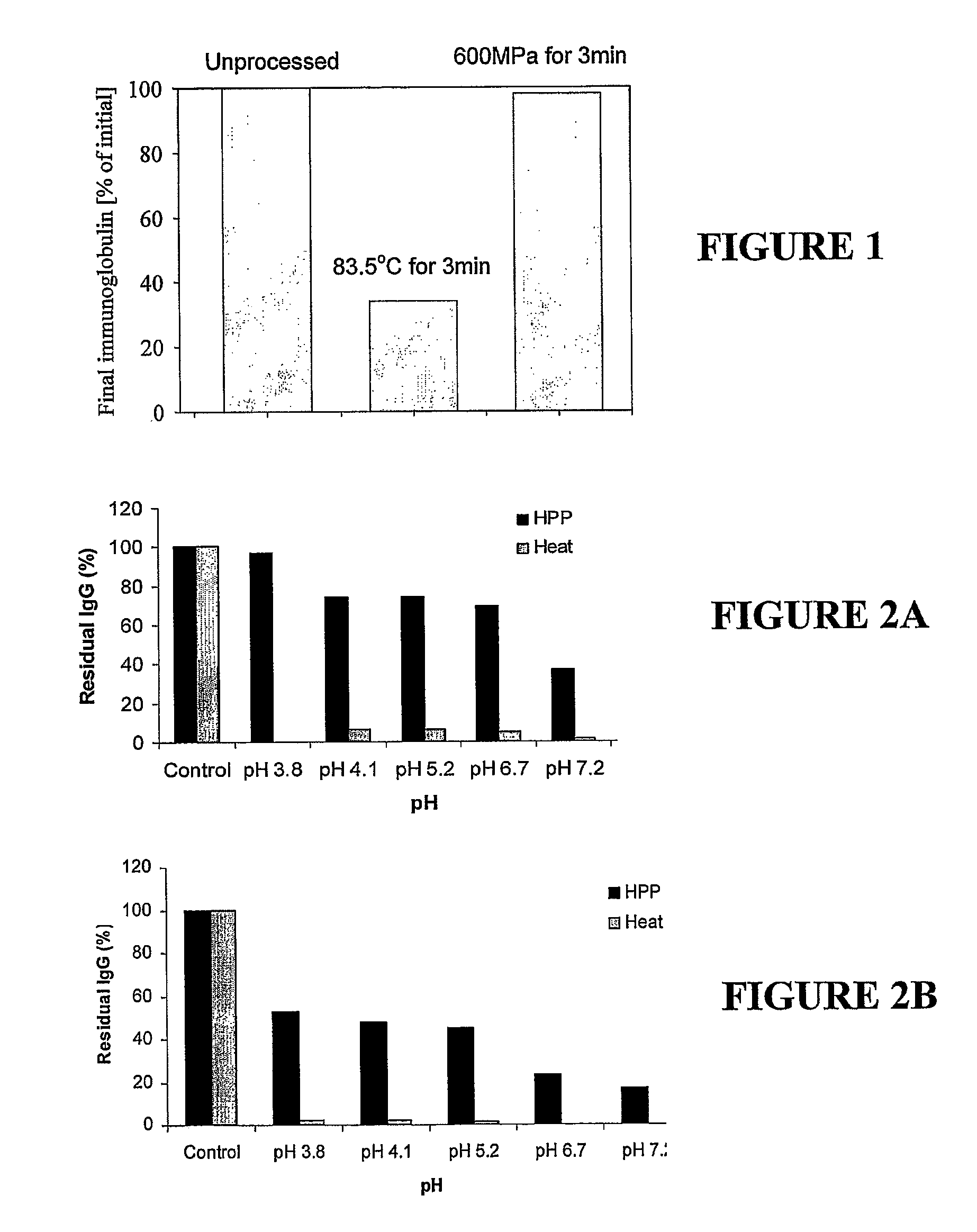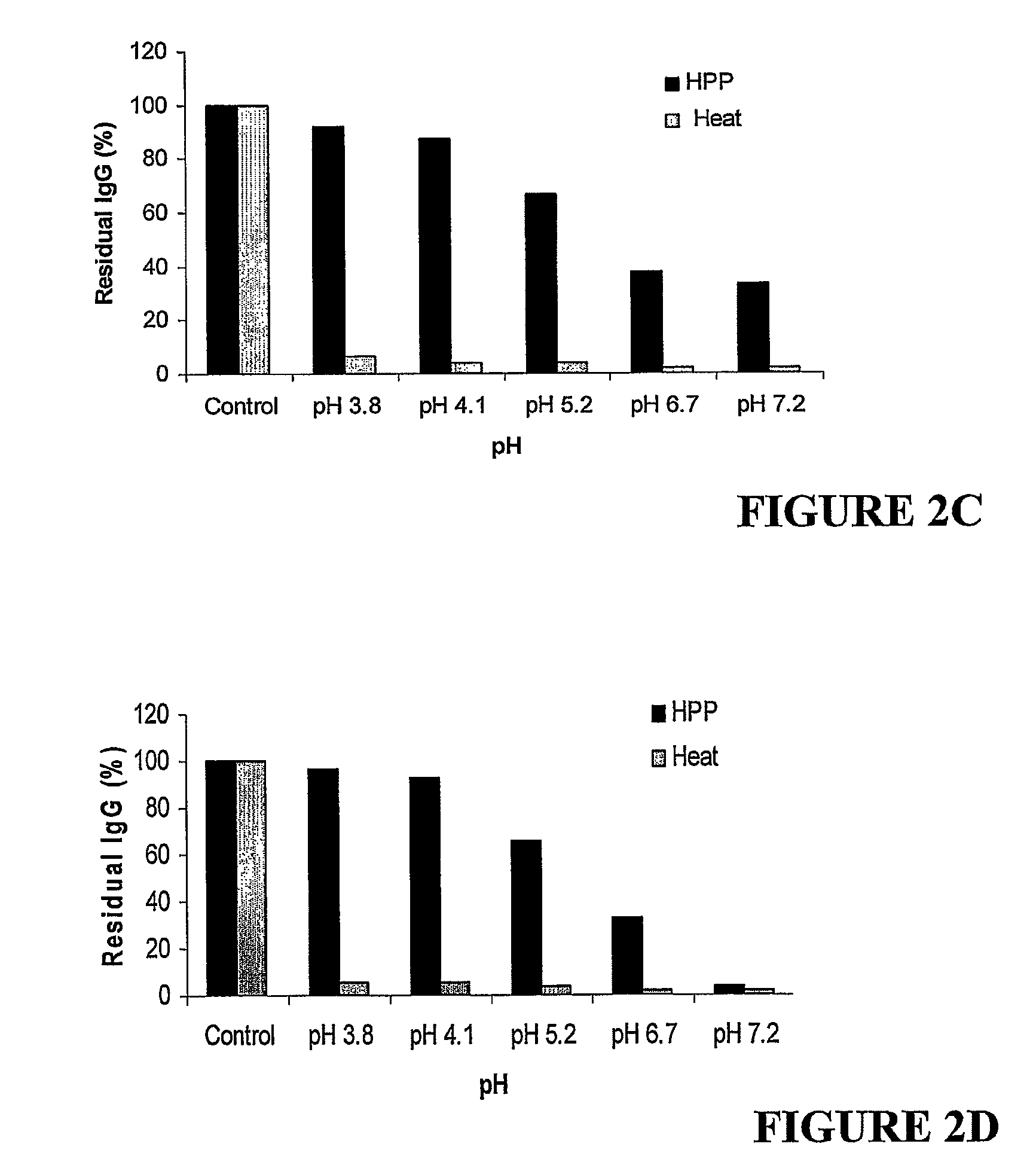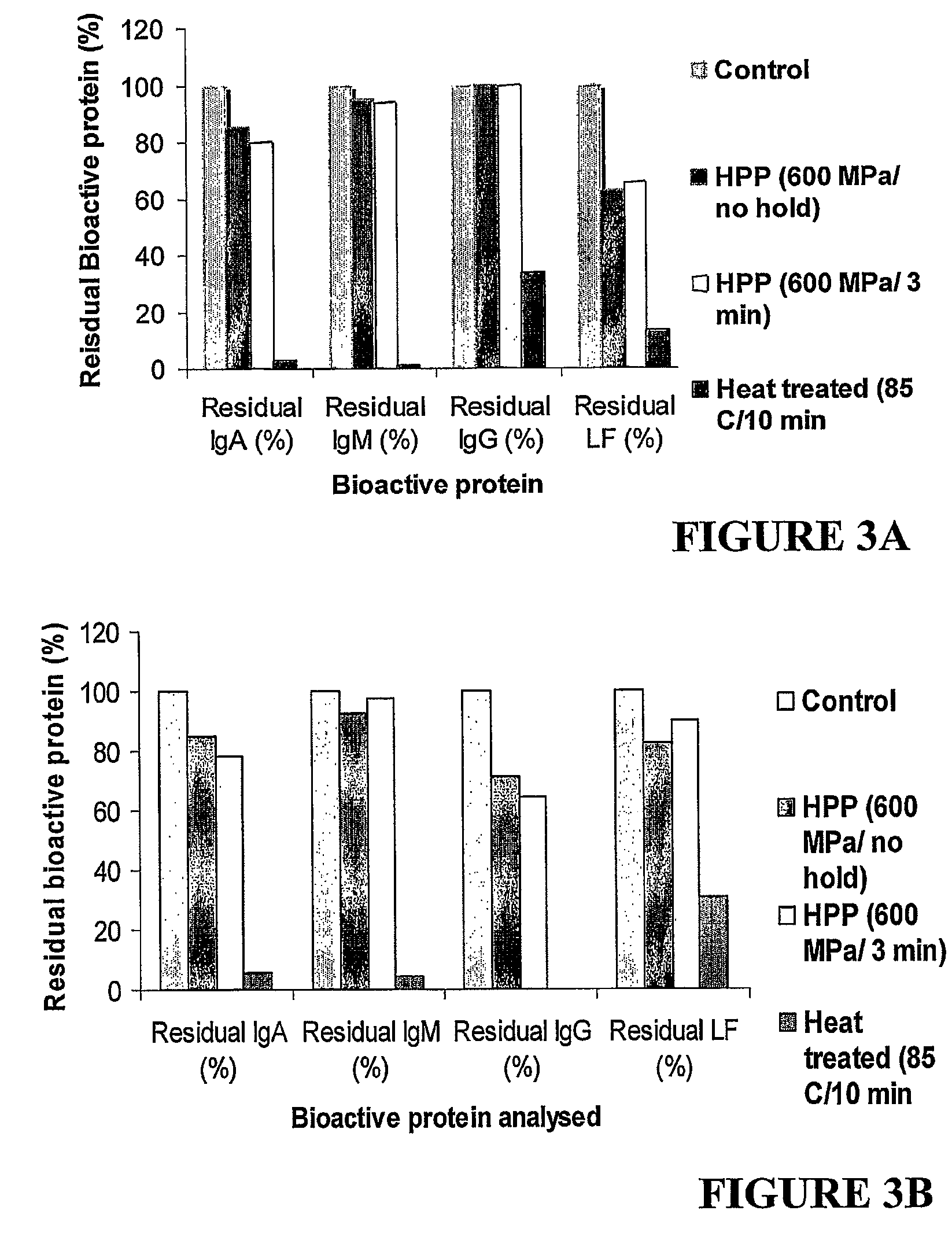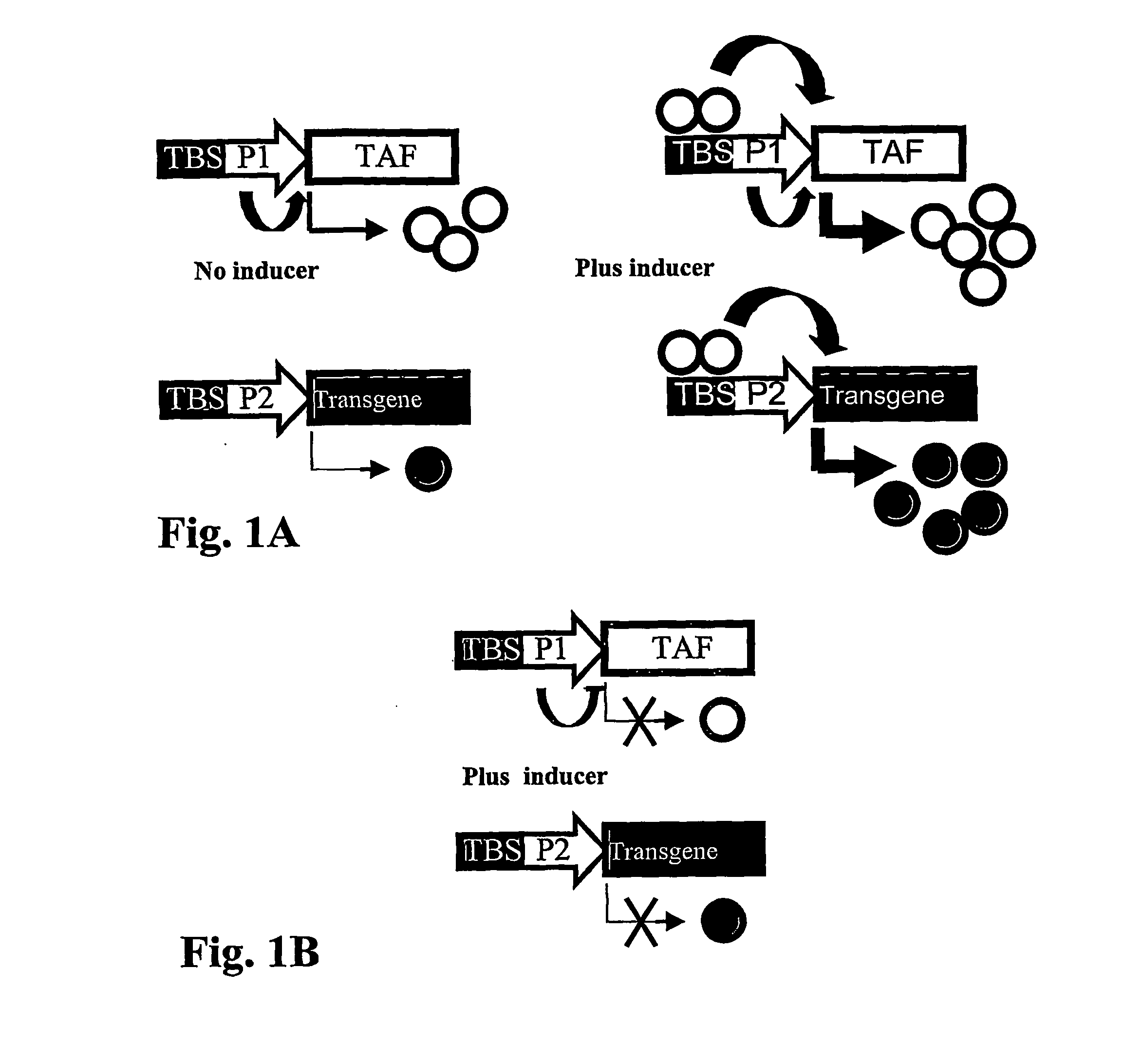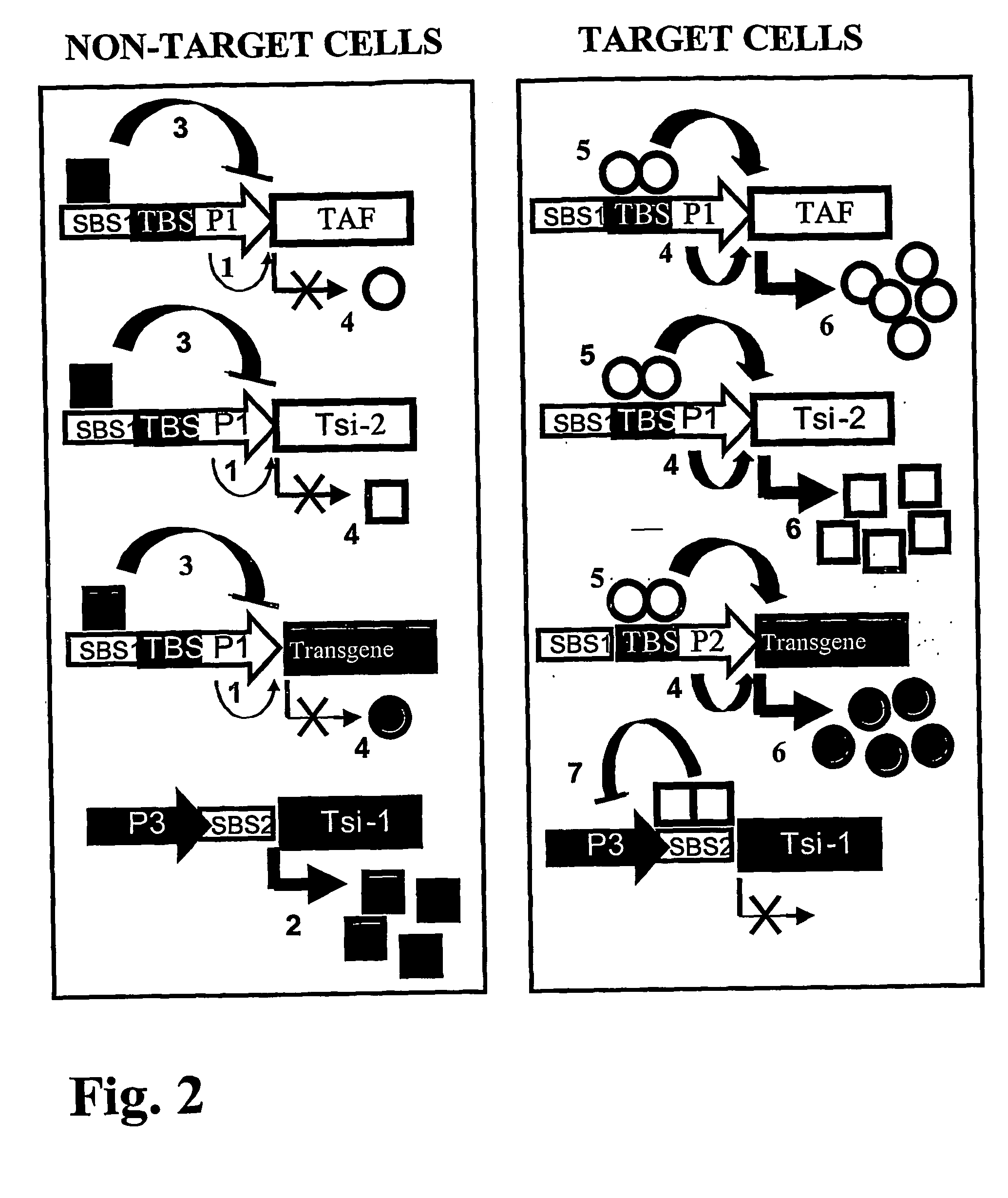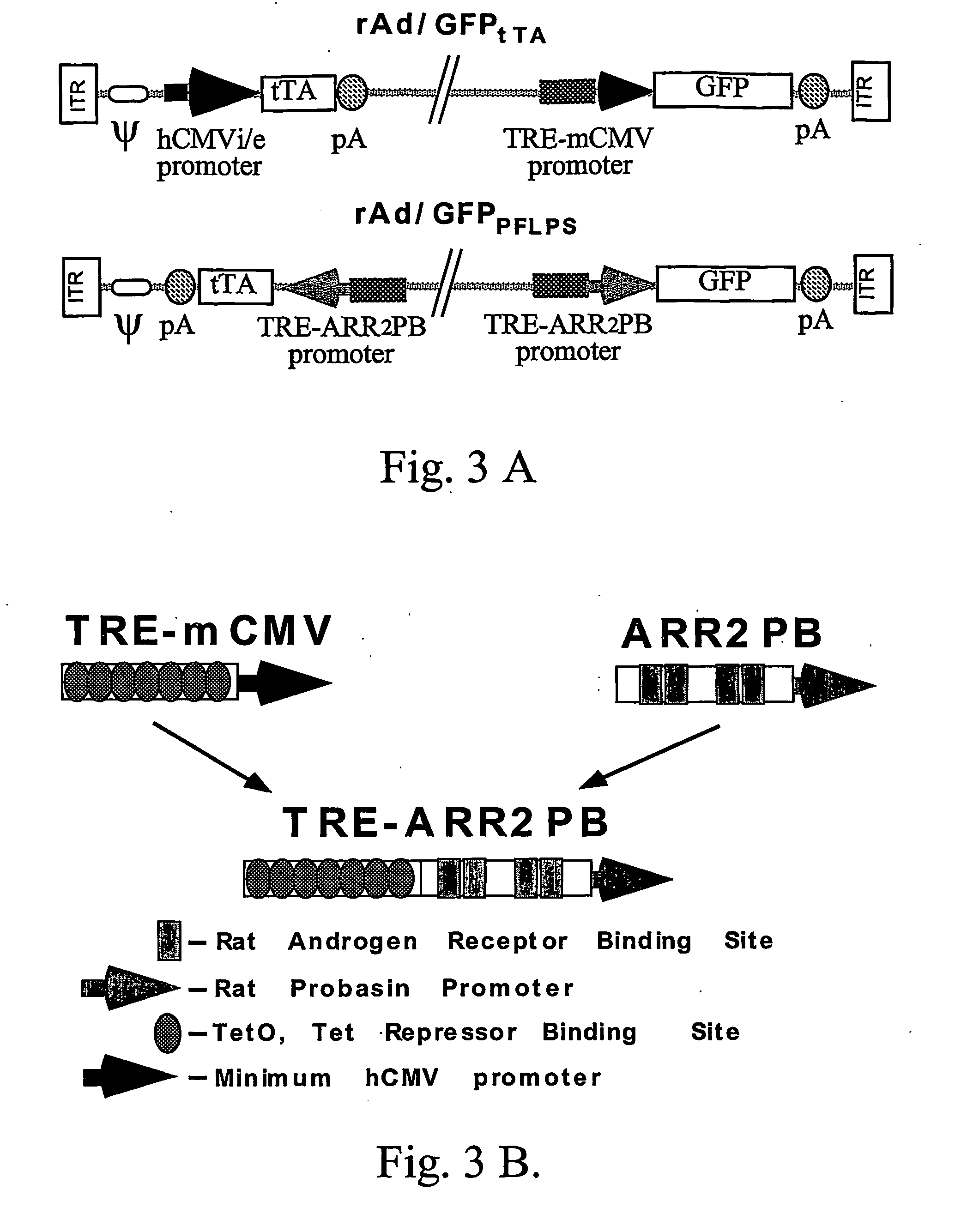Patents
Literature
48 results about "Level activity" patented technology
Efficacy Topic
Property
Owner
Technical Advancement
Application Domain
Technology Topic
Technology Field Word
Patent Country/Region
Patent Type
Patent Status
Application Year
Inventor
The physical activity level (PAL) is a way to express a person's daily physical activity as a number, and is used to estimate a person's total energy expenditure.
Methods for service monitoring and control
InactiveUS20060064486A1Improve performanceDigital computer detailsTransmissionMonitoring and controlGood practice
In one aspect, a method of instructing operators in a best practices implementation of a service monitoring and control (SMC) facility performing a plurality of functions in a computer system comprising a plurality of services to be monitored is provided. The method comprises an act of providing best practices instructions for the implementation of the SMC facility in a hierarchical manner so that the implementation of the SMC facility is described as comprising a plurality of top level activities to be performed during the operation of the SMC, with each of the plurality of top level activities being described as comprising at least one lower level sub-activity, the top level activities comprising, assessing performance of the SMC facility, in response to information learned during assessing the performance of the SMC facility, implementing at least one change in the SMC facility, monitoring the computer system with the changed SMC facility for an occurrence of at least one event, and automatically performing at least one control action in response to the occurrence of the at least one event. In another aspect, a top-level activity of collaborating with one or more developers is described, resulting in a change to at least one change to software executed on the computer system. In another aspect, at least a part of the effectiveness of an SMC facility is automatically assessed, and in response, one of the plurality of functions performed by the SMC facility is automatically changed.
Owner:MICROSOFT TECH LICENSING LLC
System and Method for Creating Anonymous User Profiles from a Mobile Data Network
InactiveUS20090247193A1Services signallingLocation information based serviceIp addressCollector device
A mobile network device creates and continuously modifies an anonymous user profile from collected network data and subsequently shares the profile with content providers. The mobile network device includes multiple collector devices that monitor data from routers on the mobile data network for application-level activity and a corresponding IP address or mobile phone number. The collectors then analyze the content involved with the activity and correlate it to an IP-address-phone-number pair to create a user profile. Each collector then modifies the user profile with the user's location information at the time the activity was requested. Each collector subsequently transforms the user profile into an anonymous user profile vector and shares it with the profile manager. By repeating this process over time, the collectors create and modify an anonymous user profile vector that can be shared with content providers for targeted advertising.
Owner:ZETTICS
Method and apparatus for storing data on application-level activity and other user information to enable real-time multi-dimensional reporting about user of a mobile data network
A method and apparatus for storing data on application-level activity and other user information to enable real-time multi-dimensional reporting about a user of a mobile data network. A data manager receives information about application-level activity from a mobile data network and stores the information to provide dynamic real-time reporting on network usage. The data manager comprises a database, data processing module, and analytics module. The database stores the application-level data for a predetermined period of time. The data processing module monitors the data to determine if it corresponds to a set of defined reports. If the data is relevant, the processing module updates the defined reports. The analytics module accesses the database to retrieve information satisfying operator queries about network usage. If the operator chooses to convert the query into a defined report, the analytics module creates a newly defined report and populates it accordingly.
Owner:RIBBON COMM SECURITIES CORP
Ventilator with biofeedback monitoring and control for improving patient activity and health
ActiveUS20100083968A1Reducing and eliminating needEnable ambulationTracheal tubesMechanical/radiation/invasive therapiesBiofeedback trainingQuality of life
A respiratory support ventilator apparatus is described that mechanically supports the work of respiration of a patient. The ventilator apparatus is highly portable and optionally wearable so as to promote mobility and physical activity of the patient, and to improve the overall health of the patient. The respiratory support ventilator may monitor a physical activity level and overall health status of the patient, and process this information. The information is used to track efficacy of the ventilation therapy relative to activity level and quality of life, and or to titrate or optimize the ventilation parameters to improve, maintain or optimize the physical activity level and overall health status of the patient.
Owner:BREATHE TECHNOLOGIES INC
Methods for service monitoring and control
InactiveUS20060064481A1Improve performanceDigital computer detailsTransmissionMonitoring and controlGood practice
In one aspect, a method of instructing operators in a best practices implementation of a service monitoring and control (SMC) facility performing a plurality of functions in a computer system comprising a plurality of services to be monitored is provided. The method comprises an act of providing best practices instructions for the implementation of the SMC facility in a hierarchical manner so that the implementation of the SMC facility is described as comprising a plurality of top level activities to be performed during the operation of the SMC, with each of the plurality of top level activities being described as comprising at least one lower level sub-activity, the top level activities comprising, assessing performance of the SMC facility, in response to information learned during assessing the performance of the SMC facility, implementing at least one change in the SMC facility, monitoring the computer system with the changed SMC facility for an occurrence of at least one event, and automatically performing at least one control action in response to the occurrence of the at least one event. In another aspect, a top-level activity of collaborating with one or more developers is described, resulting in a change to at least one change to software executed on the computer system. In another aspect, at least a part of the effectiveness of an SMC facility is automatically assessed, and in response, one of the plurality of functions performed by the SMC facility is automatically changed.
Owner:MICROSOFT TECH LICENSING LLC
Methods for service monitoring and control
InactiveUS20060064485A1Improve performanceDigital computer detailsTransmissionMonitoring and controlGood practice
In one aspect, a method of instructing operators in a best practices implementation of a service monitoring and control (SMC) facility performing a plurality of functions in a computer system comprising a plurality of services to be monitored is provided. The method comprises an act of providing best practices instructions for the implementation of the SMC facility in a hierarchical manner so that the implementation of the SMC facility is described as comprising a plurality of top level activities to be performed during the operation of the SMC, with each of the plurality of top level activities being described as comprising at least one lower level sub-activity, the top level activities comprising, assessing performance of the SMC facility, in response to information learned during assessing the performance of the SMC facility, implementing at least one change in the SMC facility, monitoring the computer system with the changed SMC facility for an occurrence of at least one event, and automatically performing at least one control action in response to the occurrence of the at least one event. In another aspect, a top-level activity of collaborating with one or more developers is described, resulting in a change to at least one change to software executed on the computer system. In another aspect, at least a part of the effectiveness of an SMC facility is automatically assessed, and in response, one of the plurality of functions performed by the SMC facility is automatically changed.
Owner:MICROSOFT TECH LICENSING LLC
Process for controlling body weight
InactiveUS6436036B1Easy to masterMinimal computationPhysical therapies and activitiesLocal control/monitoringBody part weightWeight change
The disclosure relates to a process for controlling body weight in which selection of food servings is based on a calculated point value and a range of allotted daily points which is adjusted for weight change. The calculated point value is a function of measured calories, total fat and dietary fiber for serving sizes specified in readily estimatable units. A range or maximum number of points allotted per day may be calculated based on current body weight, caloric reduction to be achieved, physical activity level, and physical activity duration.
Owner:WEIGHT WATCHERS INT
System and method for collecting, reporting and analyzing data on application-level activity and other user information on a mobile data network
System and method for collecting and analyzing information on application-level activity and other user information on a mobile data network. A platform non-intrusively and transparently monitors data activity on a mobile data network in real-time so that user-level information can be reported to an operator. The platform comprises a plurality of collectors, a data manager, and a report manager. The collectors communicate with network routers to almost all network data. The collectors inspect the data for IP addresses and correlate them to user mobile phone numbers. The data manager receives the data and augments it with information obtained by querying carrier information. The data manager stores the data and monitors it to see if it satisfies a set of defined real-time reports. The report manager then works with the data manager to develop and test new reports based on operator instructions for a specific report.
Owner:RIBBON COMM SECURITIES CORP
Method and apparatus for real-time collection of information about application level activity and other user information on a mobile data network
Method and apparatus for real-time collection of information about application level activity and other user information on a mobile data network. A collector device communicates with a router in a mobile data network so that the collector can obtain substantially all of the data coming from the router in real-time and correlate the data to specific users. The collector device comprises a user identity subsystem, filter, and data transfer subsystem. The user identity subsystem inspects the data for source IP addresses and correlates them to corresponding mobile phone numbers. The filter then inspects the collected data and retains only application-level data. Lastly, the data transfer subsystem transfers the filtered data to a data reporting and analysis system.
Owner:RIBBON COMM SECURITIES CORP
Process for controlling body weight
InactiveUS6663564B2Easy to implementEasy to masterPhysical therapies and activitiesSurgeryBody part weightWeight change
The disclosure relates to a process for controlling body weight in which selection of food servings is based on a calculated point value and a range of allotted daily points which is adjusted for weight change. The calculated point value is a function of measured calories, total fat and dietary fiber for serving sizes specified in readily estimatable units. A range or maximum number of points allotted per day may be calculated based on current body weight, caloric reduction to be achieved, physical activity level, and physical activity duration.
Owner:WEIGHT WATCHERS INT
Physical activity tracking and rewards allocation system
A physical activity tracking system includes one or more data collection portals configured to acquire data from a data collection unit, wherein the data is indicative of the physical activity level of an individual. The system also includes a processor configured to analyze the data and allocate a currency to an account associated with the individual if the data indicates the physical activity level exceeds a predetermined threshold.
Owner:HEARTMILES LLC
Method and apparatus for automatically adjusting the operation of notifications based on changes in physical activity level
ActiveUS9210566B2Input/output for user-computer interactionDiagnostic recording/measuringTelecommunications linkOn board
A processor-based personal electronic device (such as a smartphone) is programmed to automatically respond to data sent by various sensors from which the user's activity may be inferred. One or more of the sensors may be worn by the user and remote from the device. A wireless communication link may be used by the device to obtain remote sensor data. Data from on-board sensors in the device—such as motion sensors, location sensors, and the like—may also be used to deduce the user's current activity. In one embodiment, an extended period of inactivity triggers a reminder to the user to get up, stretch and move about. In other embodiments, transitions in a user's activity level may be used to trigger reminders and / or set the state of the device (such as a Do Not Disturb state wherein notifications and alarms are suppressed).
Owner:APPLE INC
Method and Apparatus For Automatically Adjusting the Operation of Notifications Based on Changes in Physical Activity Level
A processor-based personal electronic device (such as a smartphone) is programmed to automatically respond to data sent by various sensors from which the user's activity may be inferred. One or more of the sensors may be worn by the user and remote from the device. A wireless communication link may be used by the device to obtain remote sensor data. Data from on-board sensors in the device—such as motion sensors, location sensors, and the like—may also be used to deduce the user's current activity. In one embodiment, an extended period of inactivity triggers a reminder to the user to get up, stretch and move about. In other embodiments, transitions in a user's activity level may be used to trigger reminders and / or set the state of the device (such as a Do Not Disturb state wherein notifications and alarms are suppressed).
Owner:APPLE INC
Method and apparatus for real-time multi-dimensional reporting and analyzing of data on application level activity and other user information on a mobile data network
A method and apparatus for real-time, multi-dimensional reporting and analyzing of data on application level activity and other user information on a mobile data network. A report manager communicates with a data manager to develop and test real-time reports about aggregate and user-level network usage. The data manager provides a database of non-aggregate, user-specific event data and a set of tables specifying combinations of monitored variables satisfying a set of defined reports. The report manager comprises a report generation module, which receives operator instructions for aggregate usage information. The report module determines whether the requested information can be satisfied by combinations of monitored aggregate variables, or whether it must be retrieved from a non-aggregate, user-specific, event data database. Furthermore, the report module is responsive to operator instructions to add a test report to the set of defined real-time reports.
Owner:RIBBON COMM SECURITIES CORP
Arrangement, method and computer program for determining physical activity level of human being
ActiveUS20050130802A1Minimize impactImprove analysis effectPerson identificationDigital computer detailsUpper limbProcessing element
An arrangement, method and computer program for determining the physical activity level of a human being. The arrangement comprises a movement sensor to be attached to an upper limb of the human being for measuring upper limb movements, a processing unit connected to the movement sensor for filtering upper limb movements following one another more frequently than a predetermined threshold period from upper limb movements during a determination period, for forming the number of upper limb movements during the determination period from the filtered upper limb movements during the determination period, and for determining the physical activity level on the basis of the number of upper limb movements during the determination period formed from the filtered upper limb movements during the determination period.
Owner:POLAR ELECTRO
Health maintenance system for children
InactiveUS20050287502A1Reduce the burden onMore activeNutrition controlTeaching apparatusThird partyDiet habits
A system for monitoring and maintaining dietary intake and physical activity levels for children which involves reinforcing good dietary practices and punishing poor activity and dietary practices which utilizes a core application controlling access to selected third party software and which has an interface to allow parents to set goals and plan contingencies.
Owner:SOUTHARD BARBARA HELEN +1
System and method for collecting, reporting and analyzing data on application-level activity and other user information on a mobile data network
System and method for collecting and analyzing information on application-level activity and other user information on a mobile data network. A platform non-intrusively and transparently monitors data activity on a mobile data network in real-time so that user-level information can be reported to an operator. The platform comprises a plurality of collectors, a data manager, and a report manager. The collectors communicate with network routers to almost all network data. The collectors inspect the data for IP addresses and correlate them to user mobile phone numbers. The data manager receives the data and augments it with information obtained by querying carrier information. The data manager stores the data and monitors it to see if it satisfies a set of defined real-time reports. The report manager then works with the data manager to develop and test new reports based on operator instructions for a specific report.
Owner:RIBBON COMM SECURITIES CORP
Dynamically updated data management processing plans generated outside a storage array
ActiveUS9037548B1Wide rangeEasy to predictInput/output to record carriersDigital data processing detailsHuman–machine interfaceProgram planning
A networked data storage system includes data movement logic and a virtual machine for executing a data management processing plan which is generated by a facility outside the storage array based on statistical information associated with extent level activity metrics provided by the storage array. Dynamically updated and automatically generated data management processing plans are provided to the storage array in the form of units of compiled byte code which the storage array is able to verify and execute using a virtual machine. The virtual machine interfaces with the environment in which it is embedded in a carefully constrained manner, thereby preventing clearly undesirable operations.
Owner:EMC IP HLDG CO LLC
Arrangement, method and computer program for determining physical activity level of human being
ActiveUS8021312B2Minimize impactImprove analysis effectPerson identificationDigital computer detailsUpper limbEngineering
An arrangement, method and computer program for determining the physical activity level of a human being. The arrangement comprises a movement sensor to be attached to an upper limb of the human being for measuring upper limb movements, a processing unit connected to the movement sensor for filtering upper limb movements following one another more frequently than a predetermined threshold period from upper limb movements during a determination period, for forming the number of upper limb movements during the determination period from the filtered upper limb movements during the determination period, and for determining the physical activity level on the basis of the number of upper limb movements during the determination period formed from the filtered upper limb movements during the determination period.
Owner:POLAR ELECTRO
Process for controlling body weight
InactiveUS20030050540A1Easy to implementEasy to masterPhysical therapies and activitiesSurgeryBody part weightWeight change
The disclosure relates to a process for controlling body weight in which selection of food servings is based on a calculated point value and a range of allotted daily points which is adjusted for weight change. The calculated point value is a function of measured calories, total fat and dietary fiber for serving sizes specified in readily estimatable units. A range or maximum number of points allotted per day may be calculated based on current body weight, caloric reduction to be achieved, physical activity level, and physical activity duration.
Owner:WEIGHT WATCHERS INT
High Pressure Processing of Bioactive Compositions
The present invention relates to a method of pressure treating a bioactive composition comprising at least one bioactive component to prevent the growth of at least one unwanted microorganism while retaining a desired level activity of the at least one bioactive component. The bioactive component is selected from one or more proteins protein hydrolysates, one or more lipids or lipid hydrolysates, one or more carbohydrates, one or more probiotic factors, or mixtures thereof. The pressure treatment is at a predetermined pressure from about 350 to 1000 MPa.
Owner:FONTERRA COOP GRP LTD
Human body energy detection method and device
The embodiment of the invention discloses a human body energy detection method and device. The basal metabolic rate of a human body is obtained by comprehensively considering and calculating the weight, stature and age of the human body and bio-electrical impedance reflecting body compositions of the human body, and the basal metabolic rate of the human body and the physical activity level reflecting human motion energy consumption are then combined to work out the human body energy value. Compared with a conventional human body energy acquisition method and device, the human body energy detection method and device have the advantages that human body energy which is truer and more accurate can be obtained, and therefore more correct references are provided for nutrition intake, health care and disease treatment of people.
Owner:BEIJING SIHAI HUACHEN TECH
Prefrontal-based cognitive brain-machine interfacing apparatus and method thereof
ActiveUS20180292902A1Function increaseImprove accuracyElectroencephalographyInput/output for user-computer interactionMeasurement deviceSignal on
Provided are prefrontal-based brain-machine interfacing apparatus and a method thereof. The apparatus includes a brainwave measurement device configured to measure a prefrontal brainwave signal of a subject, and a processor configured to execute a cognitive brain-machine interface program stored in a memory, the processor pinpoints a brain cortical region generating the corresponding prefrontal brainwave signal among previously assigned multiple subdivisions of a prefrontal area, measures the sensor-level brain activity, extracts a prefrontal cortical-level activity pattern by computing source localization and calculating causal connectivity among two or more previously assigned brain regions on the basis of the degree of corresponding sensor-level brain activities, inputs the prefrontal activity pattern into a classifier which is previously generated by machine learning of multiple prefrontal activity patterns of the subject to identify one of the preset control conditions, and generates and outputs a preset machine regulating signal on the basis of a result of identification.
Owner:KOREA UNIV RES & BUSINESS FOUND
Method and apparatus for generating gate-level activity data for use in clock gating efficiency analysis
InactiveUS20140325461A1Computer aided designSpecial data processing applicationsProcessor registerTheoretical computer science
A mechanism for generating gate-level activity data for use in clock gating efficiency analysis of an integrated circuit (IC) design is provided. Generating the gate-level activity data includes generating a signal behaviour description for inter-register signals, generating a gate-level netlist for the IC design, generating gate-level stimuli based at least partly on the generated signal behaviour description, and performing gate-level simulation using the generated gate-level stimuli to generate gate-level activity data for the IC design. In one embodiment, generating the signal behaviour description includes performing Register Transfer Level (RTL) simulation of the IC design, and generating the gate-level netlist includes performing RTL synthesis. The RTL simulation and RTL synthesis are performed on RTL data for the IC design.
Owner:NXP USA INC
Chronic disease exercise rehabilitation training method
InactiveCN109603113AChange fitness levelChange in physical conditionGymnastic exercisingDiseaseResistance training
A chronic disease exercise rehabilitation training method takes tai-ji balance thought and taijiquan activity as main intervention means, and comprises the following steps: acquiring identity data anddisease type information of a user suffering from a certain chronic disease, and establishing a personal file and an exercise plan goal; carrying out health assessment before exercise, and assessingthe physical activity level, exercise risks, physical quality and functional movement of the user; monitoring in exercise and monitoring after exercise; and establishing a targeted chronic disease exercise prescription, and dividing the exercise prescription into a basic quality training stage, a theme training stage and an intensive training stage, wherein the exercise prescription in each stagecomprises warm-up, resistance training, aerobic exercise, flexible movement and cooling-down, and the aerobic exercise takes taijiquan activity as a main intervention means and features. By the exercise prescription training of the system and effects of long-time training of the taijiquan activity, the cardiopulmonary endurance level and the performance ability are improved, the mood of the user can be peaceful, the physical quality and resistance are improved, and therefore, the medical expenses are reduced indirectly.
Owner:北京一申润通科技有限公司
Body-building device for whole family
The invention relates to a minityped entertainment exercise appliance which is suitable for the whole family body-building or multi people interdependent exercise: Quanjiale exercise machine. The upright activity of human being is the main reason of hypertensive; level activity is good for preventing hypertensive; for some people, the formative upright activity is improper; a one-meter roller whose length is similar to the height of human body and whose diameter is proper is designed; wherein, a flat gasket is arranged according to the length of the roller; a through opening with a proper size is retained at a position at one side of the circumference of the roller; a steering wheel is arranged on the end face of the roller. When in use, one to two persons enter into and lie on the flat gasket from the through opening of the roller; another person moves the steering wheel to rotate the roller like steering a ship to facilitate the people in the roller to roll along with the roller. The exercise appliance improves the blood circulation of the human body and improves the entertainment atmosphere and the exercise effect by a method of returning to nature, which is suitable for the sub-healthy people to do aerobic exercise so as to improve the health of mind and body.
Owner:天津市全家乐健身服务有限公司
Device, system and method for assessing the ability of a person to carry out one or more activities
ActiveUS20170332948A1Reduce riskImprove accuracyPhysical therapies and activitiesElectro-oculographyPerformance gradeLevel activity
The present invention relates to a device for assessing the ability of a person to carry out one or more activities, comprising an input unit for receiving physiological and / or behavioural data of the person, the physiological and / or behavioural data being related to one or more first level activities, a determination unit for determining a performance grade of the person regarding each first level activity based on the received physiological and / or behavioural data, and an assessment unit configured to assess an ability grade of the person to carry out one or more second level activities based on the determined performance grade, wherein each second level activity relates to one or more associated first level activities, wherein the assessment unit is further configured to output information indicative of the assessed ability grade.
Owner:KONINKLJIJKE PHILIPS NV
Integrated physical activity level (i-pal) measurement and tracking in adolescents and older teenagers
InactiveUS20170124288A1Reduce human capital needMeet needsPhysical therapies and activitiesTelemedicineMonitors blood glucoseHabit
Described are systems that include at least one sub-system to track, measure, monitor and reward adolescents and young adults for performing daily physical activities, which include before-school, in-school, after-school, sports and activities of daily living. The system offers adolescents the opportunity to track their integrated physical activity level (I-PAL) scores over their adolescent years. Also described are systems that include at least one sub-system that supports the four pillars of juvenile diabetes management, which include managing medications, monitoring blood glucose levels, documenting eating habits and tracking integrated physical activity levels. Another embodiment describes systems to manage childhood obesity that includes documenting eating habits, tracking integrated physical activity levels, offering educational and motivational information and managing comorbidities related to childhood obesity. Also included are embodiments that describe a system to help physical education teachers in schools to help students set goals, monitor class progress, objectively grade the students performance and provide a lifetime score that can be carried from one grade level to the next. The system accomplishes this by aggregating physical acidity data from a variety of sources. The described systems also allow adolescents and young adults to form health groups and socialize their progress in a safe environment to motivate themselves and their social peers by setting health goals.
Owner:GUNDLAPALLI RAMARAO
High pressure processing of bioactive compositions
The present invention relates to a method of pressure treating a bioactive composition comprising at least one bioactive component to prevent the growth of at least one unwanted microorganism while retaining a desired level activity of the at least one bioactive component. The bioactive component is selected from one or more proteins protein hydrolysates, one or more lipids or lipid hydrolysates, one or more carbohydrates, one or more probiotic factors, or mixtures thereof. The pressure treatment is at a predetermined pressure from about 350 to 1000 MPa.
Owner:FONTERRA COOP GRP LTD
Autologous upregulation mechanism allowing optimized cell type-specific and regulated gene expression cells
InactiveUS20070166366A1Microencapsulation basedGenetic material ingredientsEucoenogenesBiological activation
The present invention provides methods for high level, regulated transgene transcription that is restricted to cell populations of specific types. The process is designed to work with any inducible expression regulation systems, adapting them to a tissue-specific expression pattern while simultaneously delivering maximal achievable expression levels. In particular, the invention utilizes hybrid promoters that contain the DNA elements for both cell type-specific and regulated transcription. By placing the gene of the transcriptional activation factor (TAF) under the control of this tissue-specific / drug-regulated (TSDR) promoter, this invention achieves high expression levels of TAF in specific target cells by first initiating TAF expression using cell-type specific transcription elements, and subsequently amplifying transcriptional activity by establishing an autoregulatory positive feedback loop. In non-target cells, cell type-specific elements of the TSDR promoter will be inactive, the TAF expression will not be initiated, and auto-upregulation will not occur. For cell type-specific promoters with leaky low-level activity in non-target cells, a variation of this system has been developed which combines autologous upregulation of TAF with the expression of cross-competing transcriptional silencers (TSi) to achieve a type of eukaryotic “genetic switch”—either shutting off transgene and TAF expression completely or promoting maximal expression levels, depending on the original activity level of the specific promoter in that particular cell.
Owner:MUSC FOUND FOR RES DEV
Features
- R&D
- Intellectual Property
- Life Sciences
- Materials
- Tech Scout
Why Patsnap Eureka
- Unparalleled Data Quality
- Higher Quality Content
- 60% Fewer Hallucinations
Social media
Patsnap Eureka Blog
Learn More Browse by: Latest US Patents, China's latest patents, Technical Efficacy Thesaurus, Application Domain, Technology Topic, Popular Technical Reports.
© 2025 PatSnap. All rights reserved.Legal|Privacy policy|Modern Slavery Act Transparency Statement|Sitemap|About US| Contact US: help@patsnap.com
